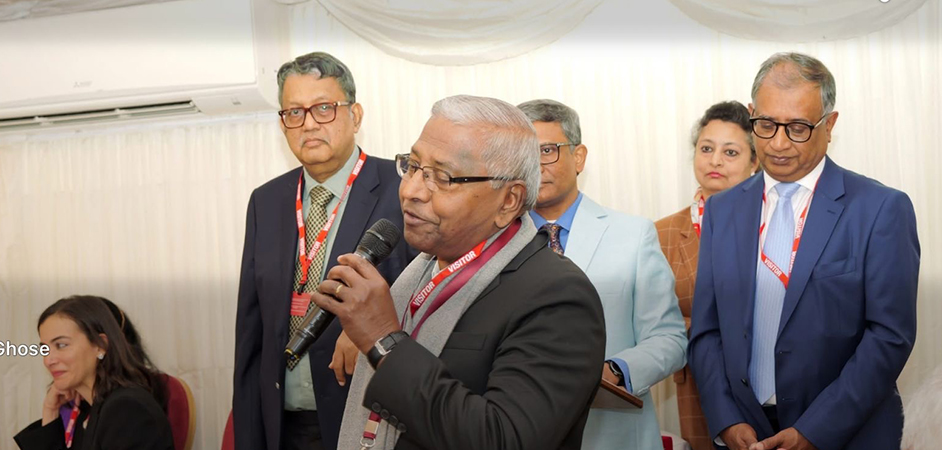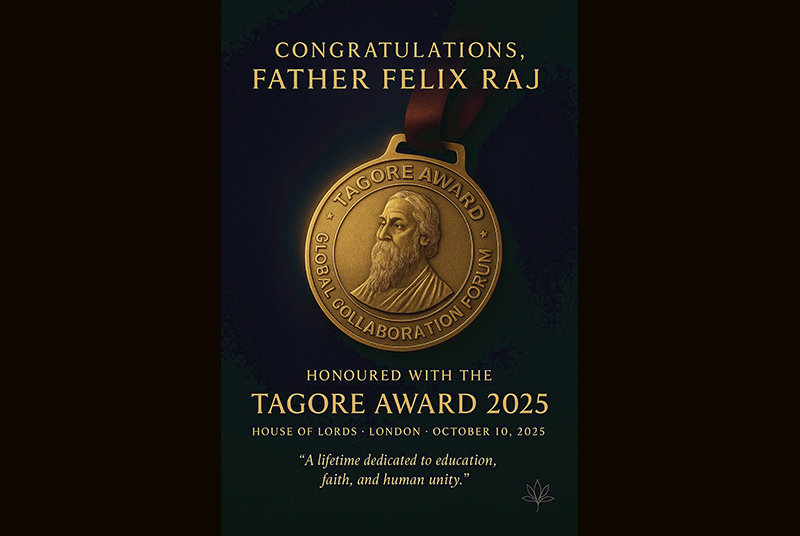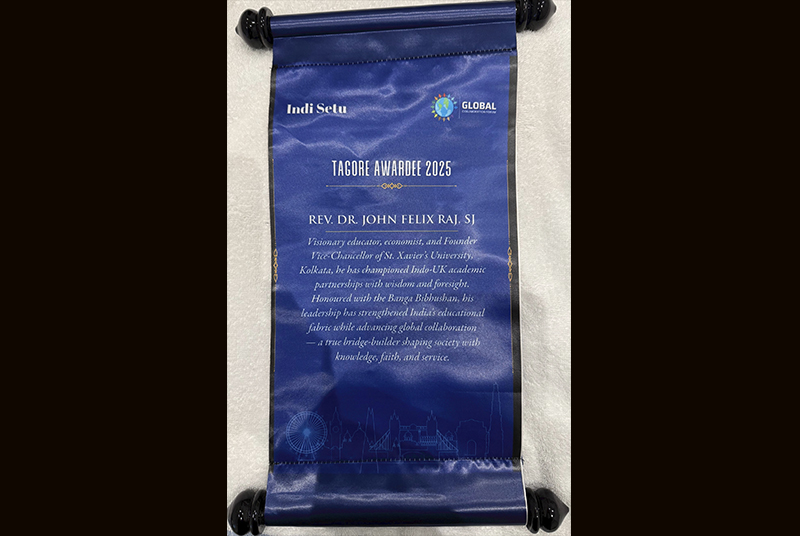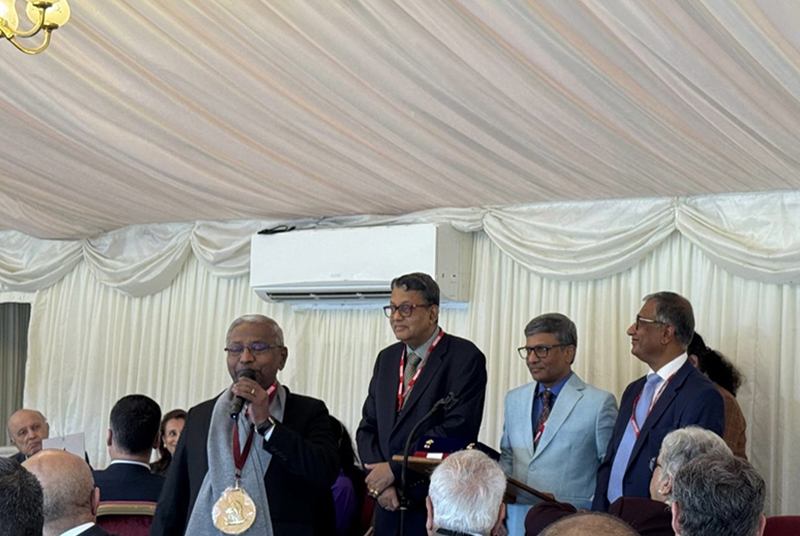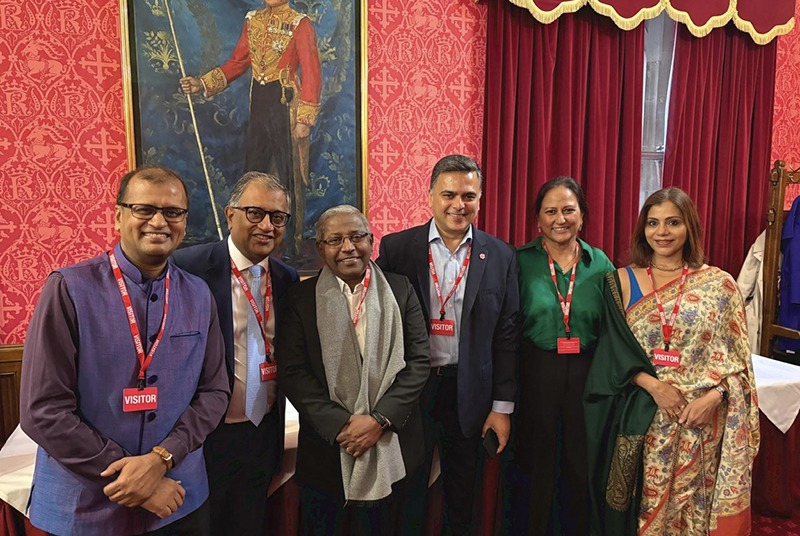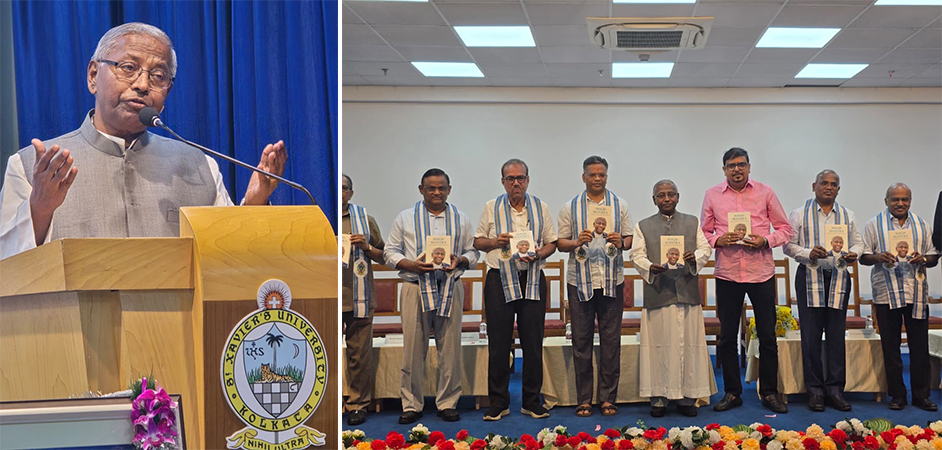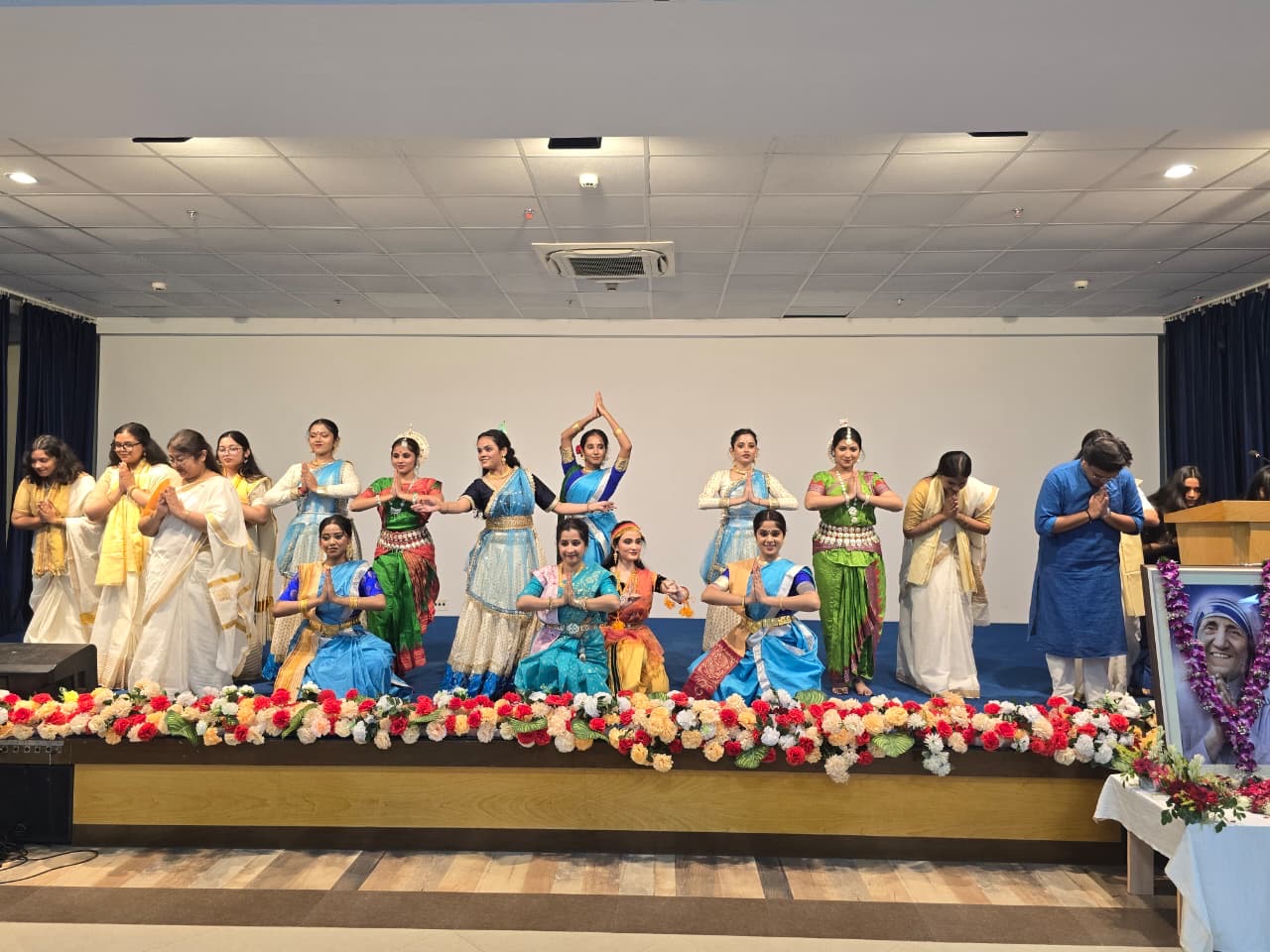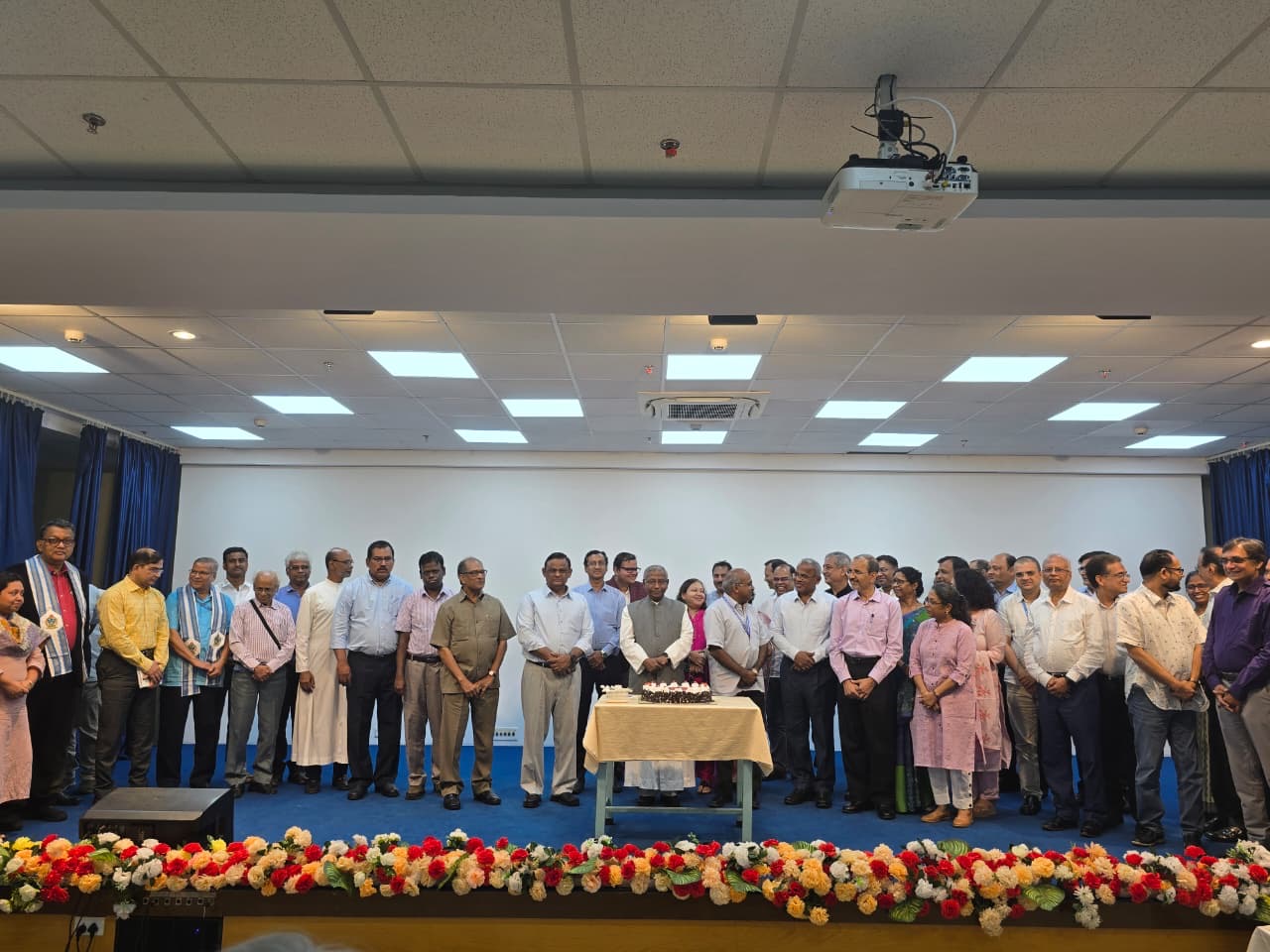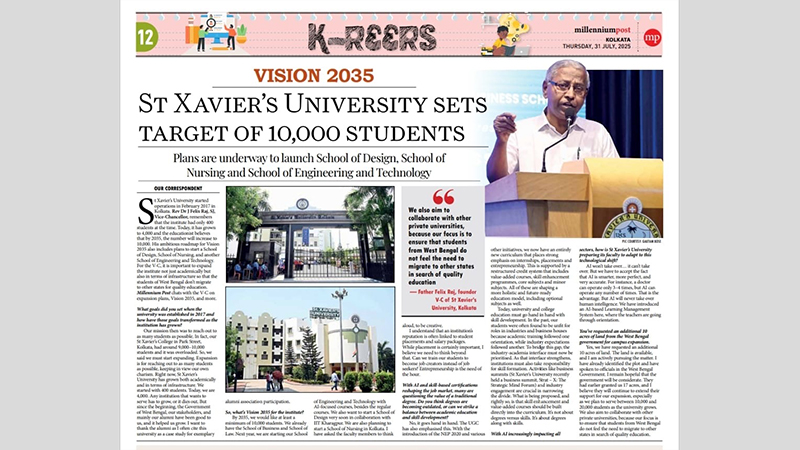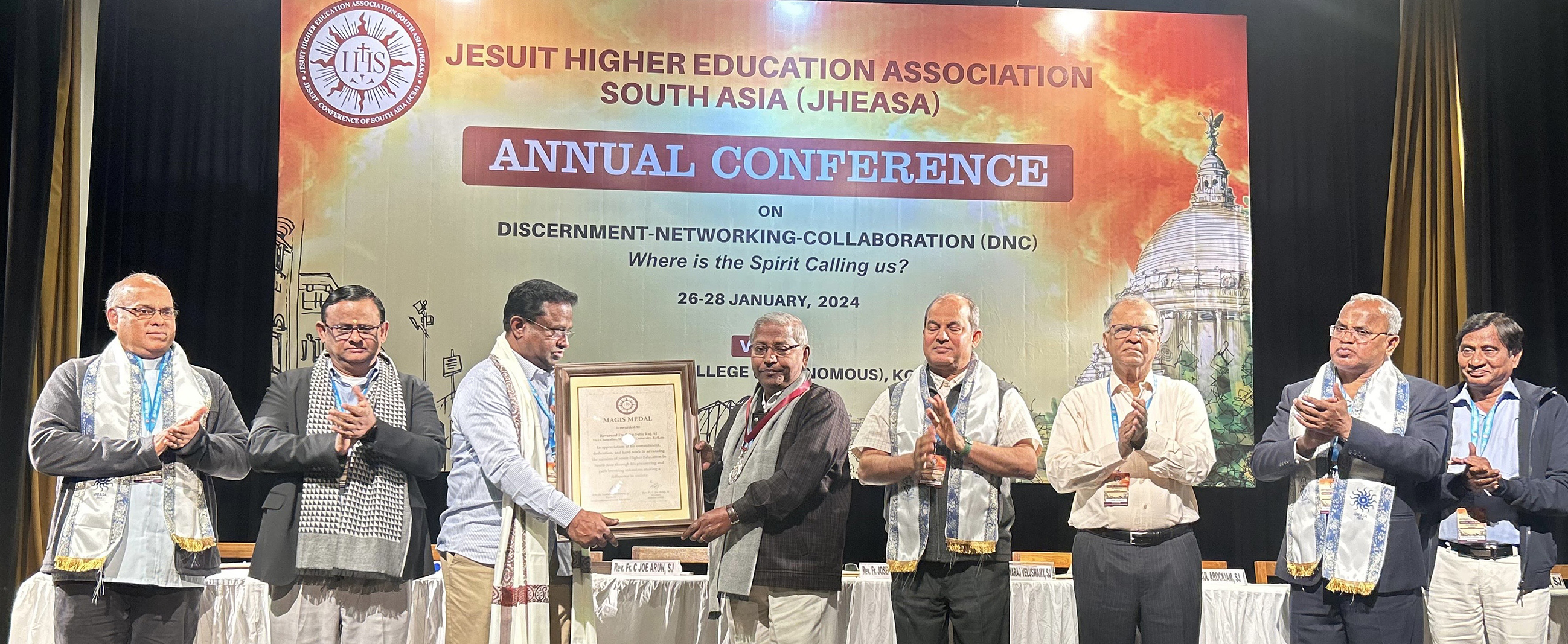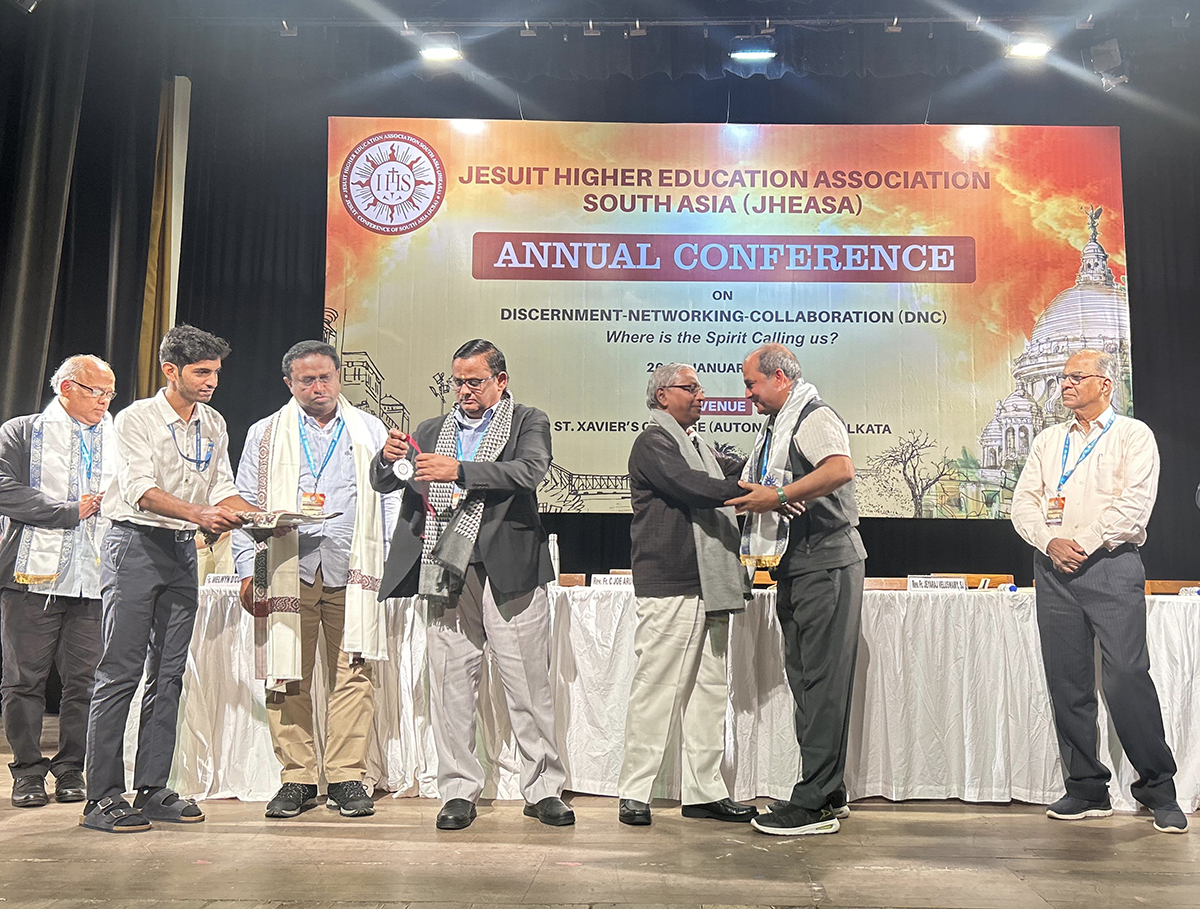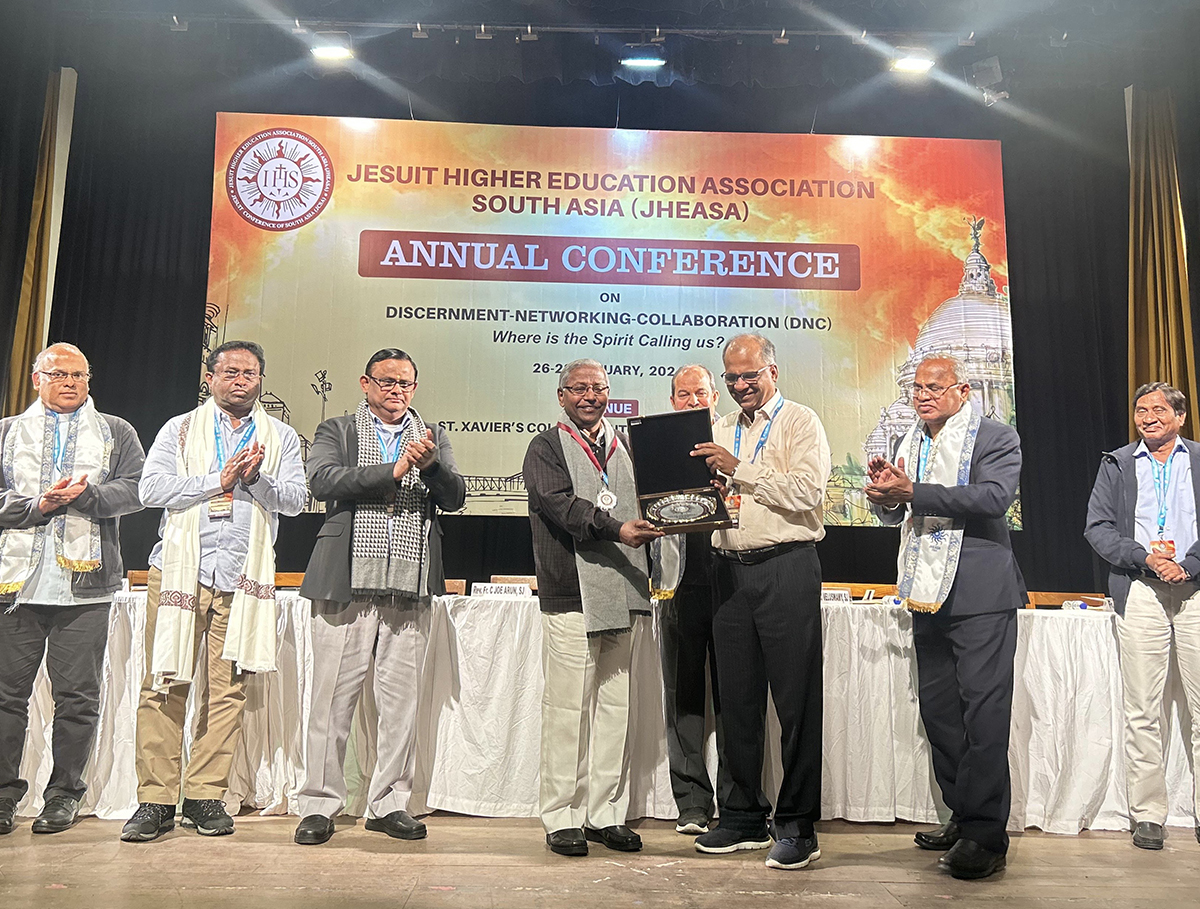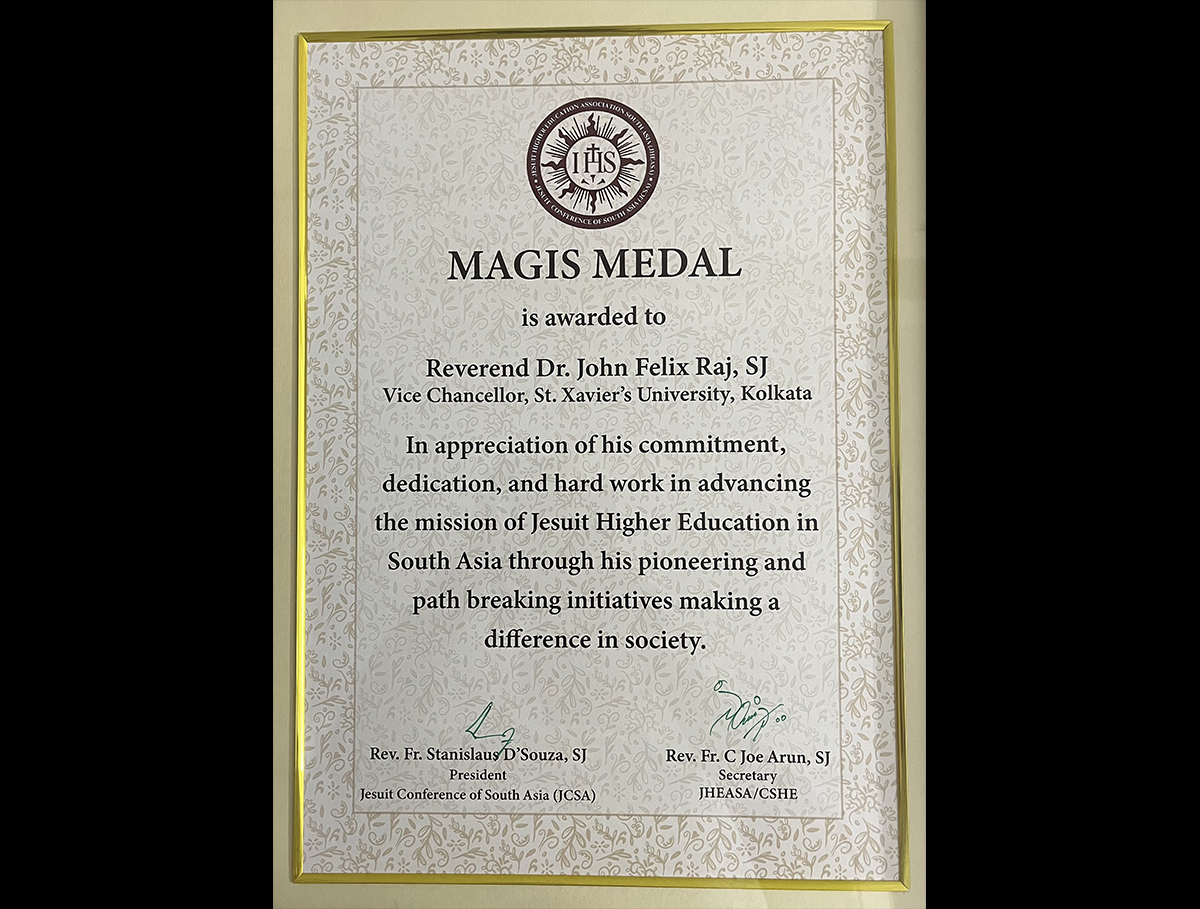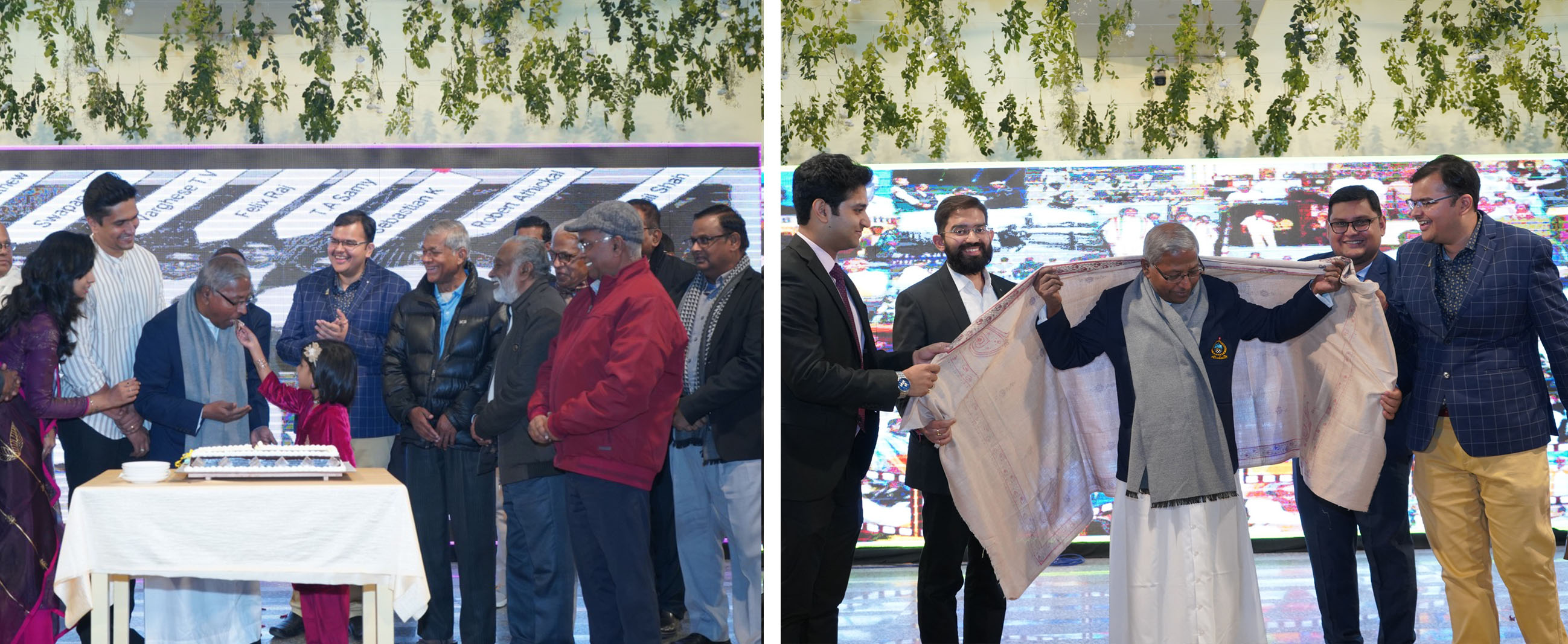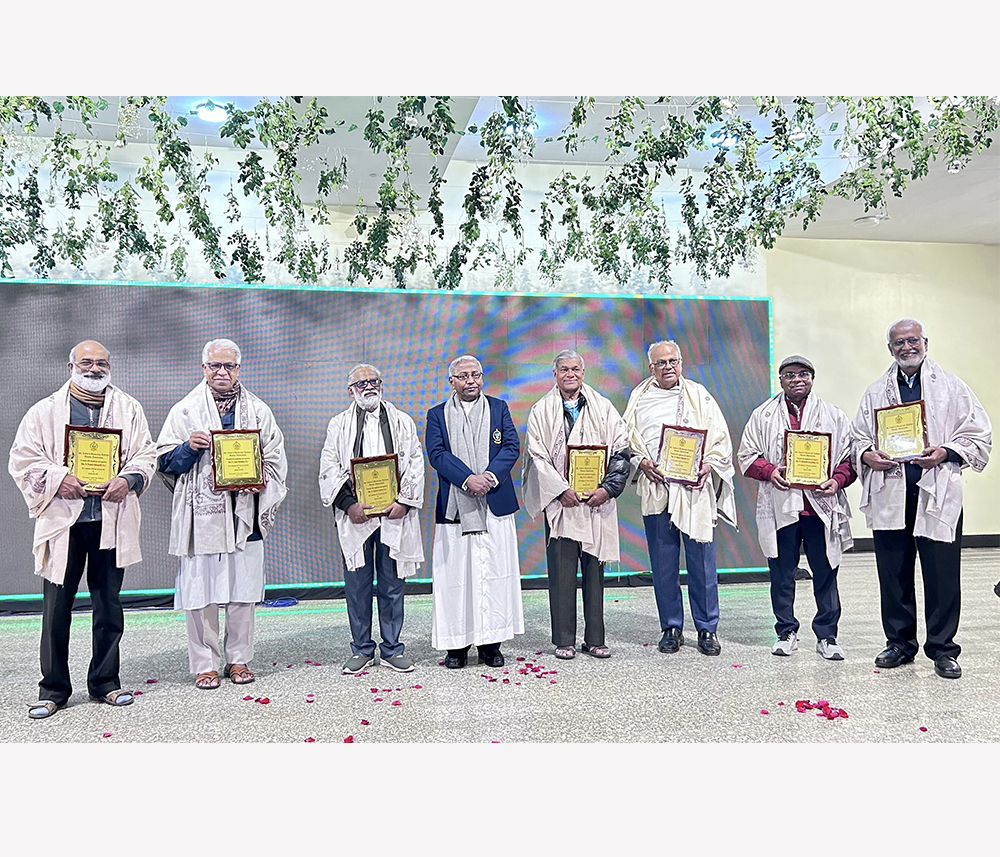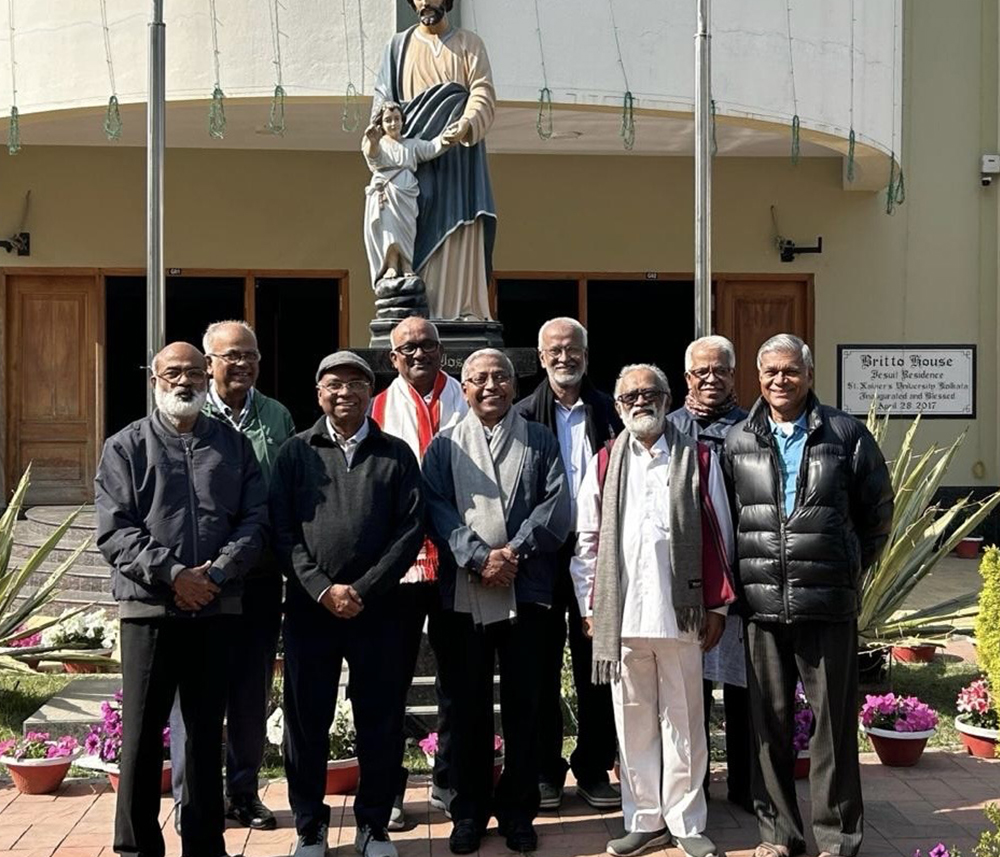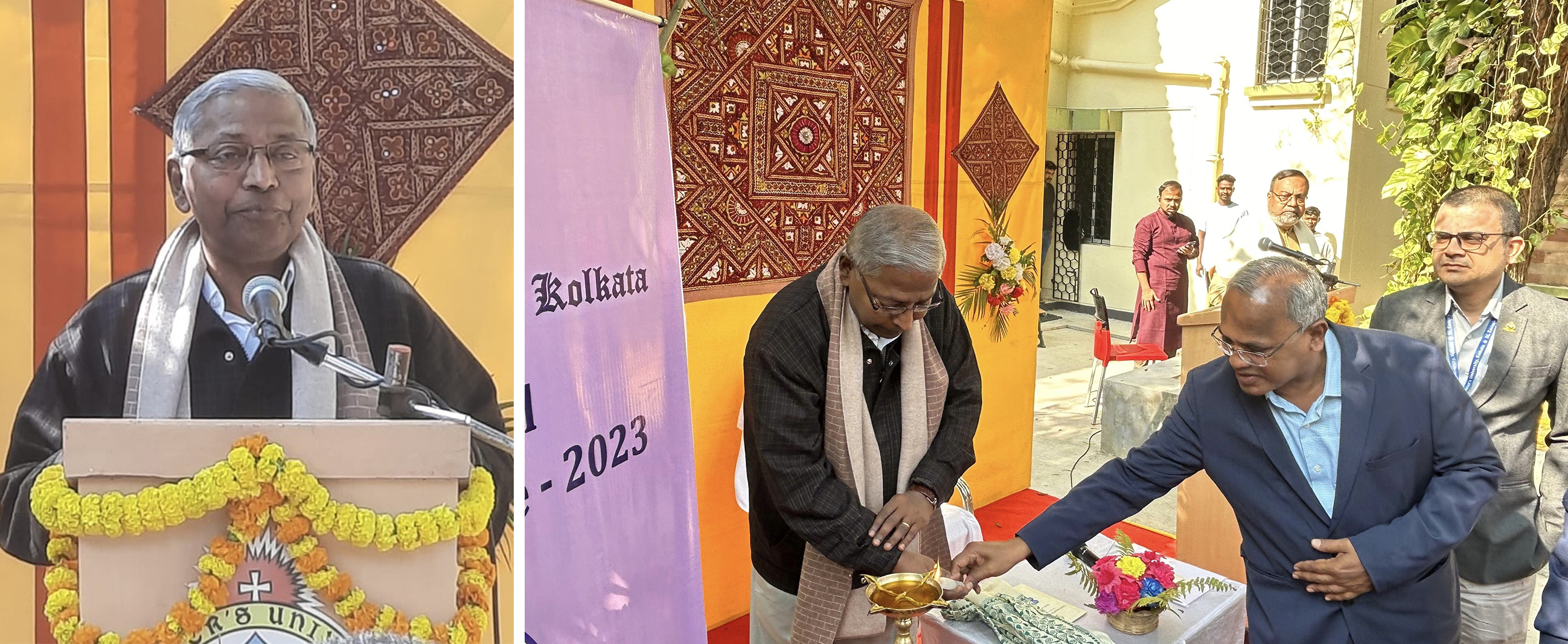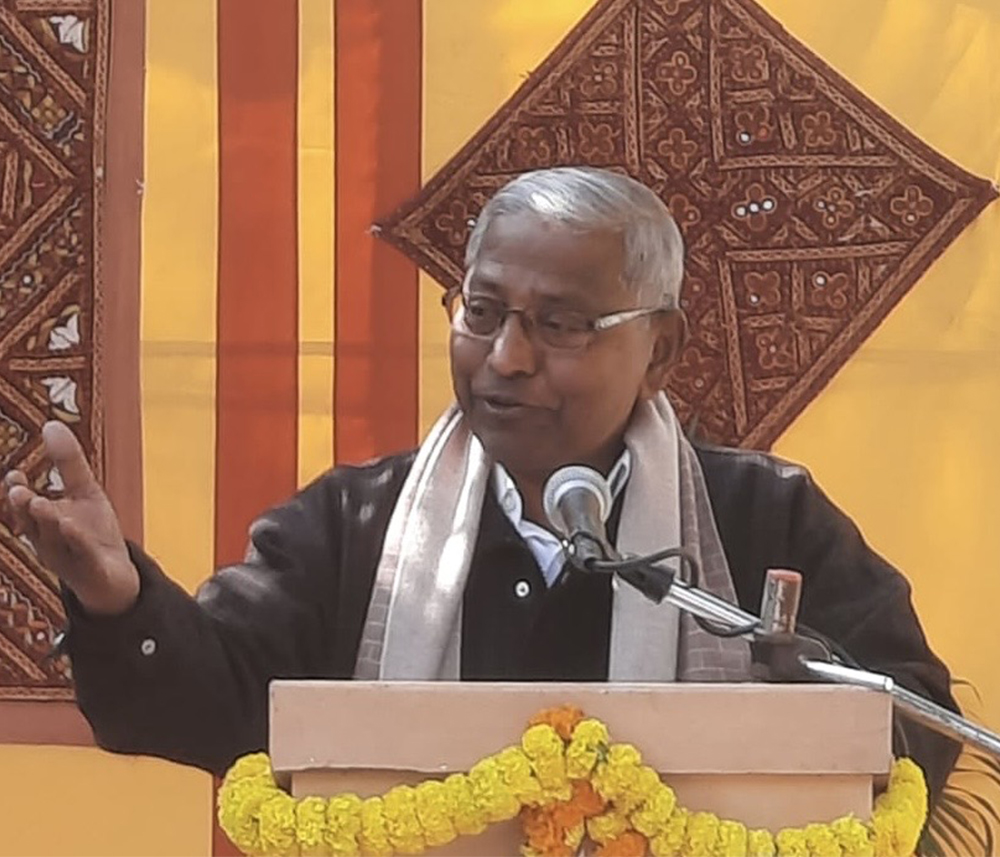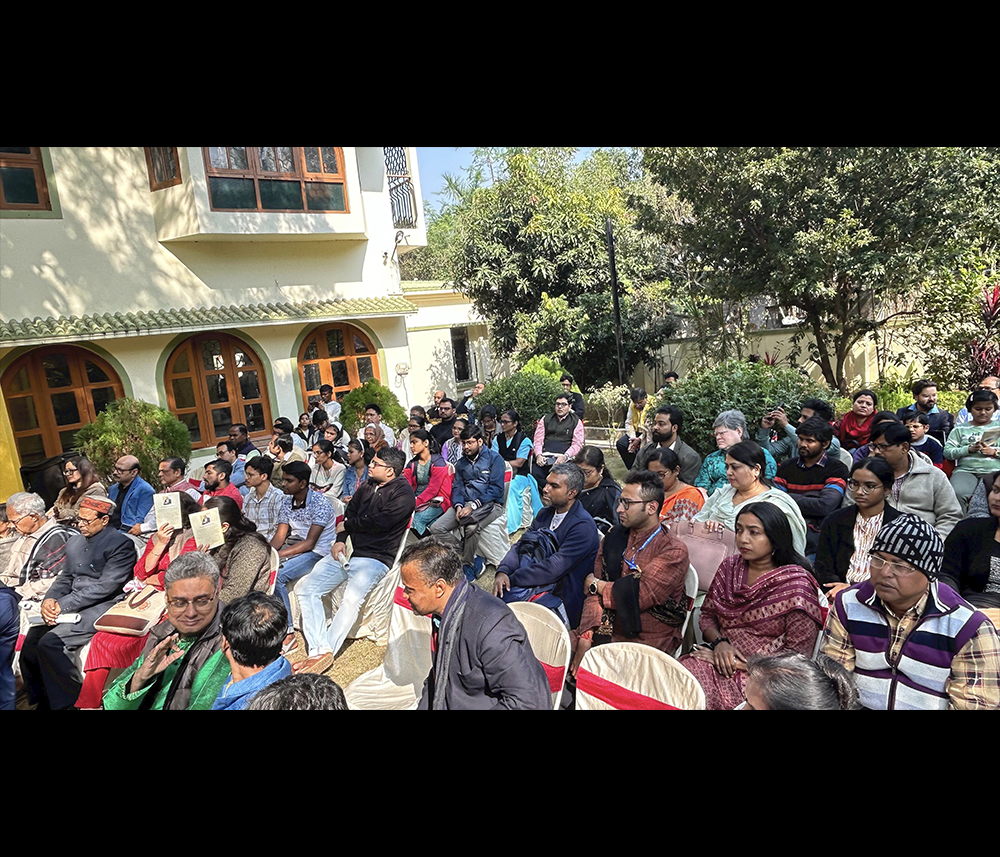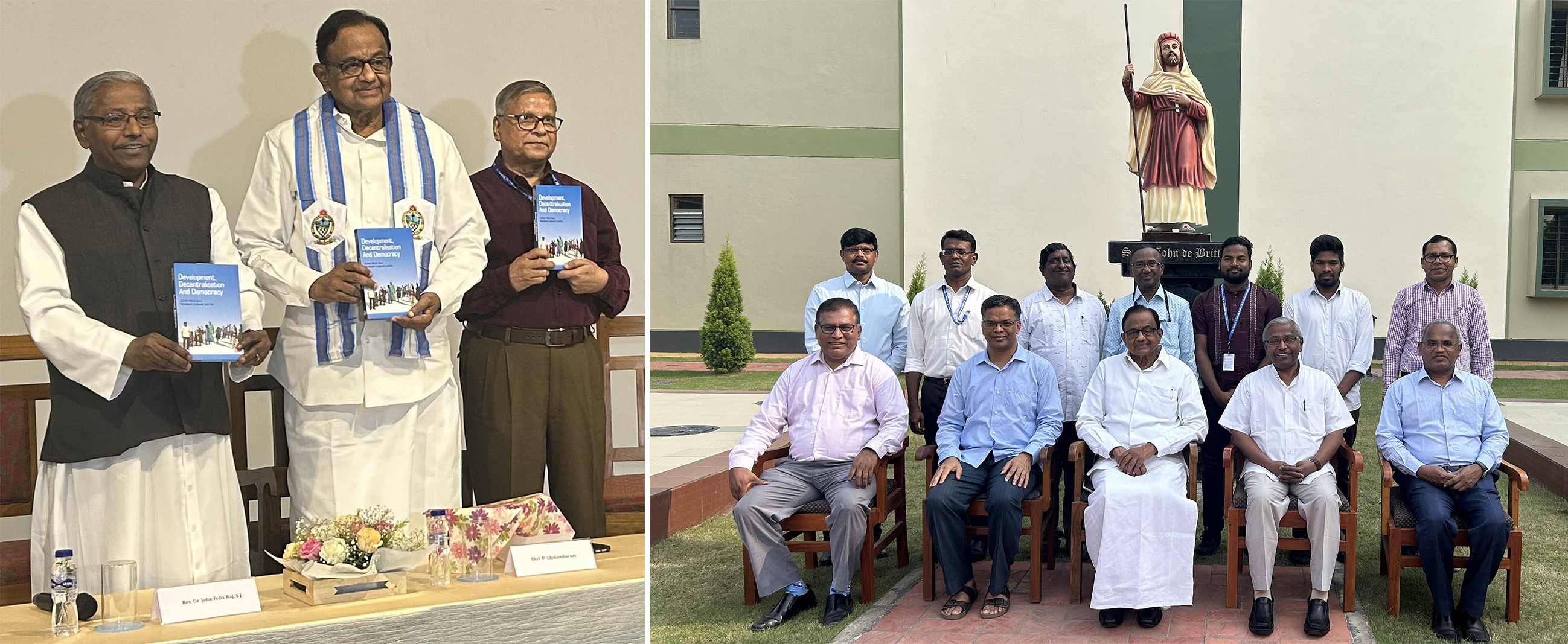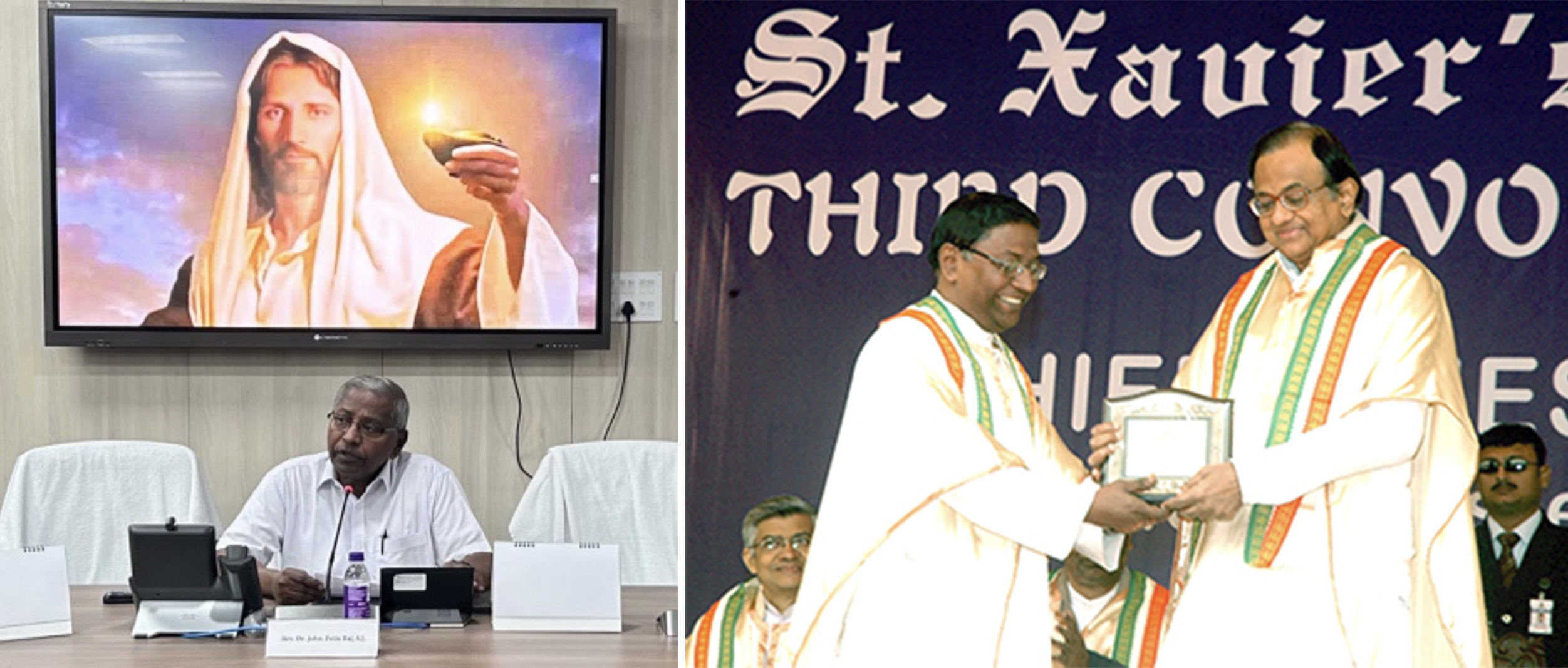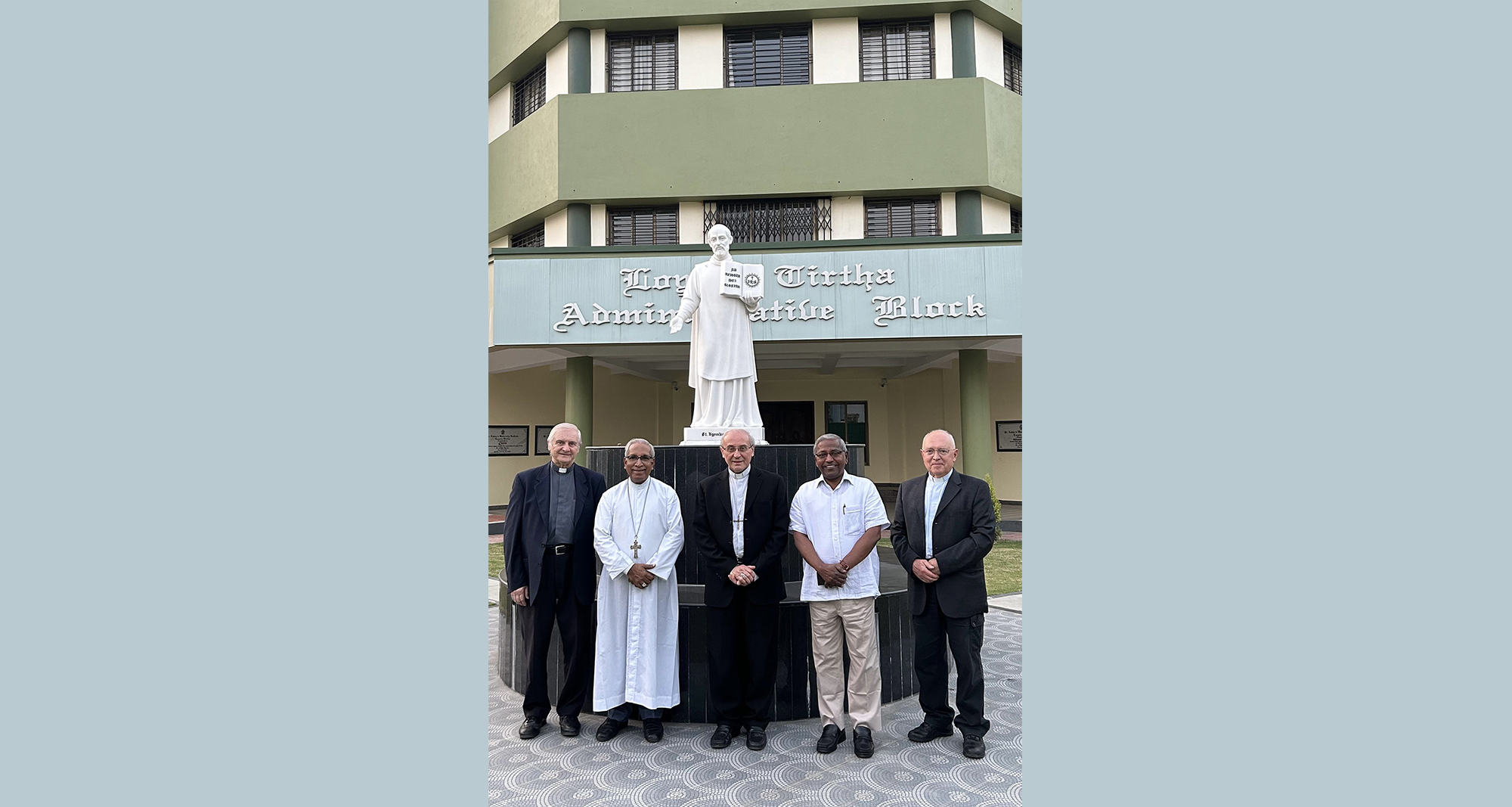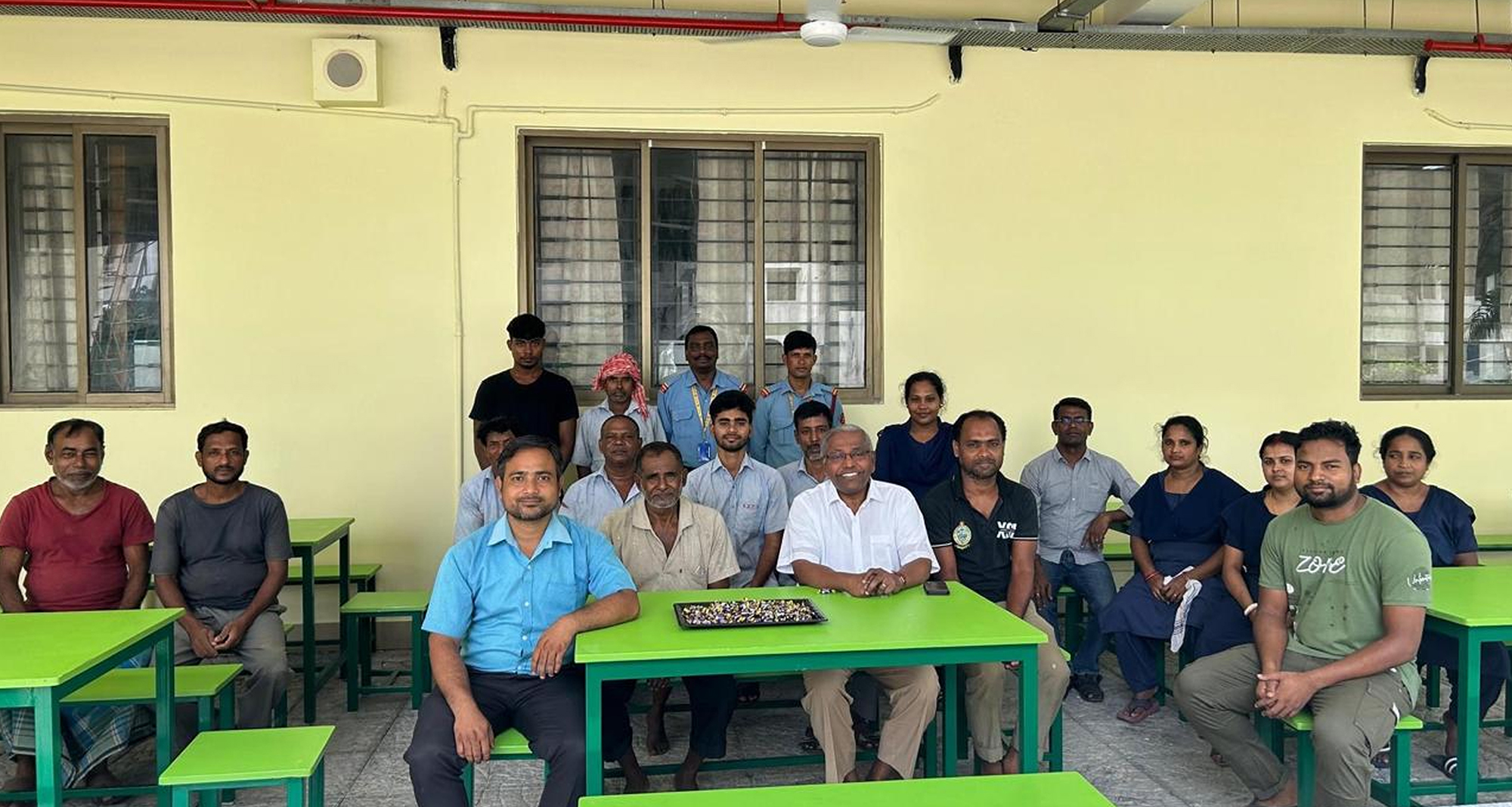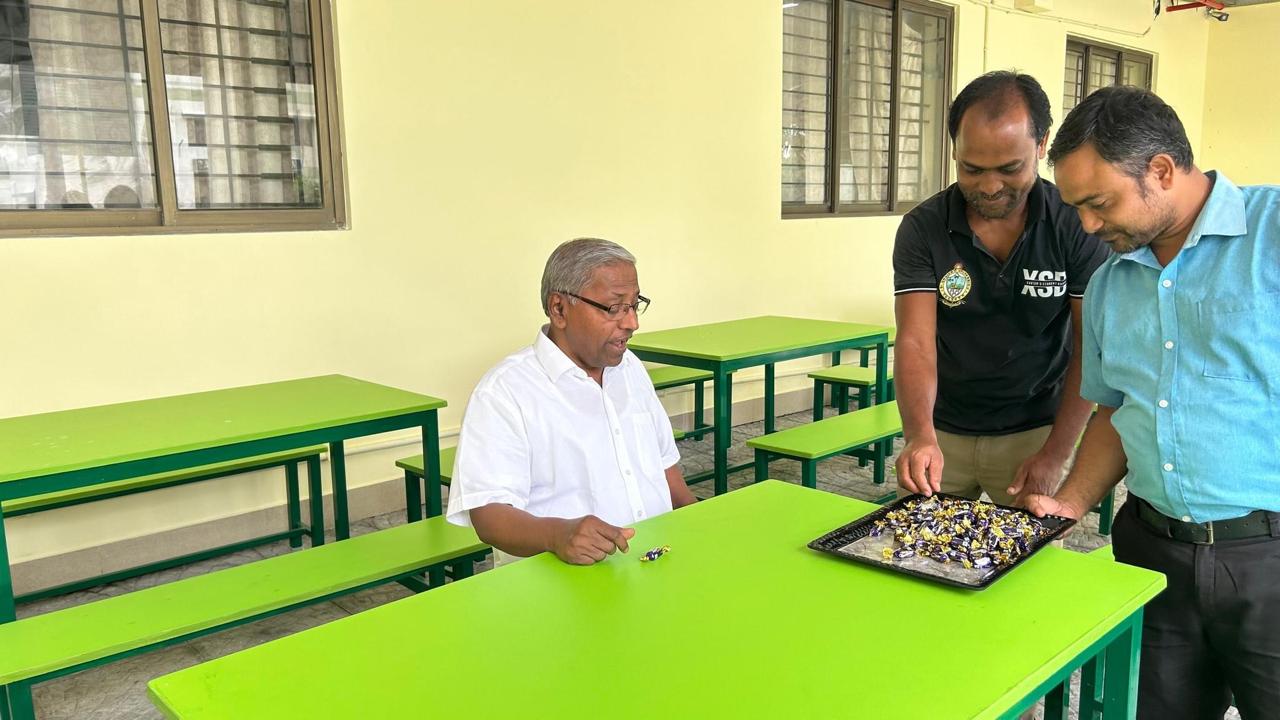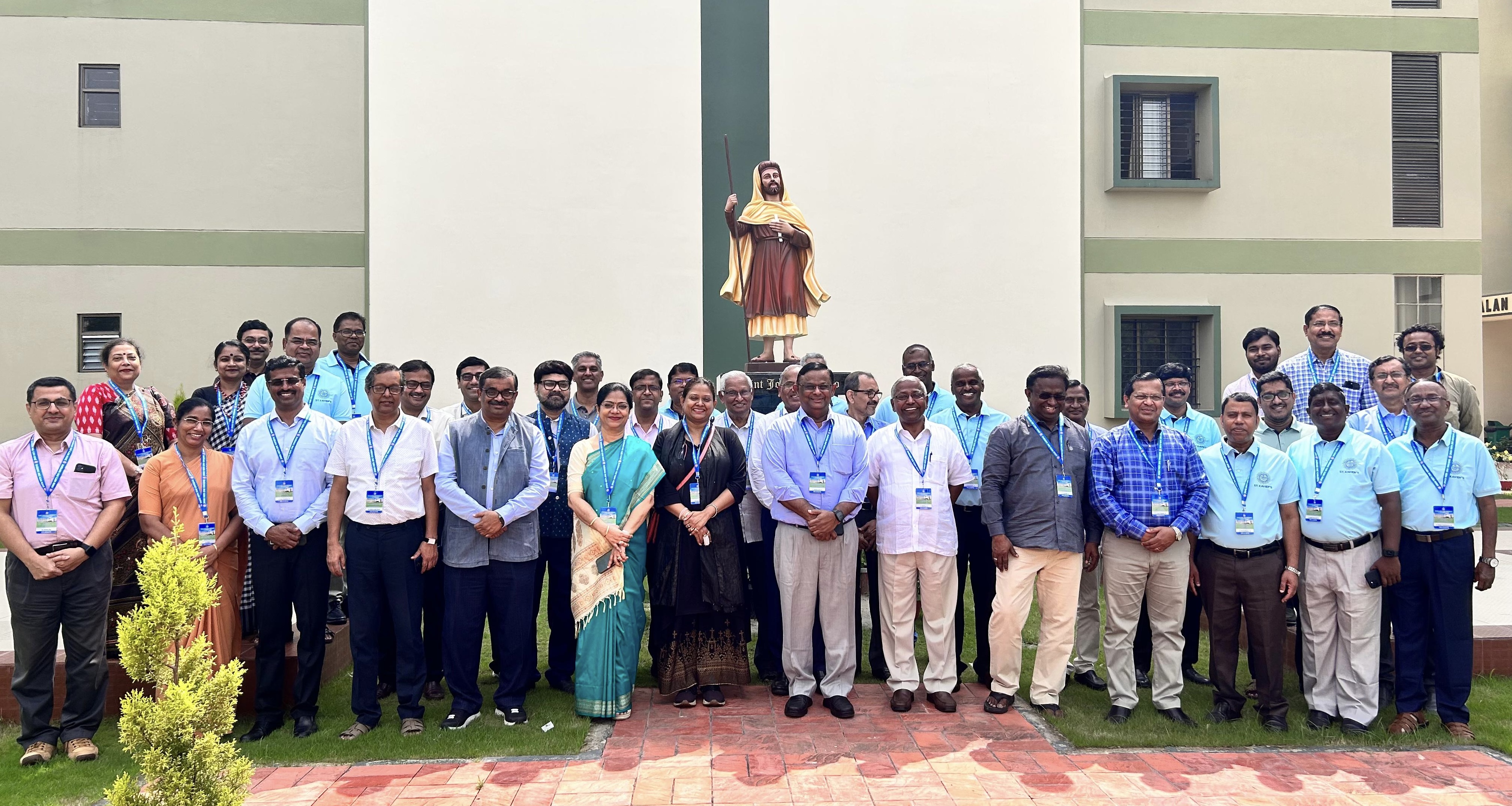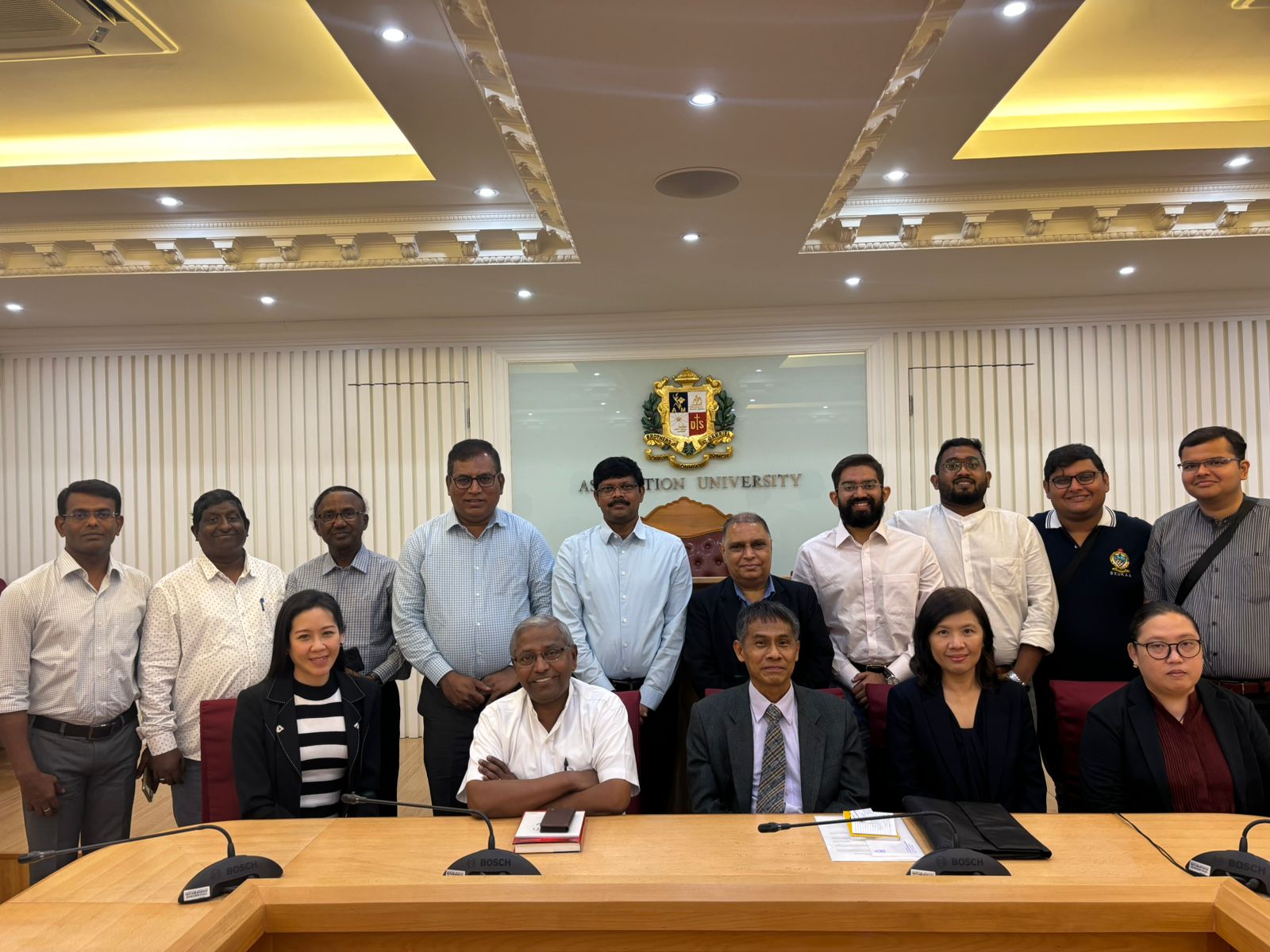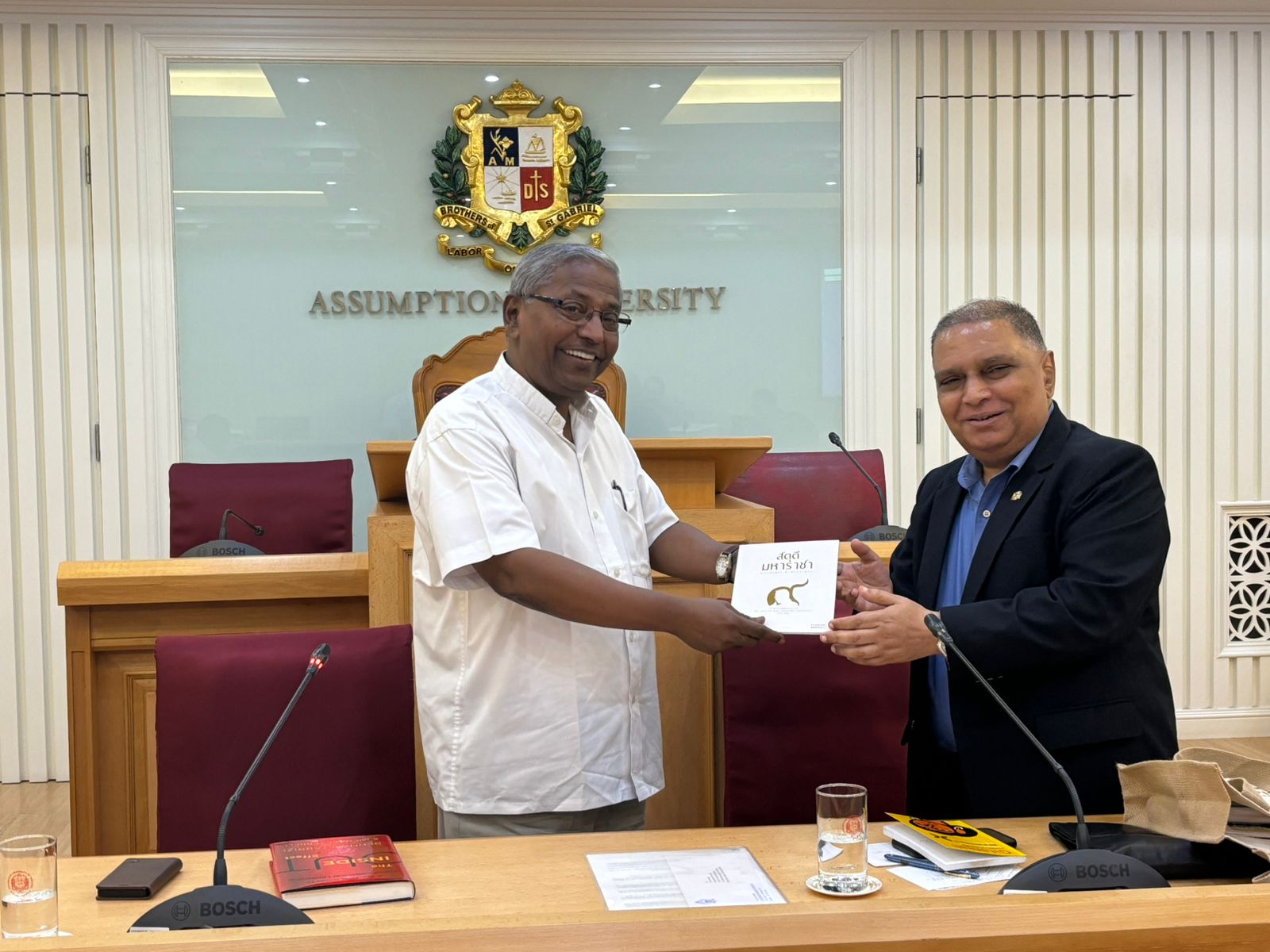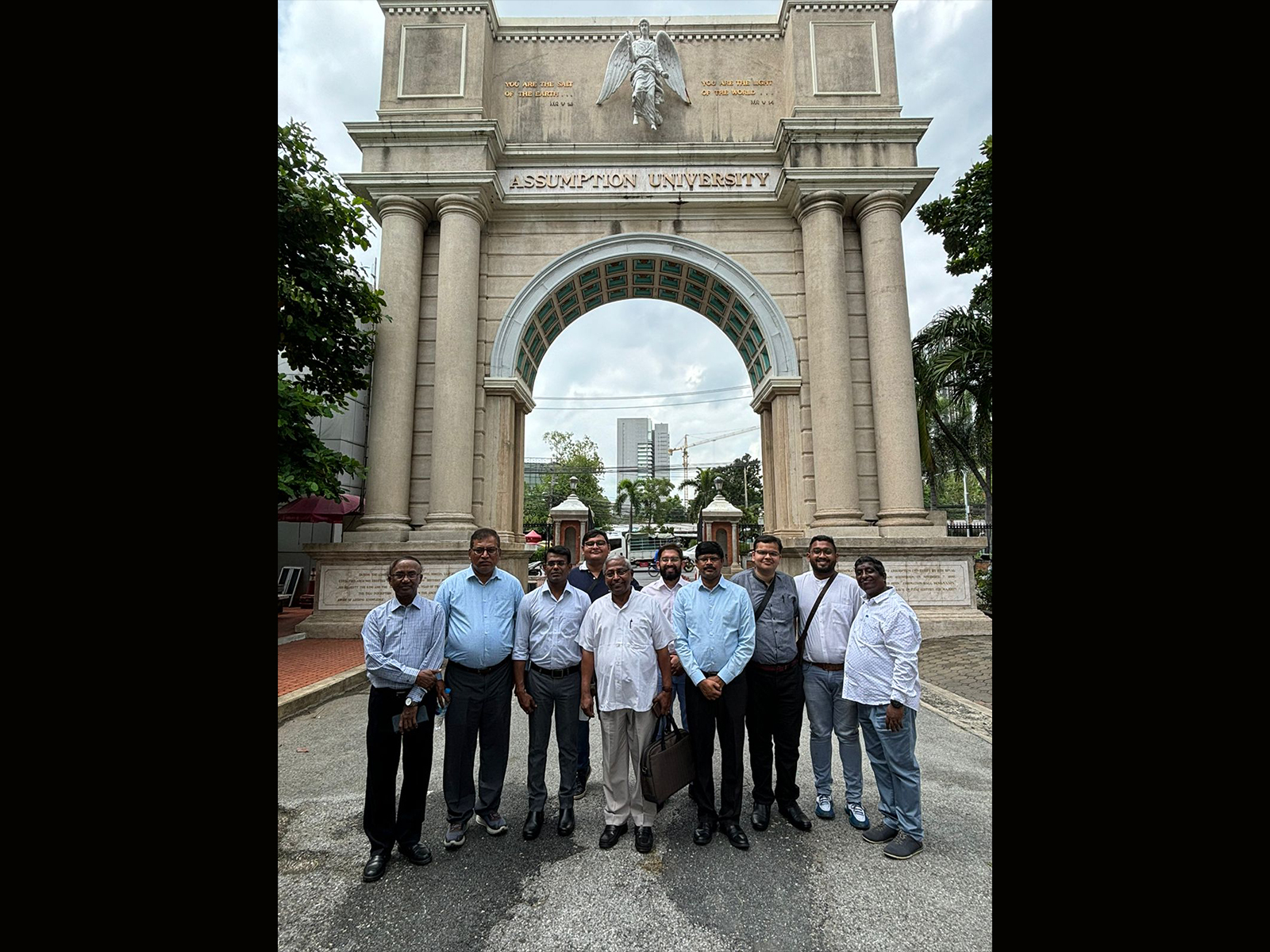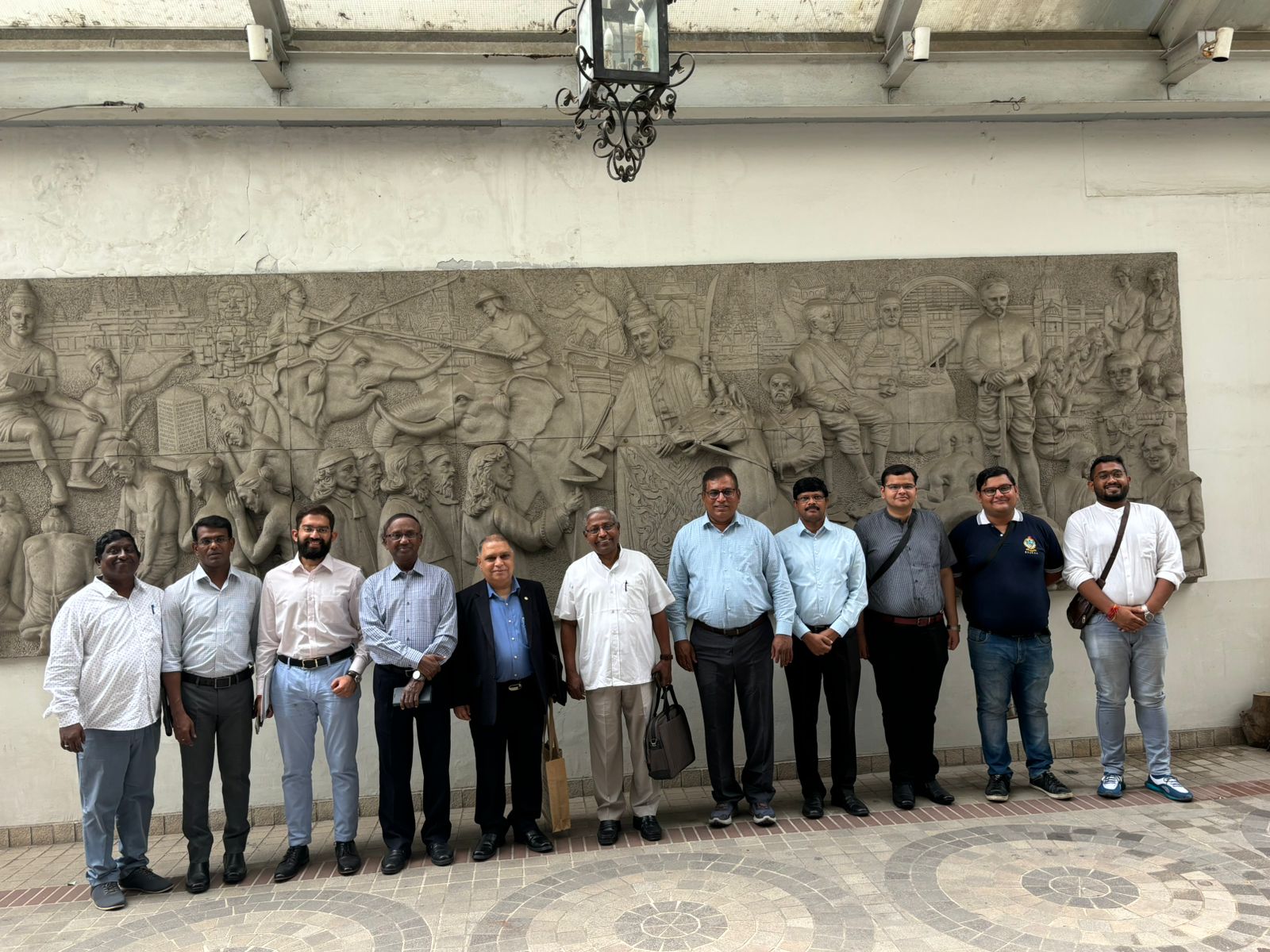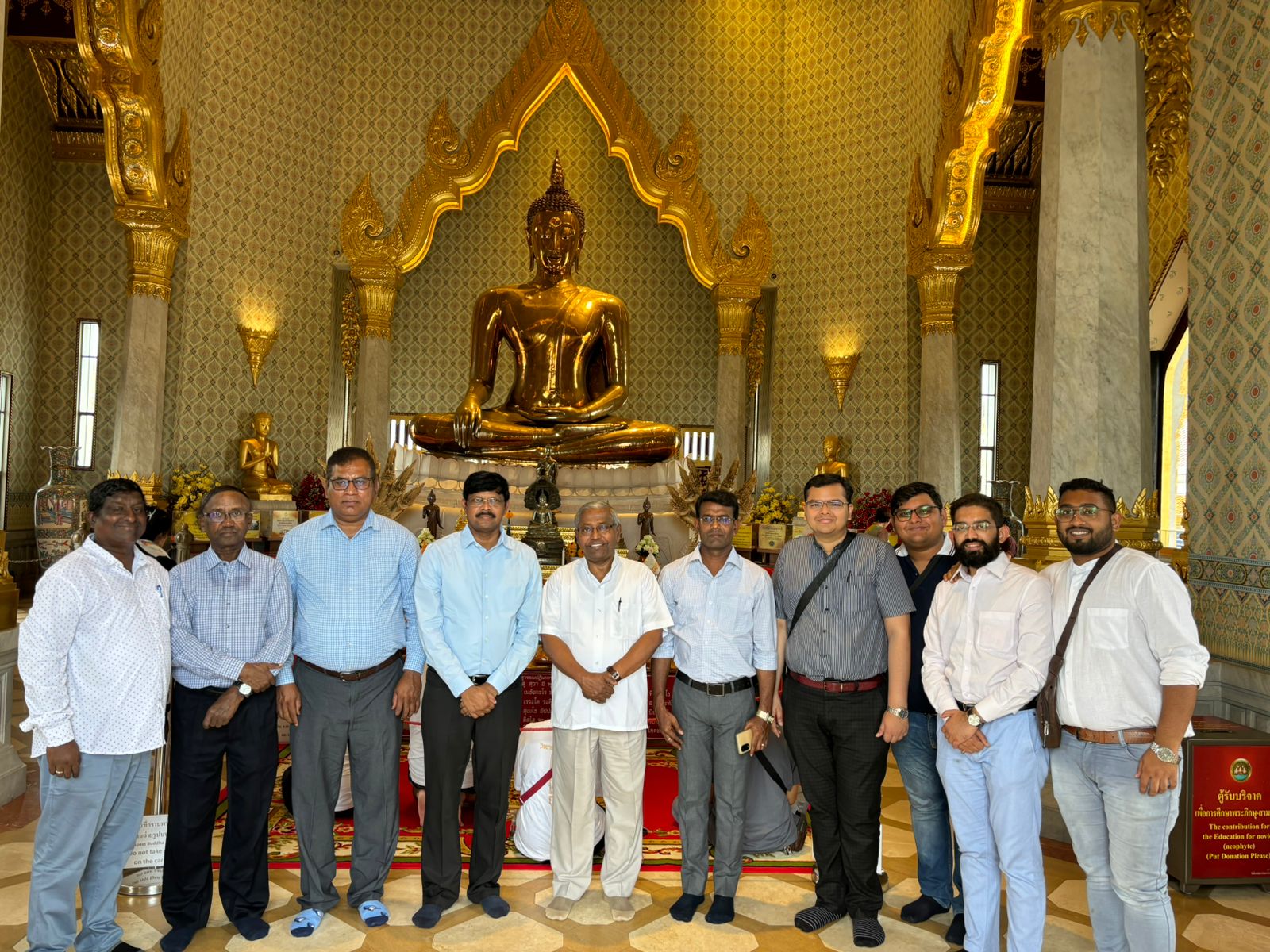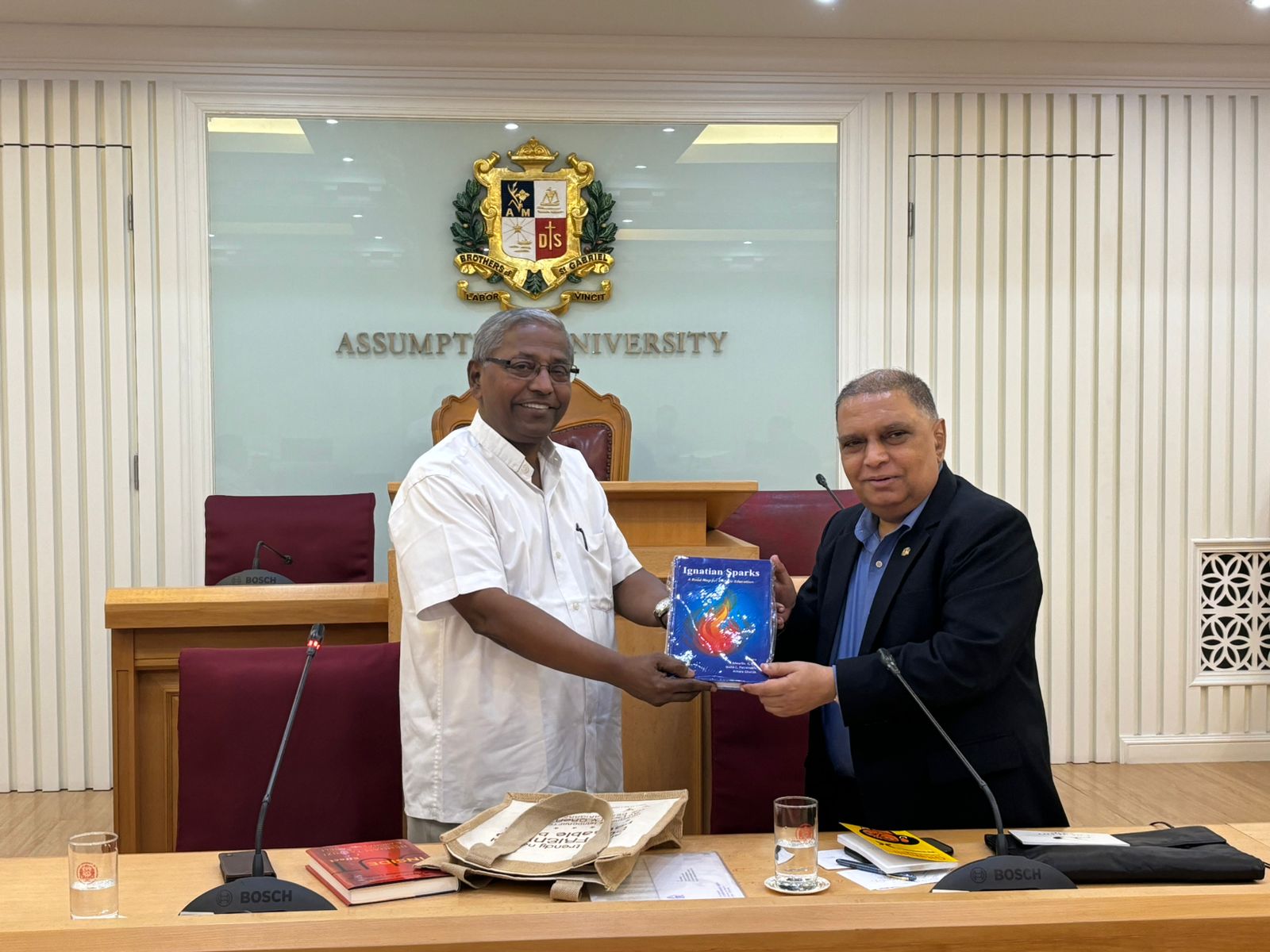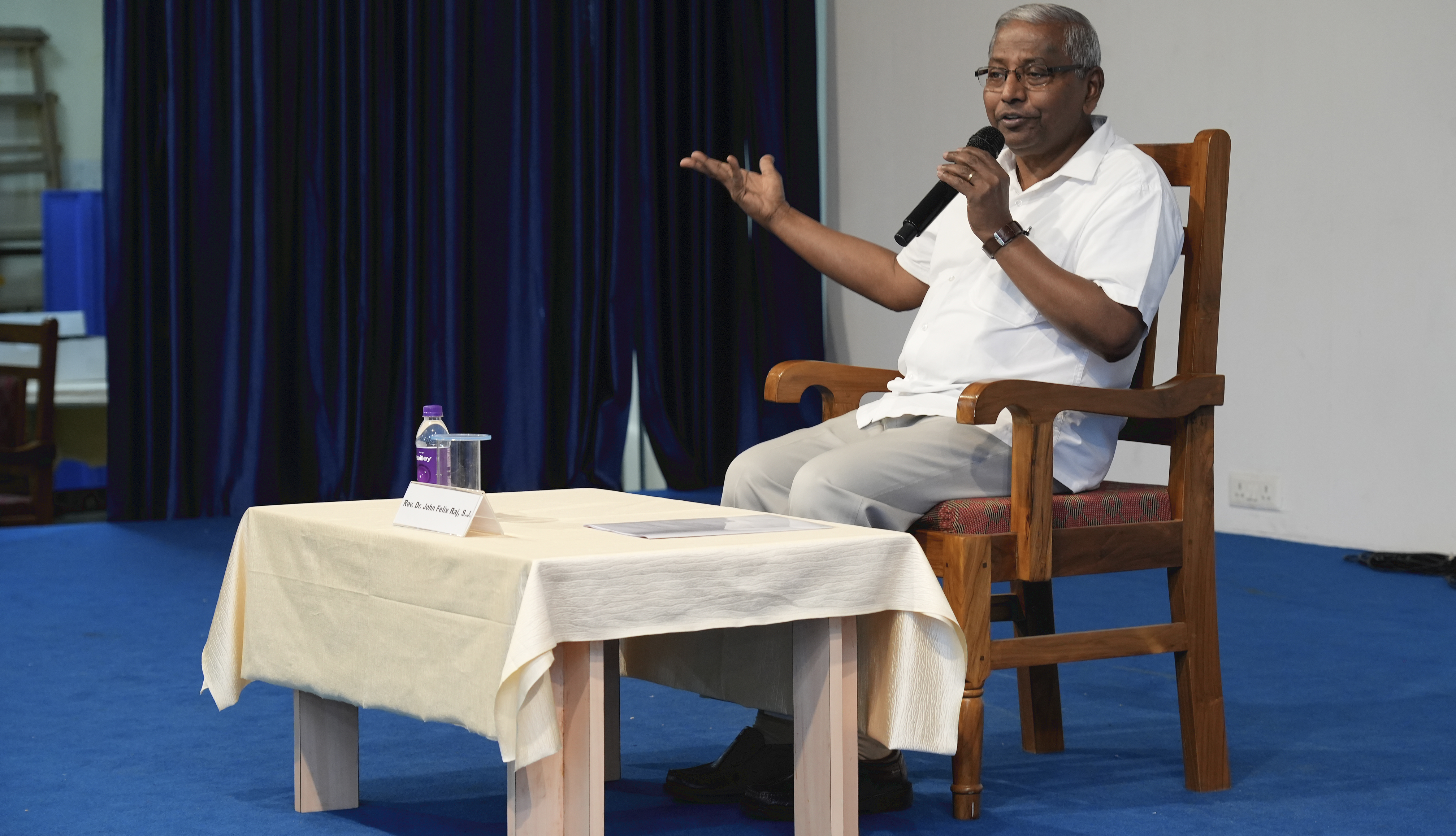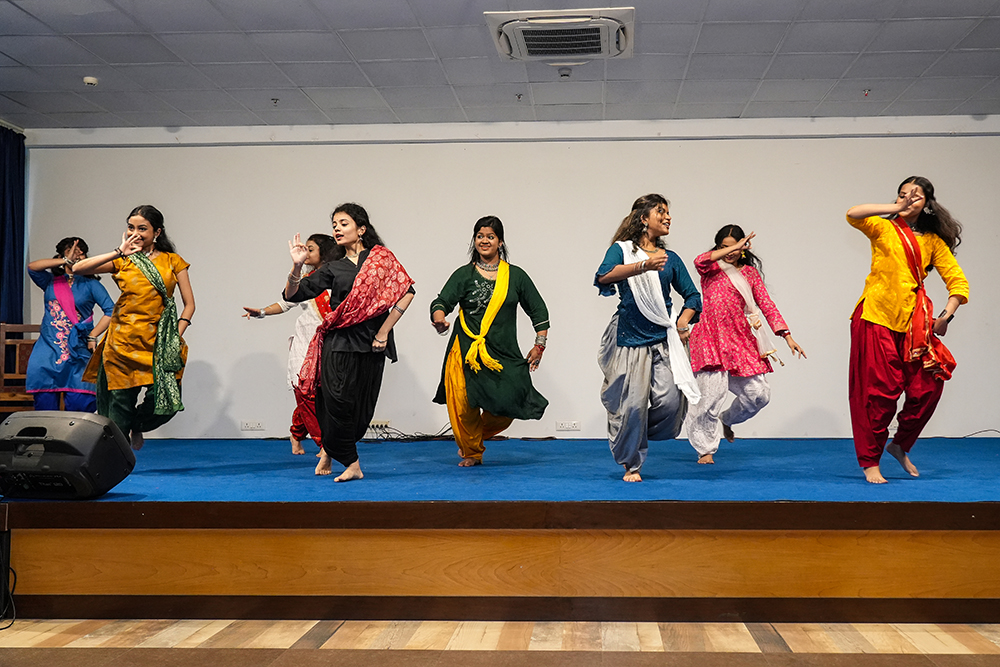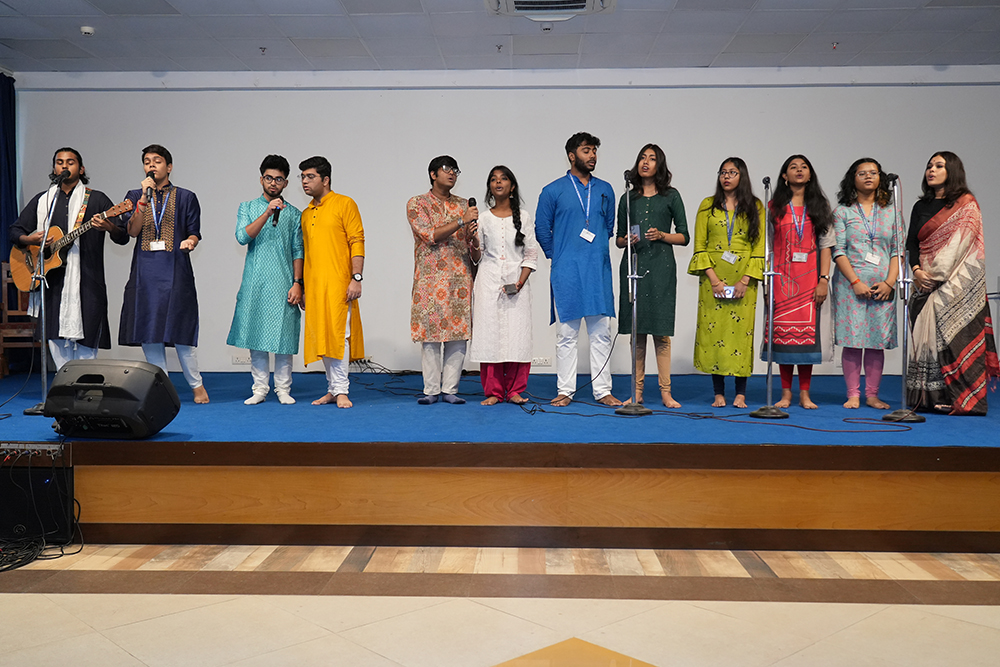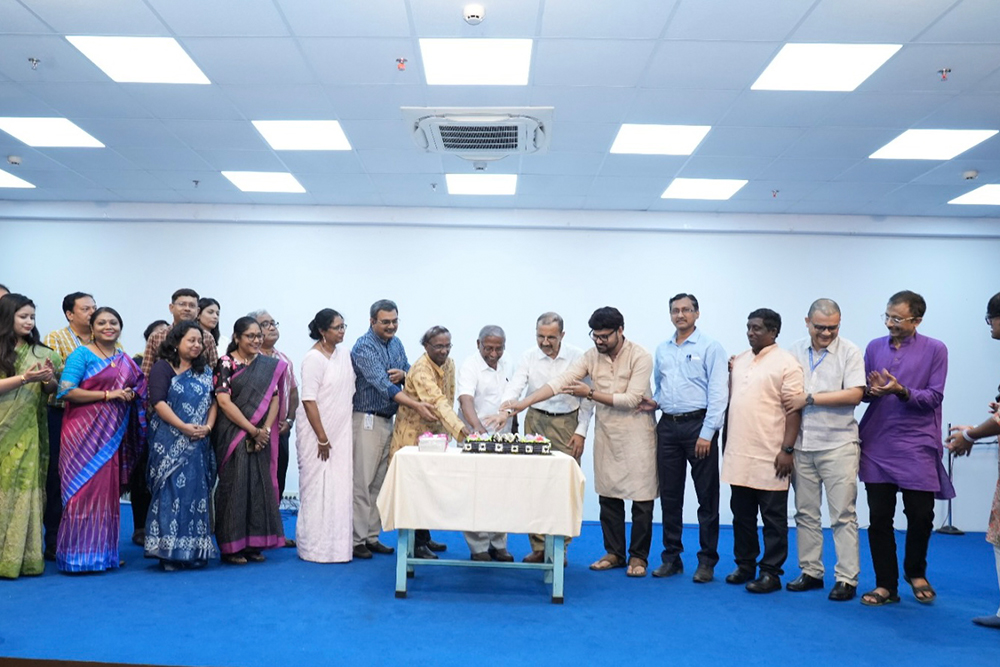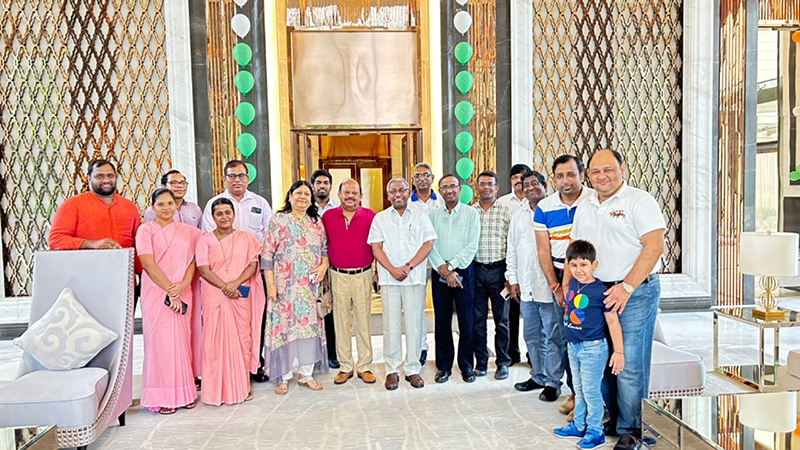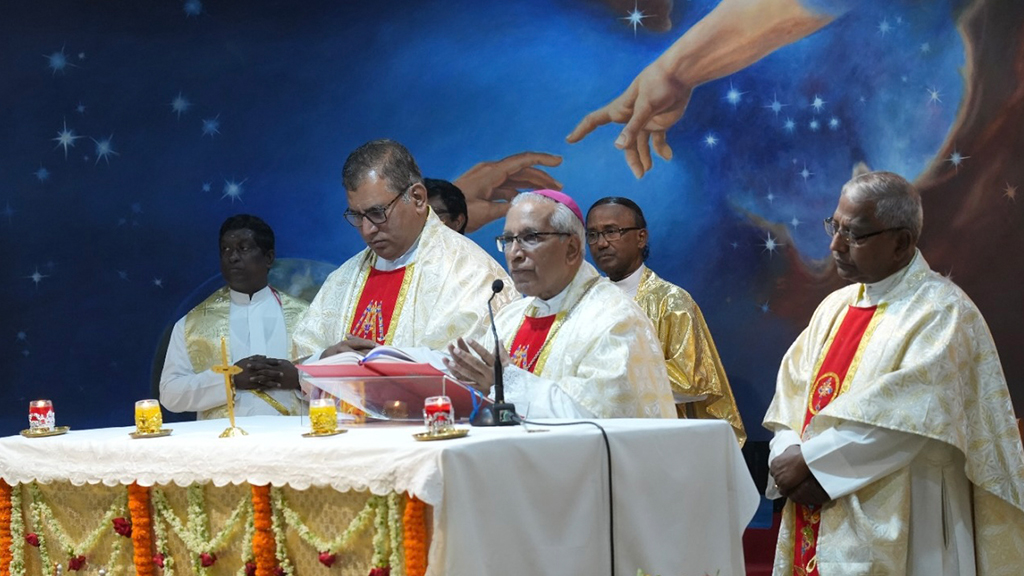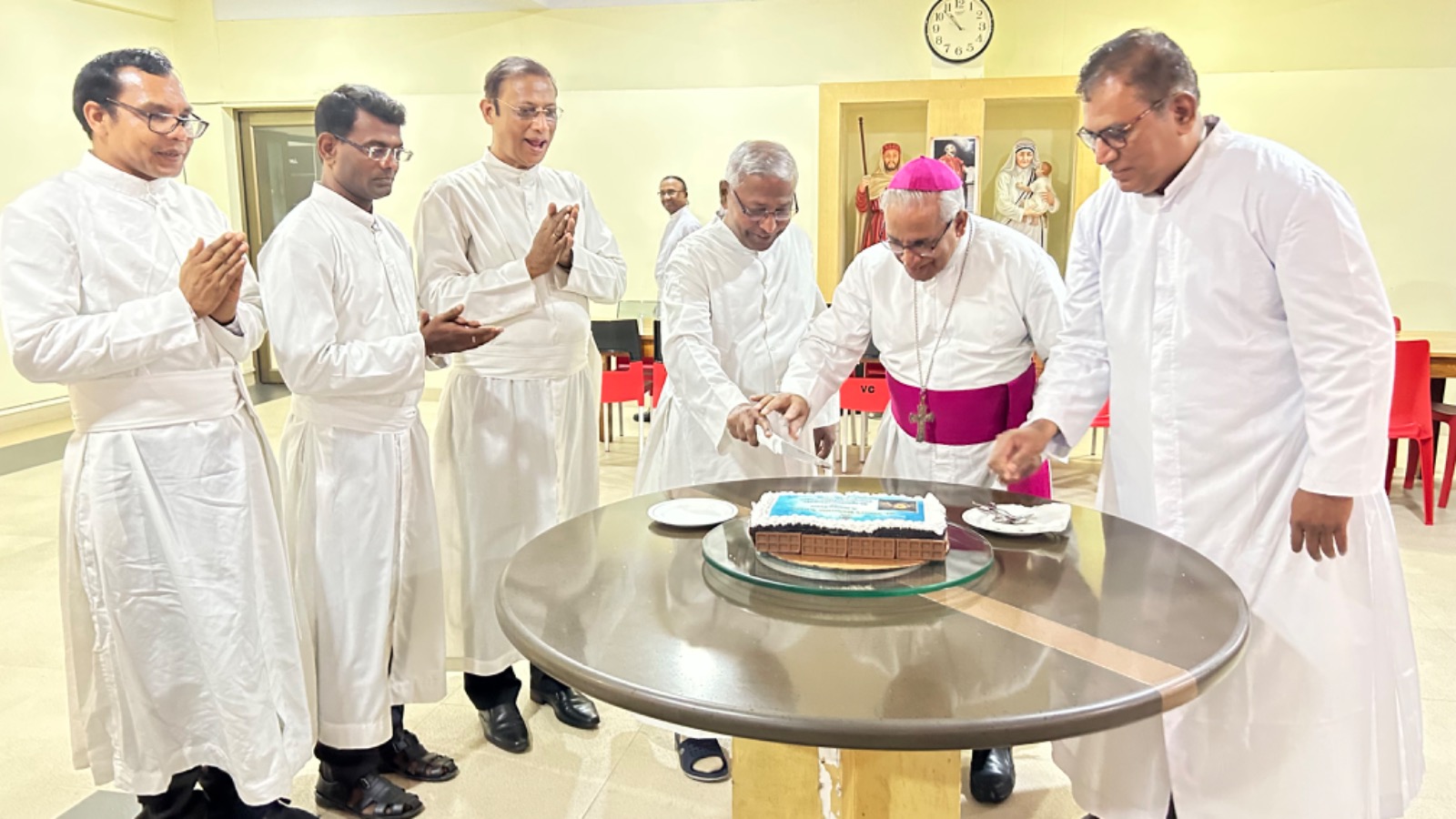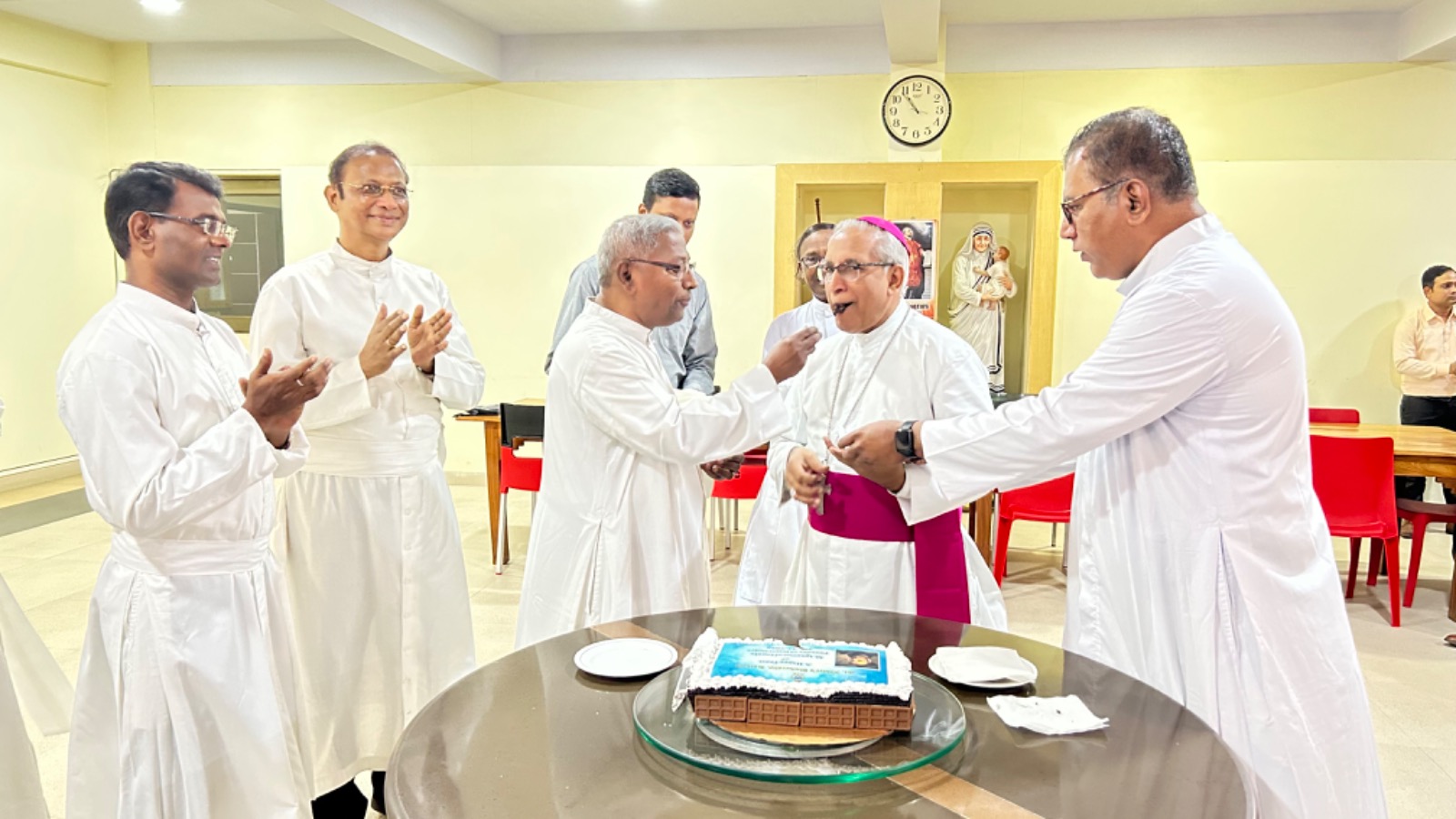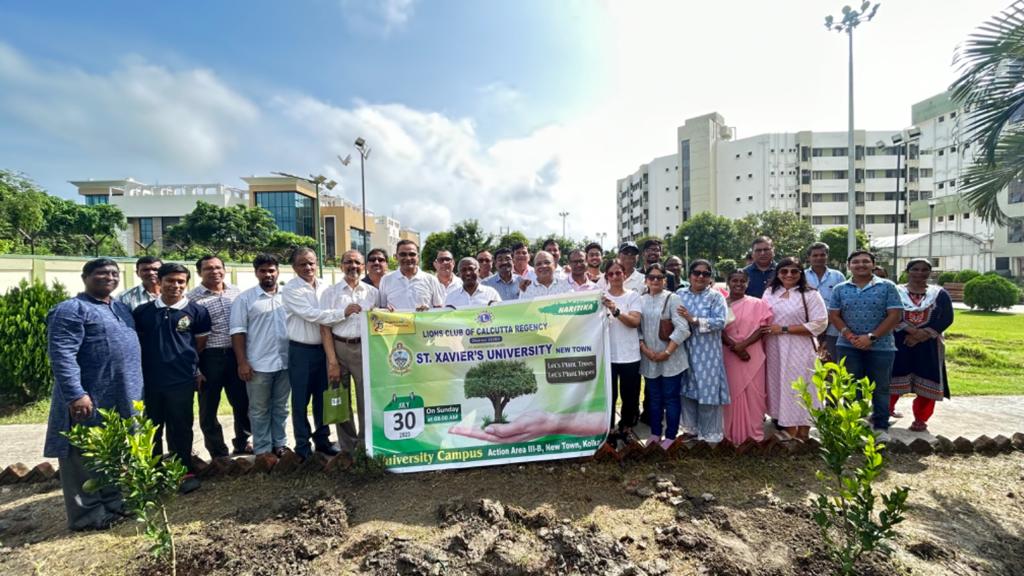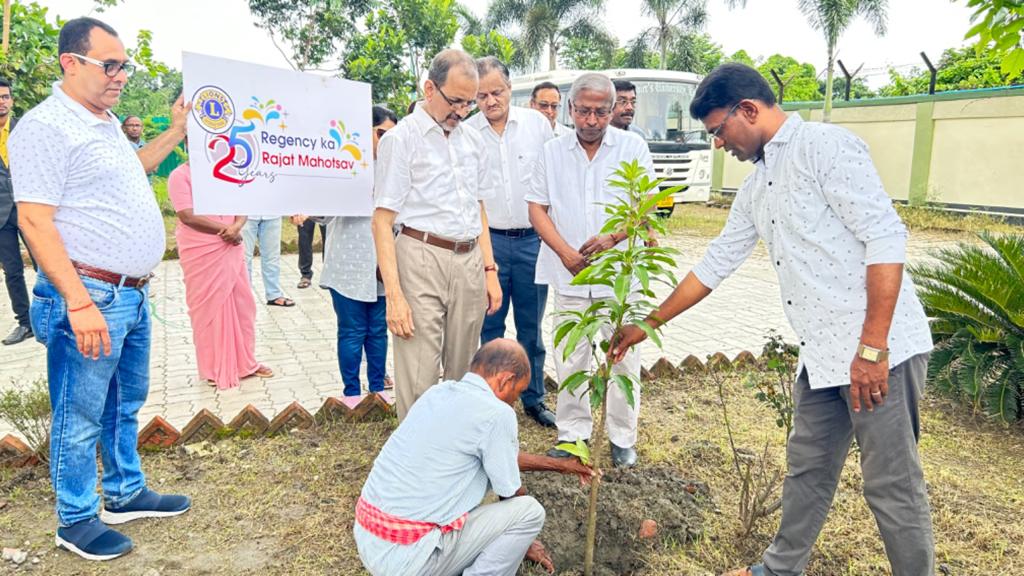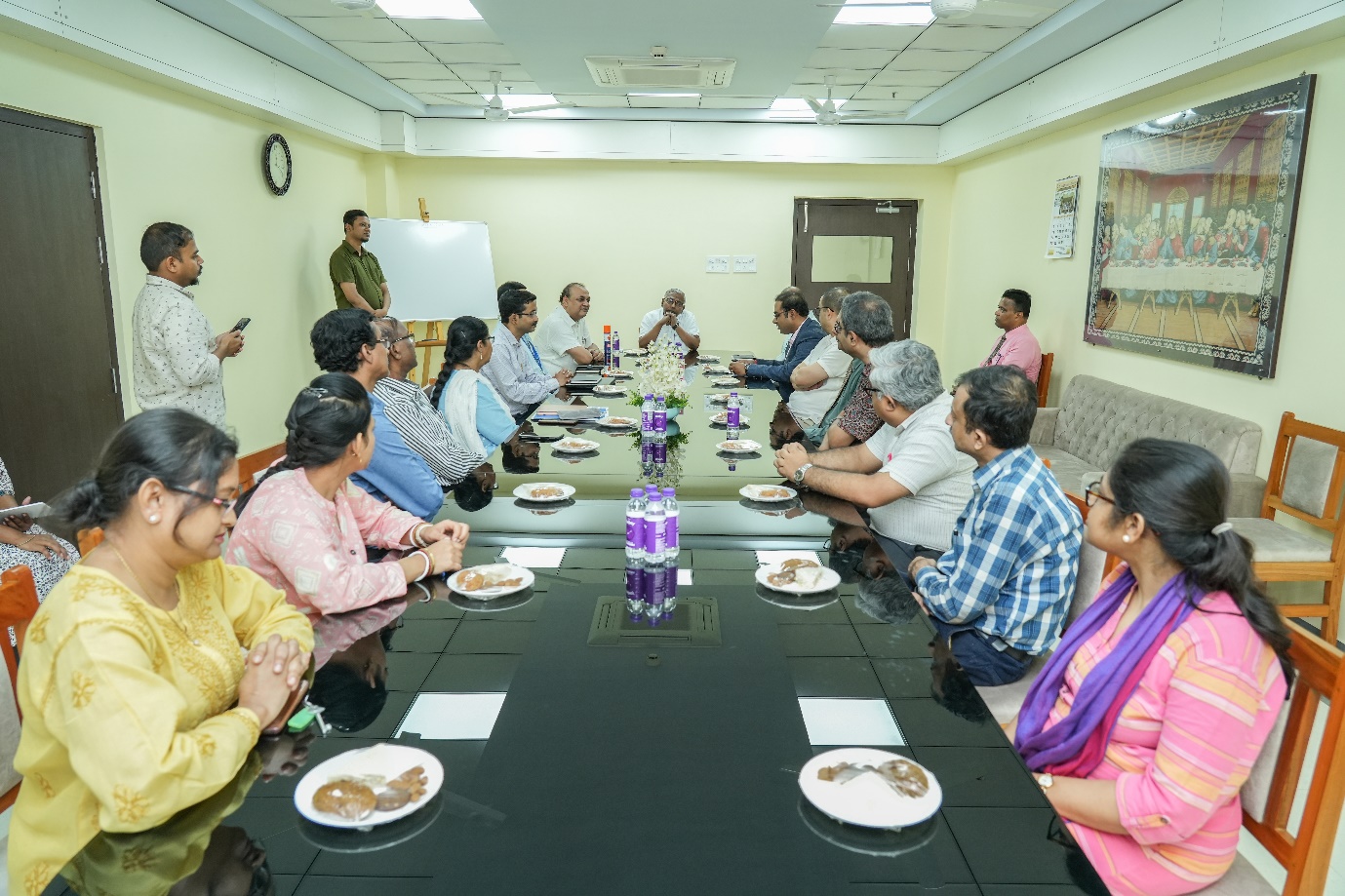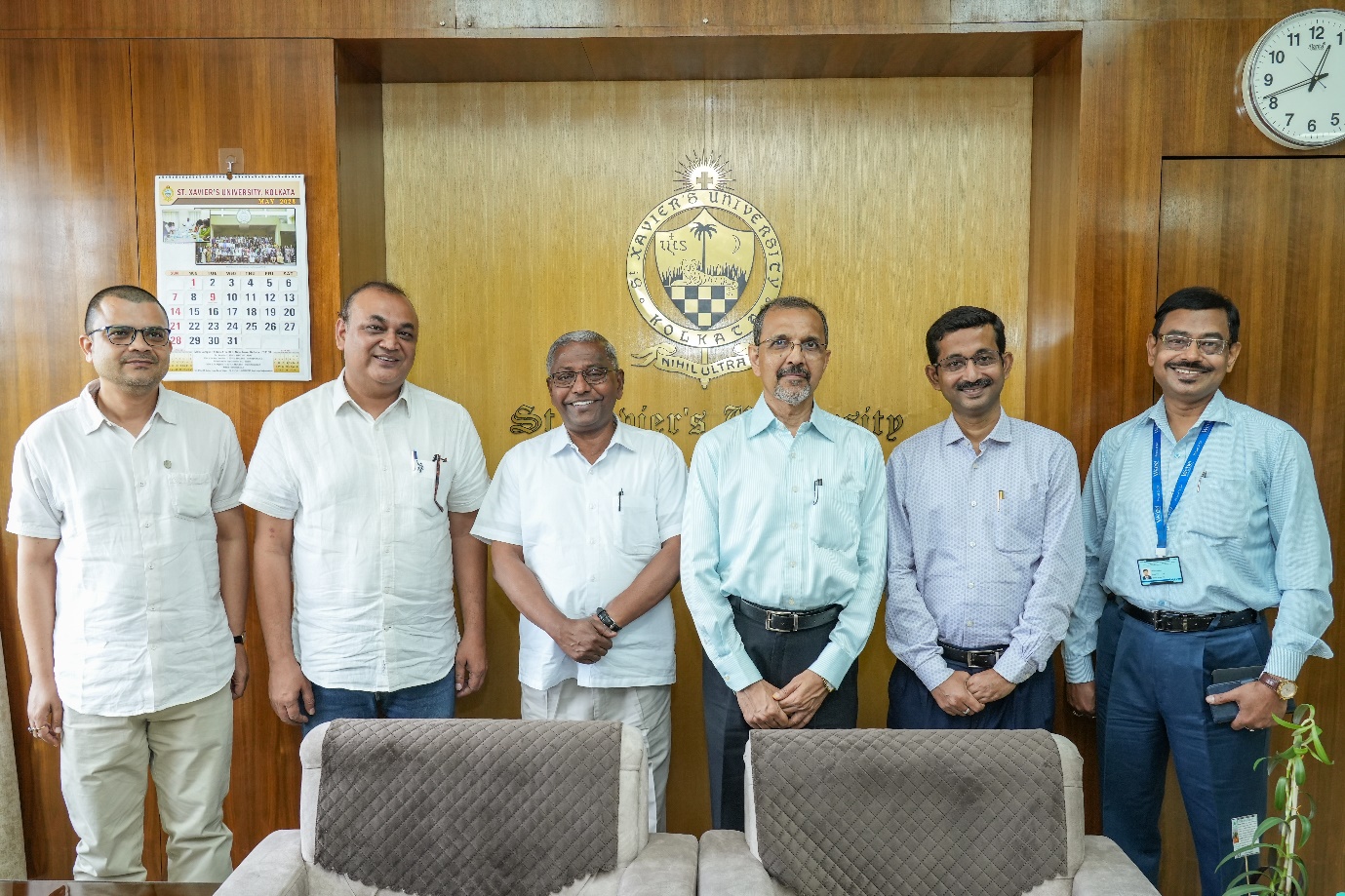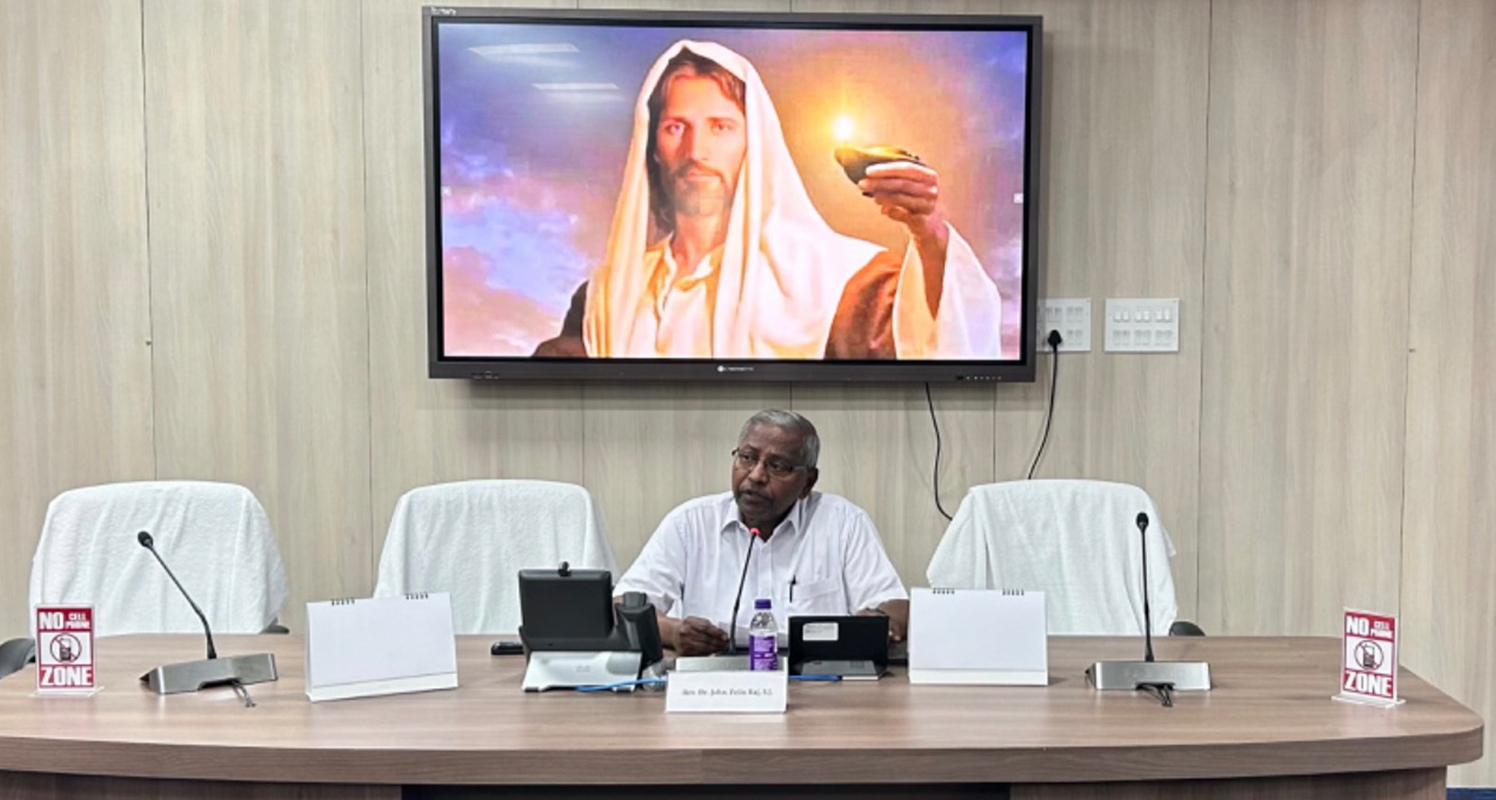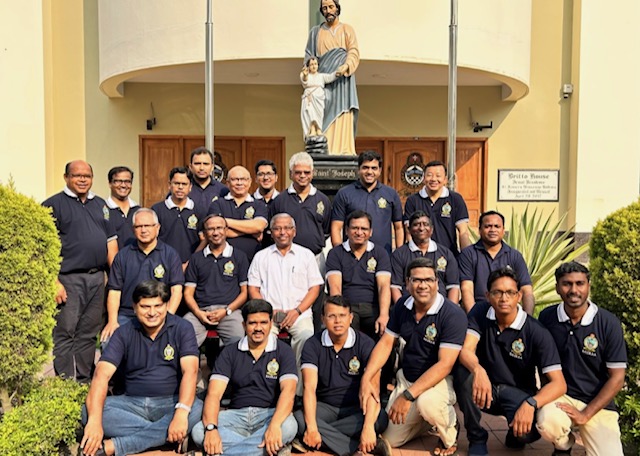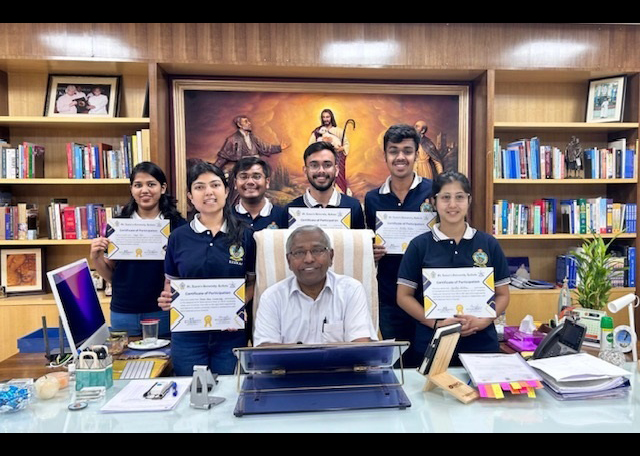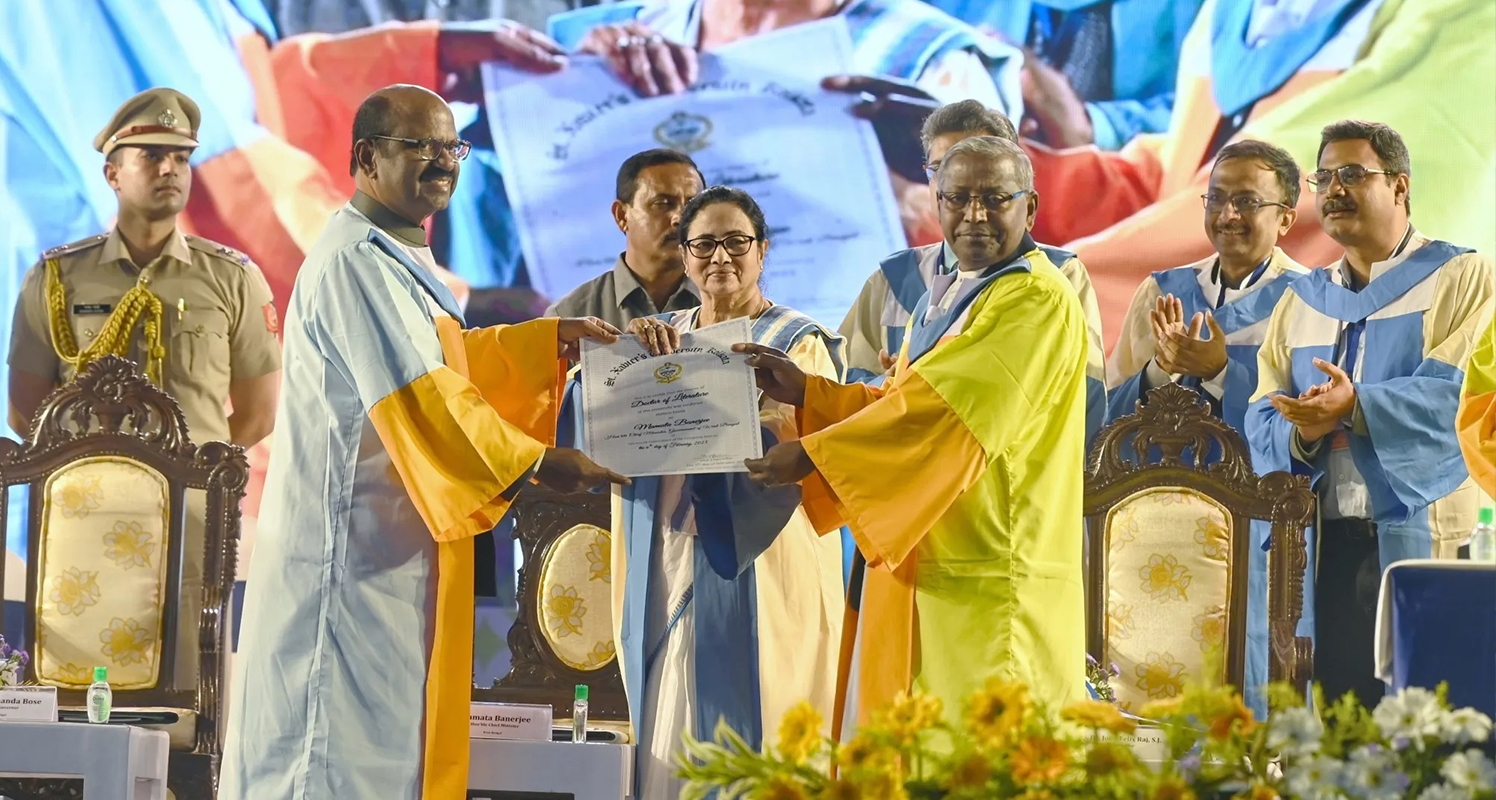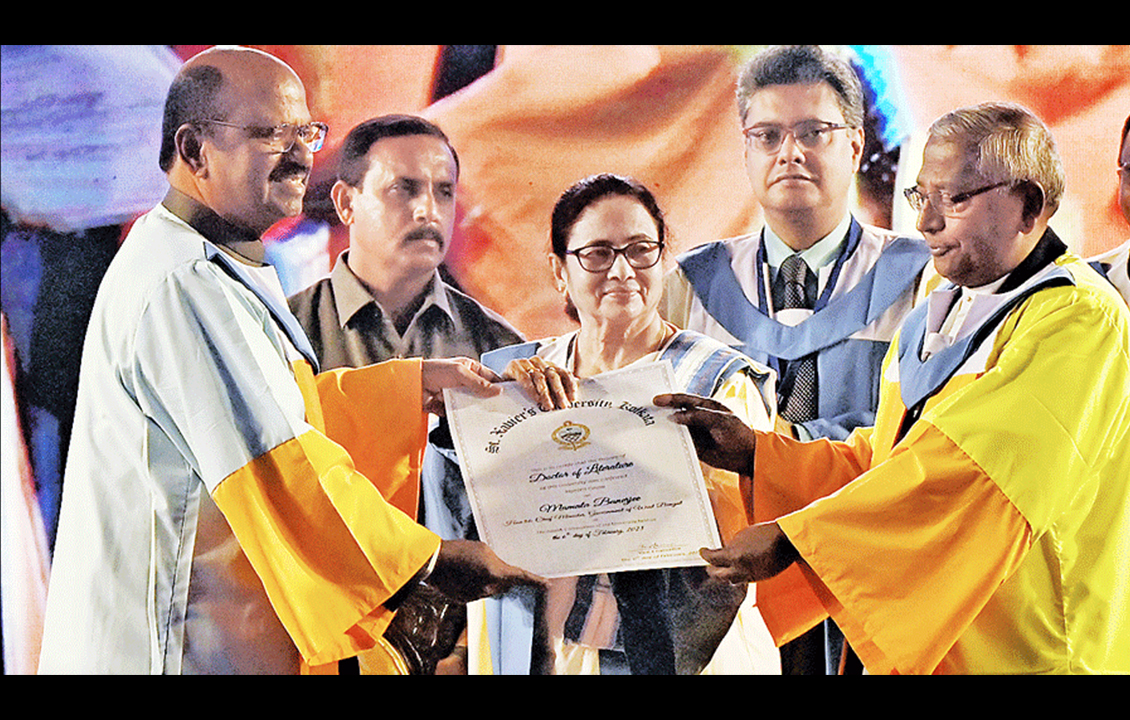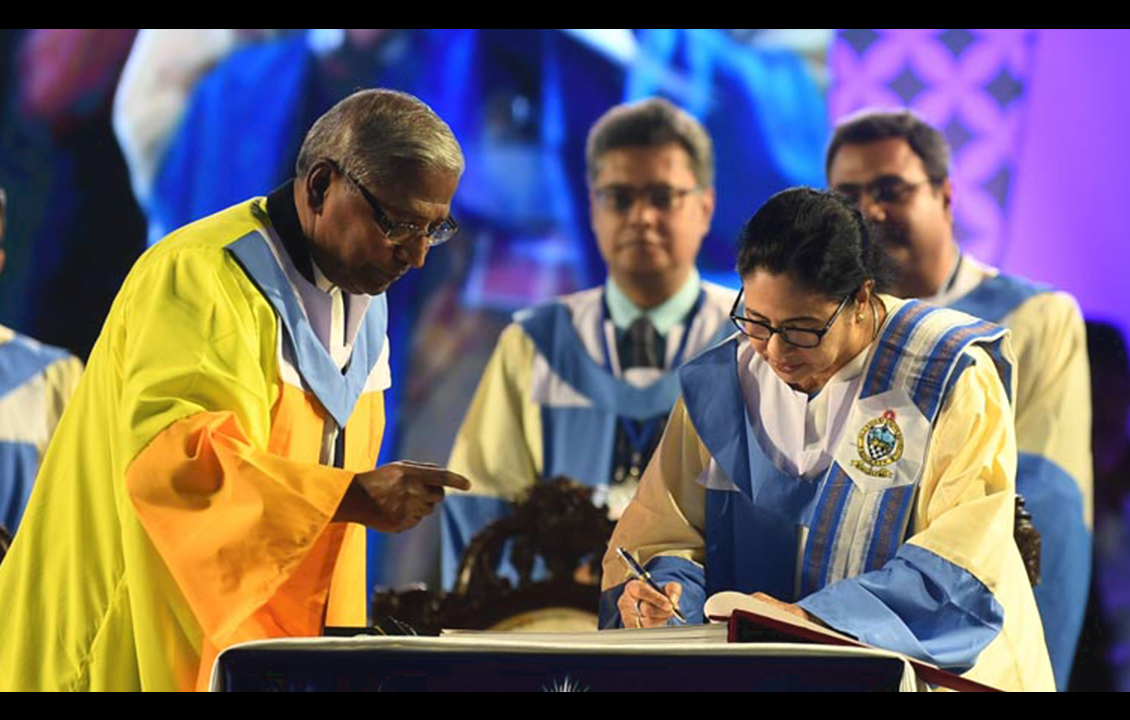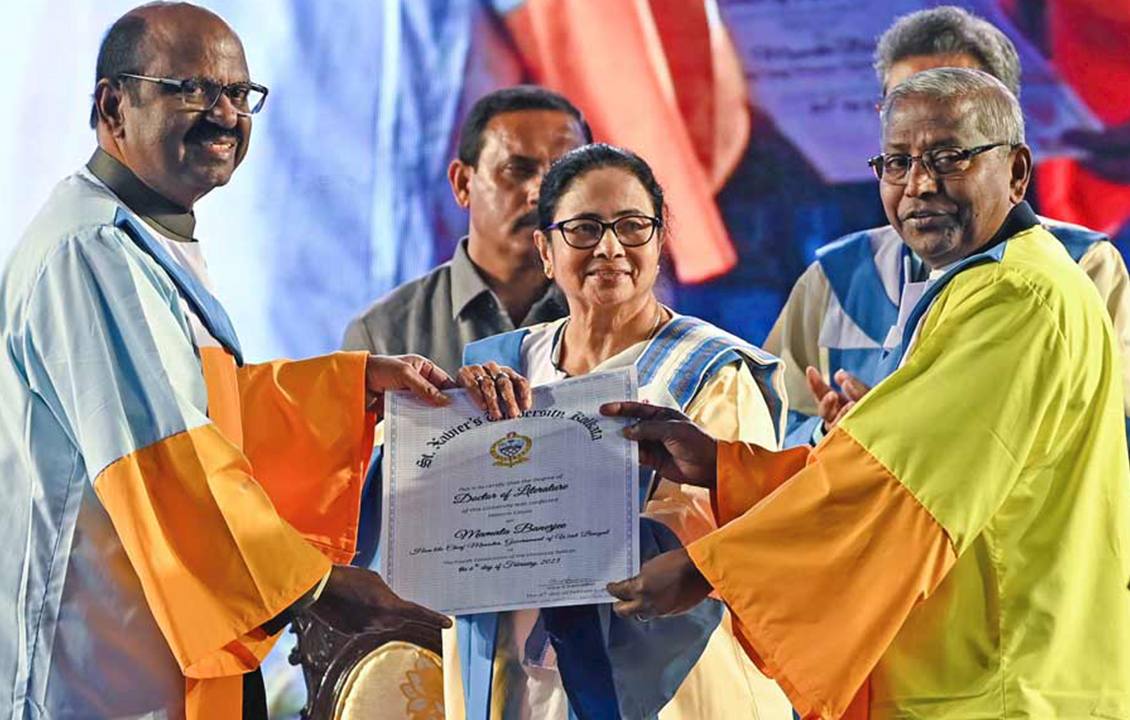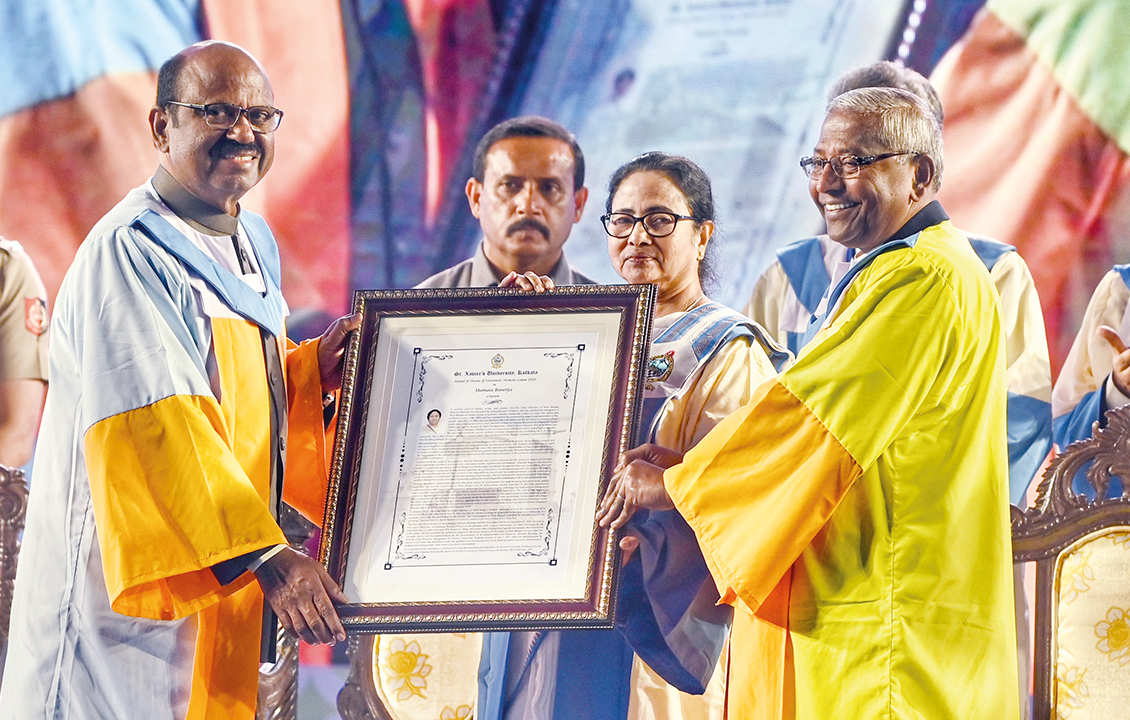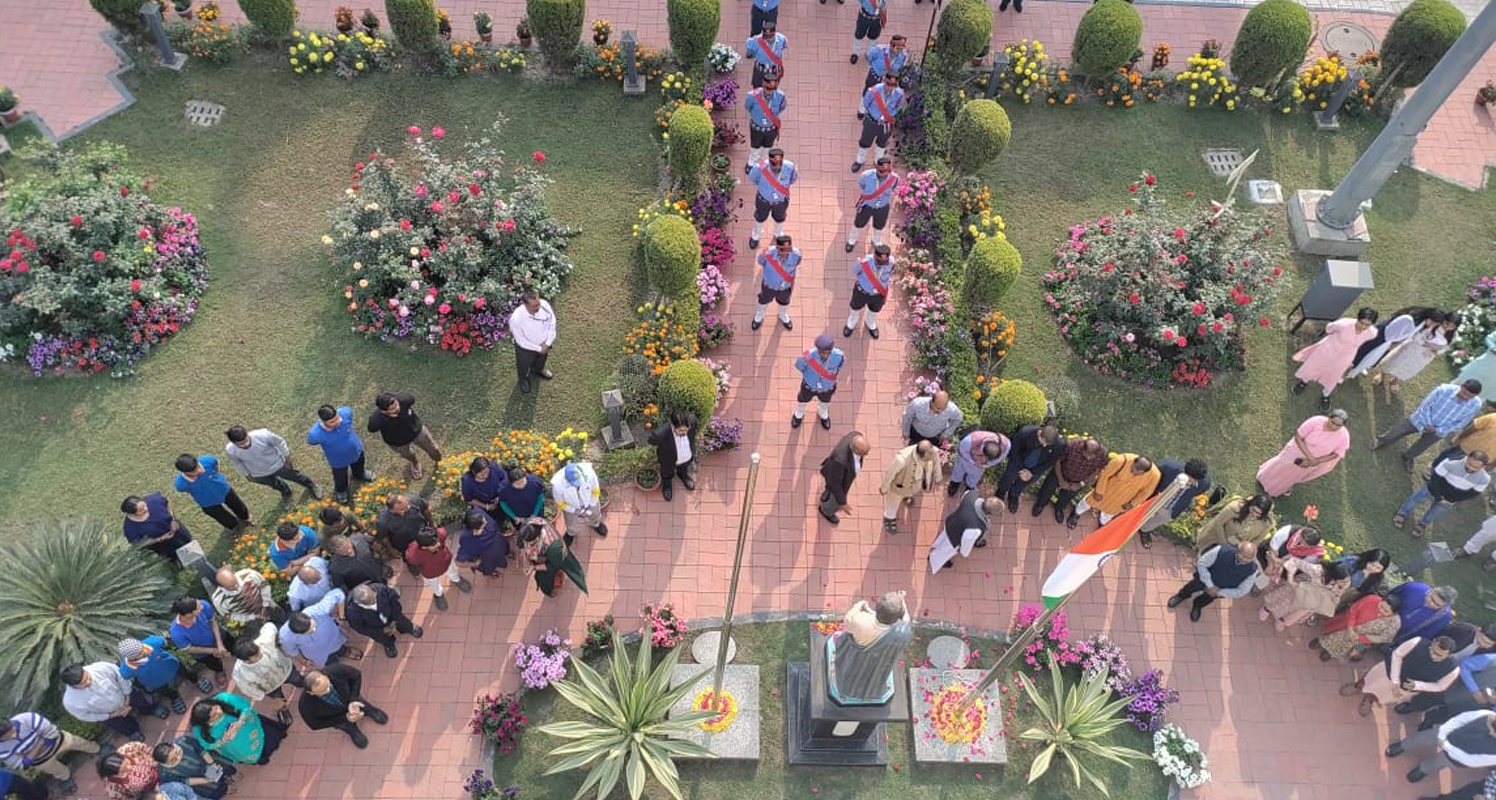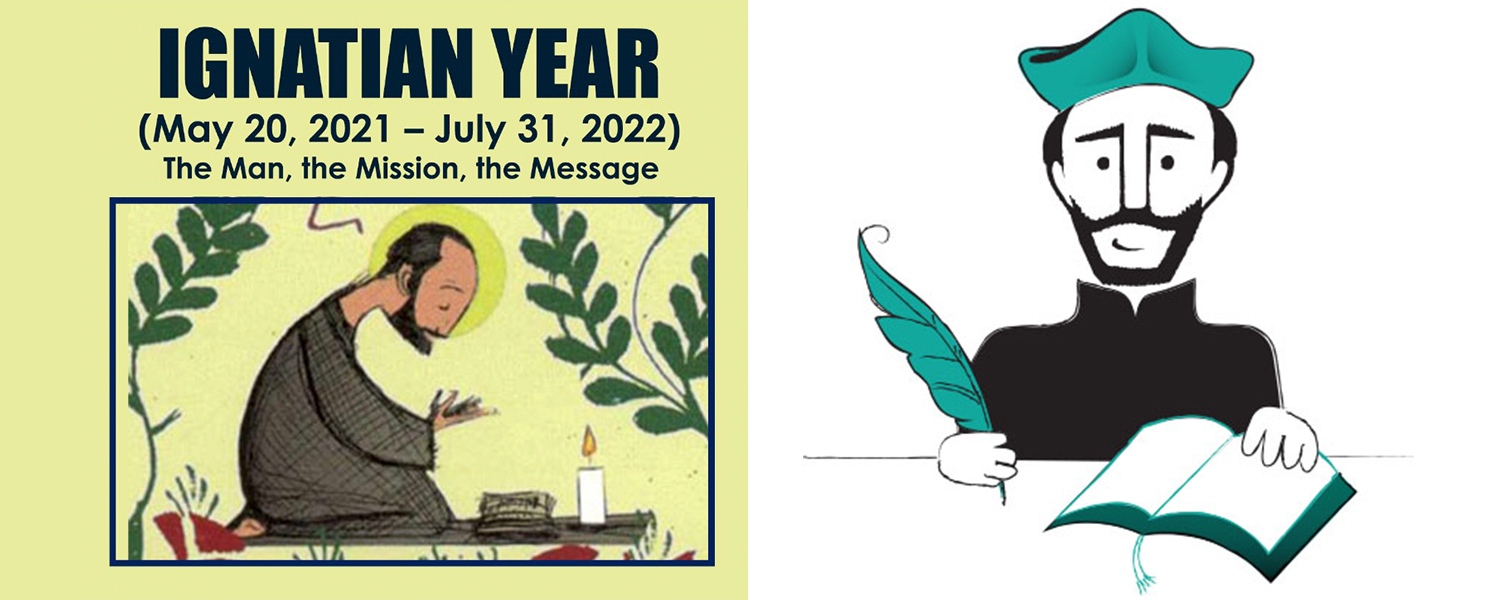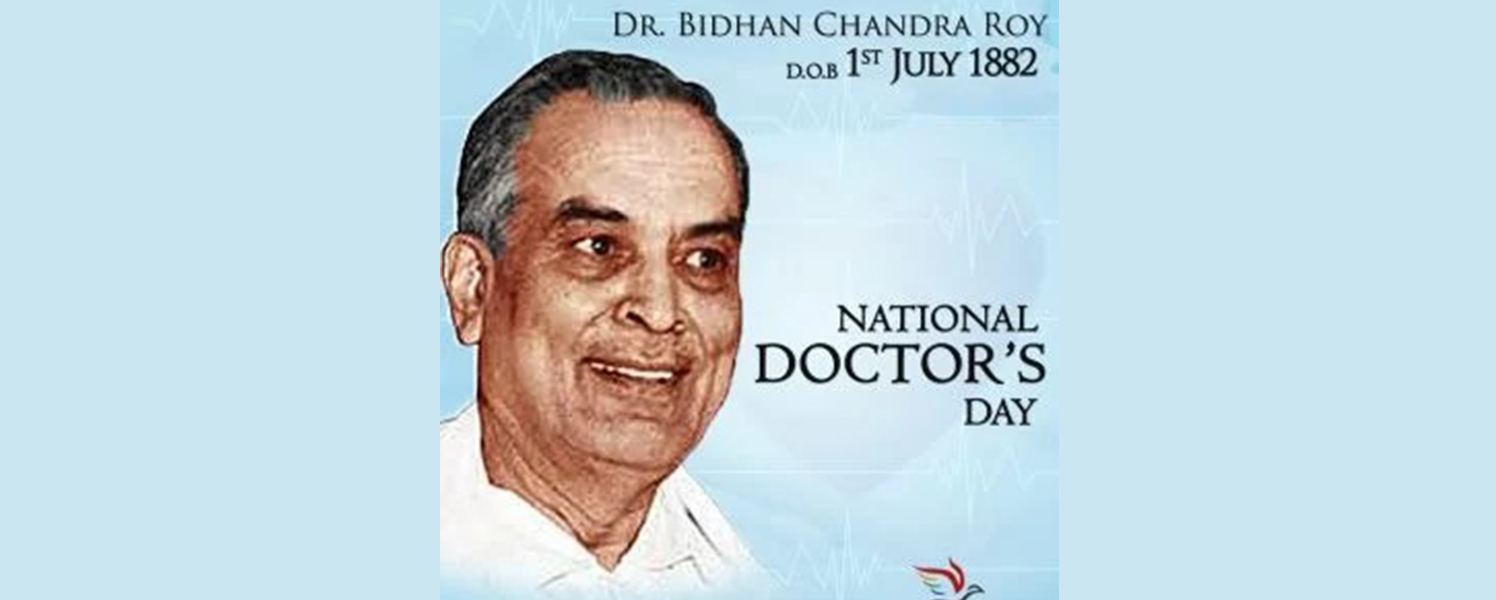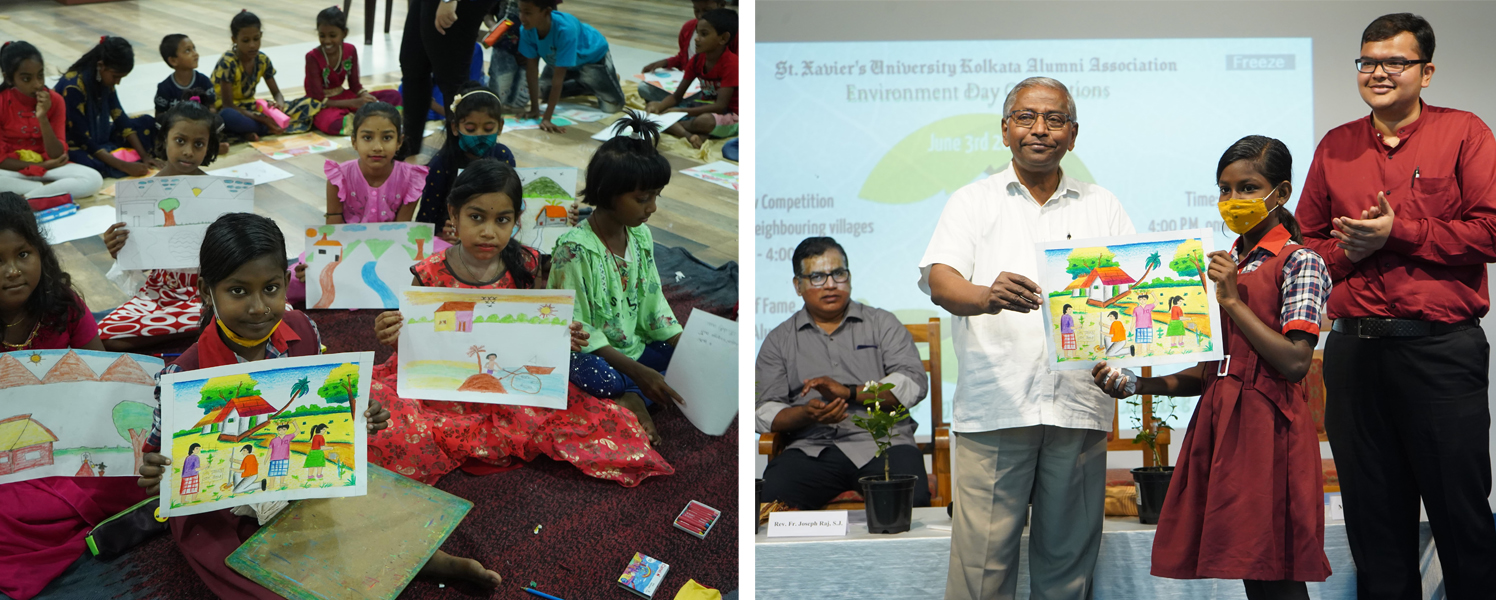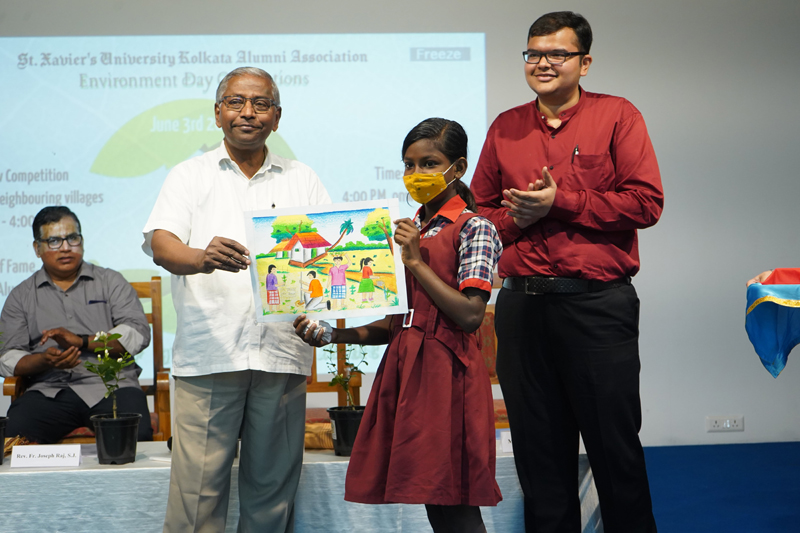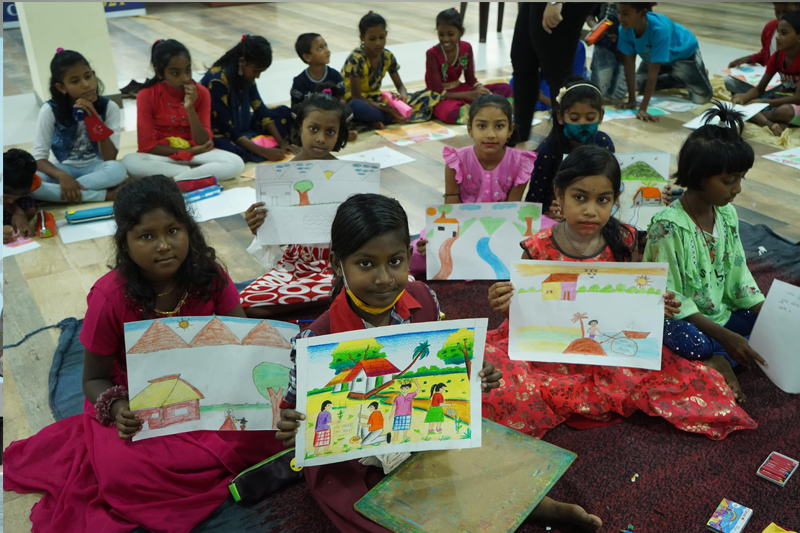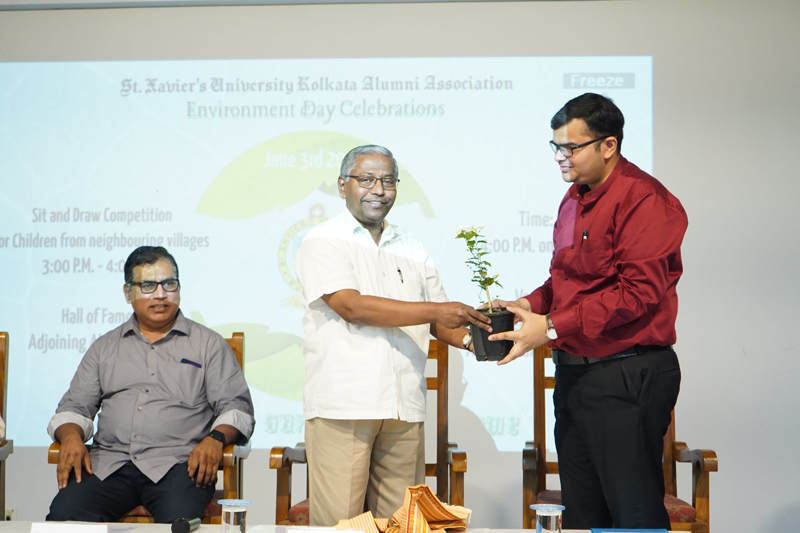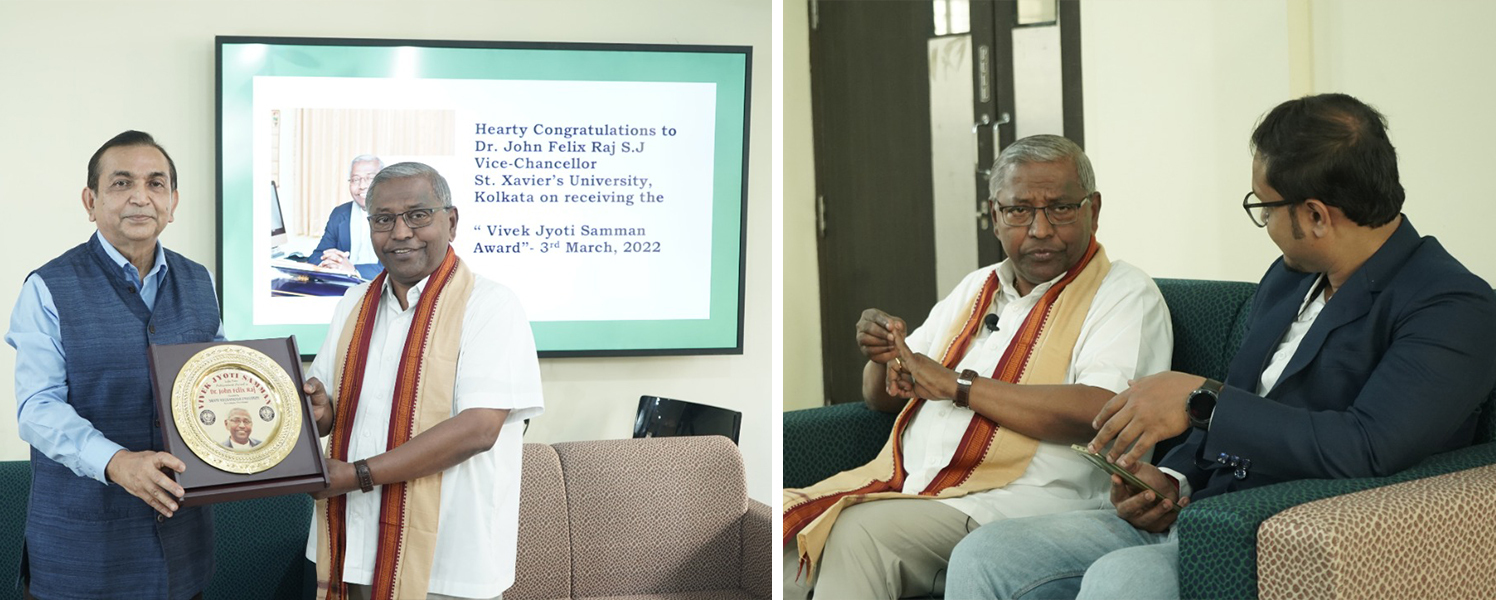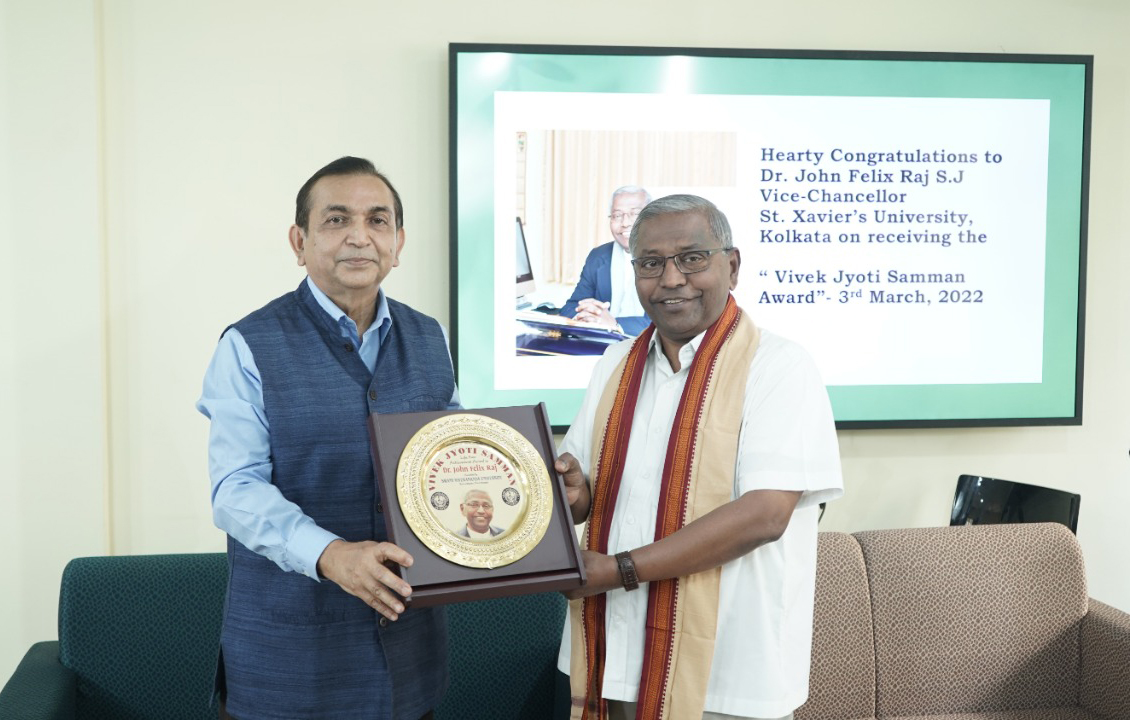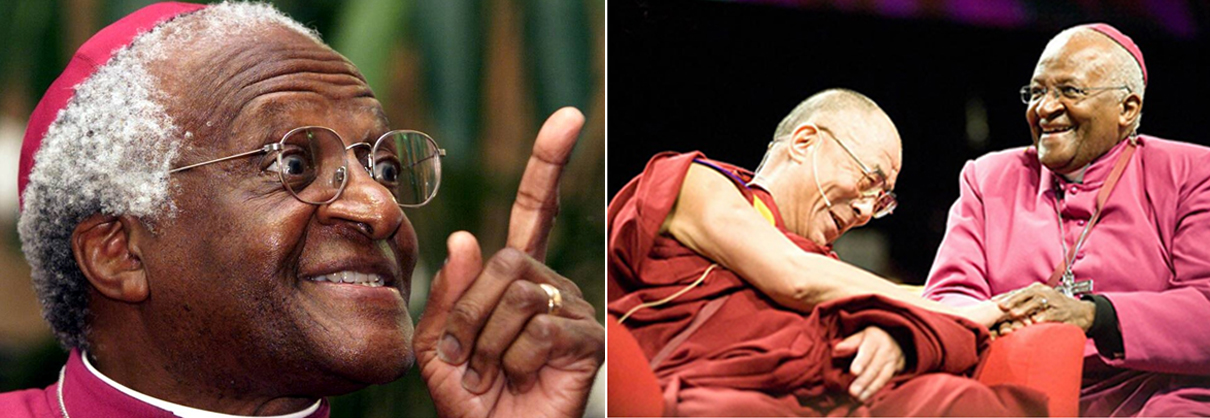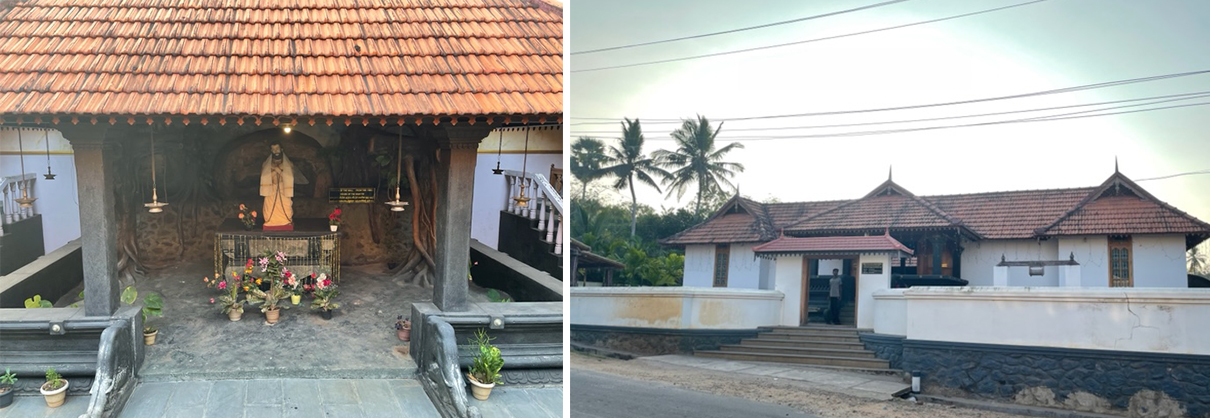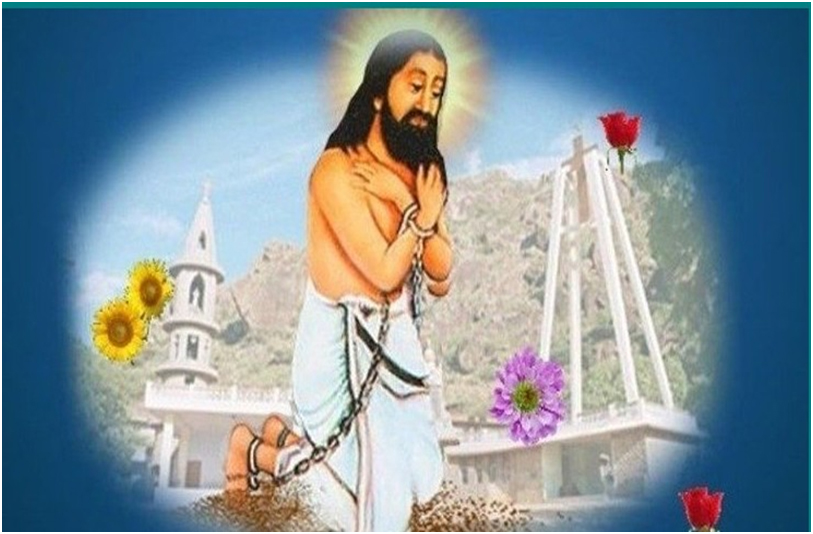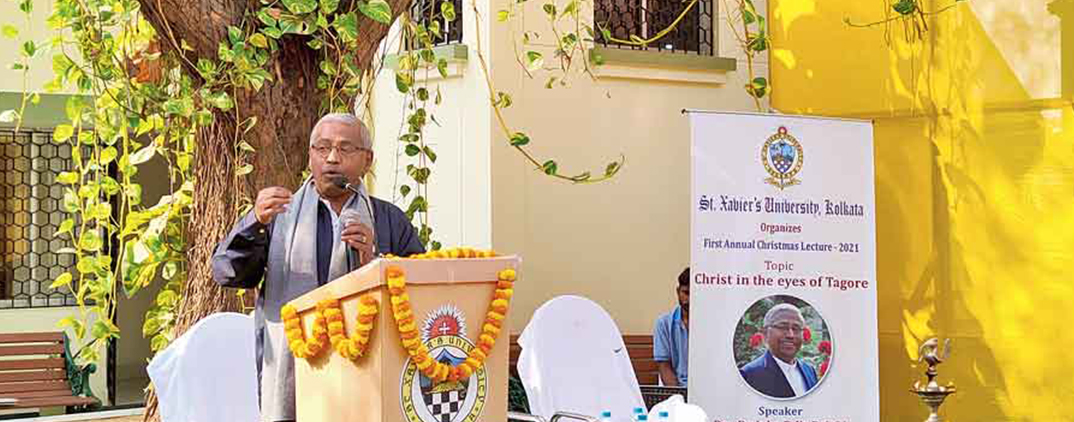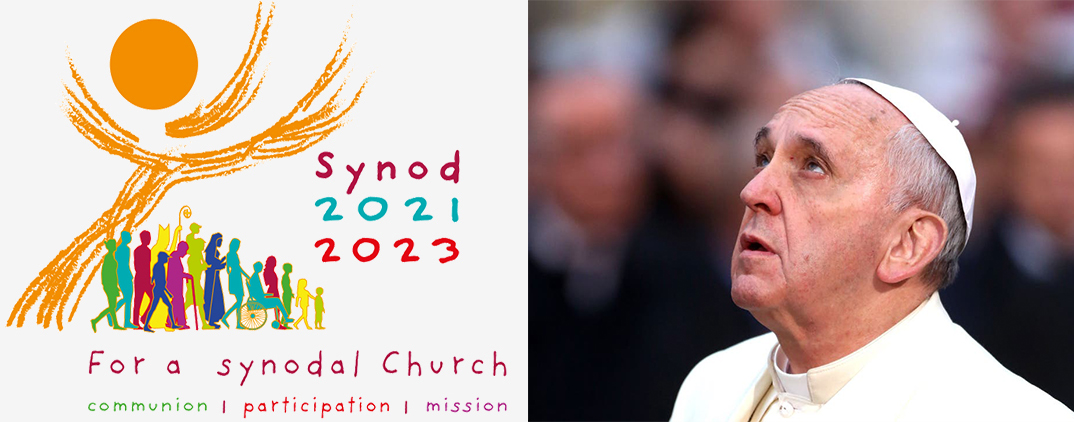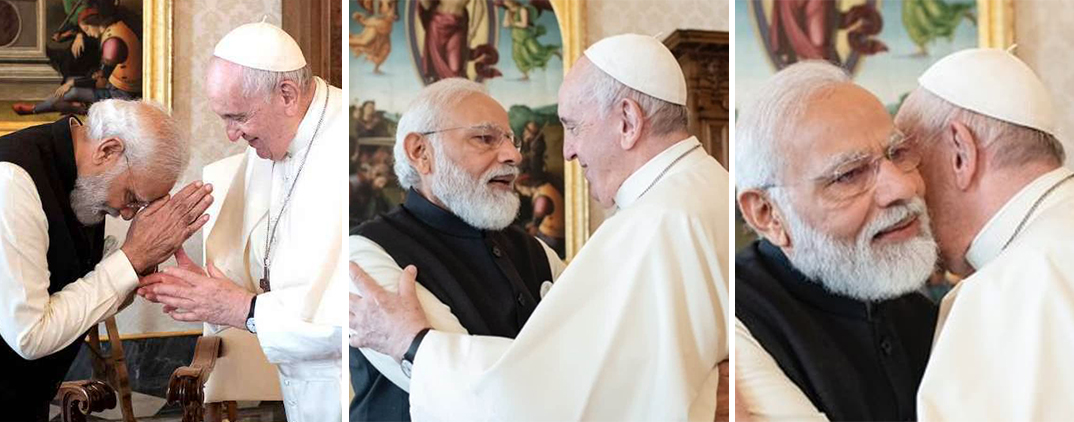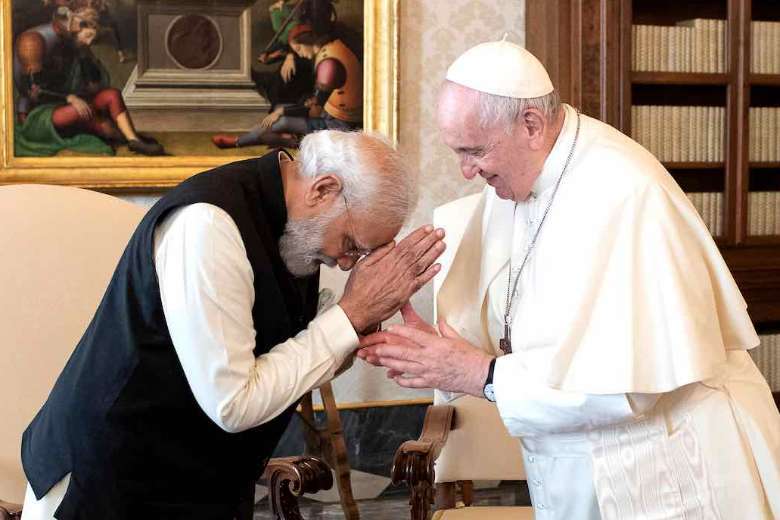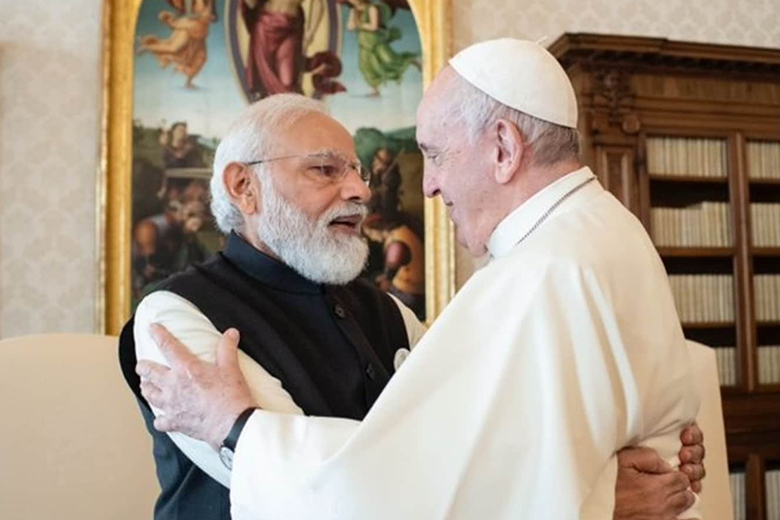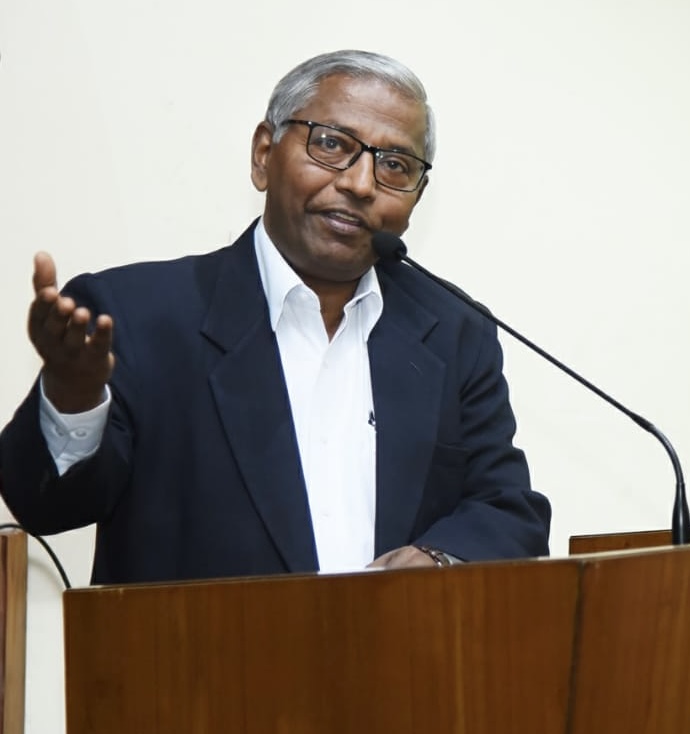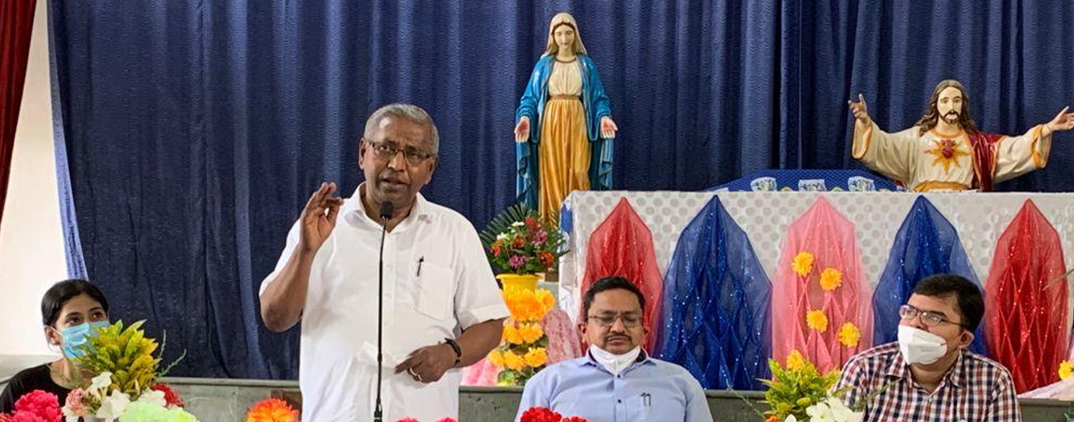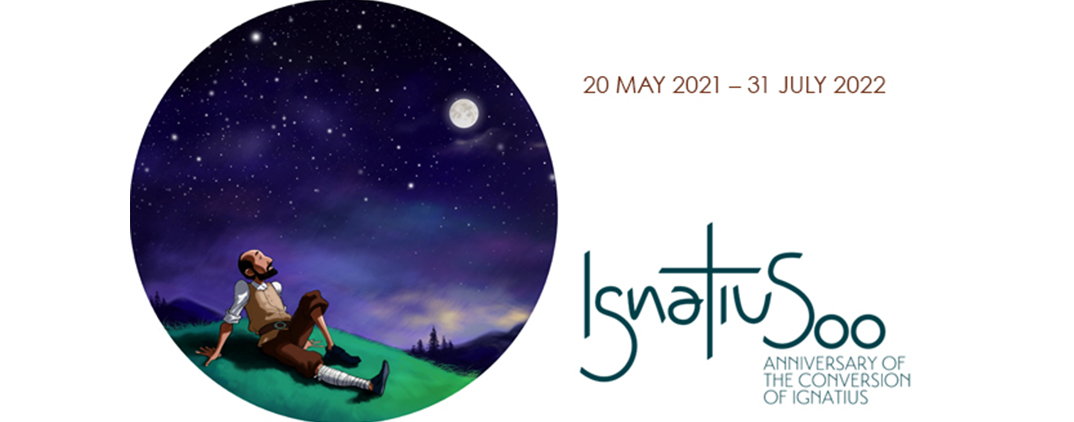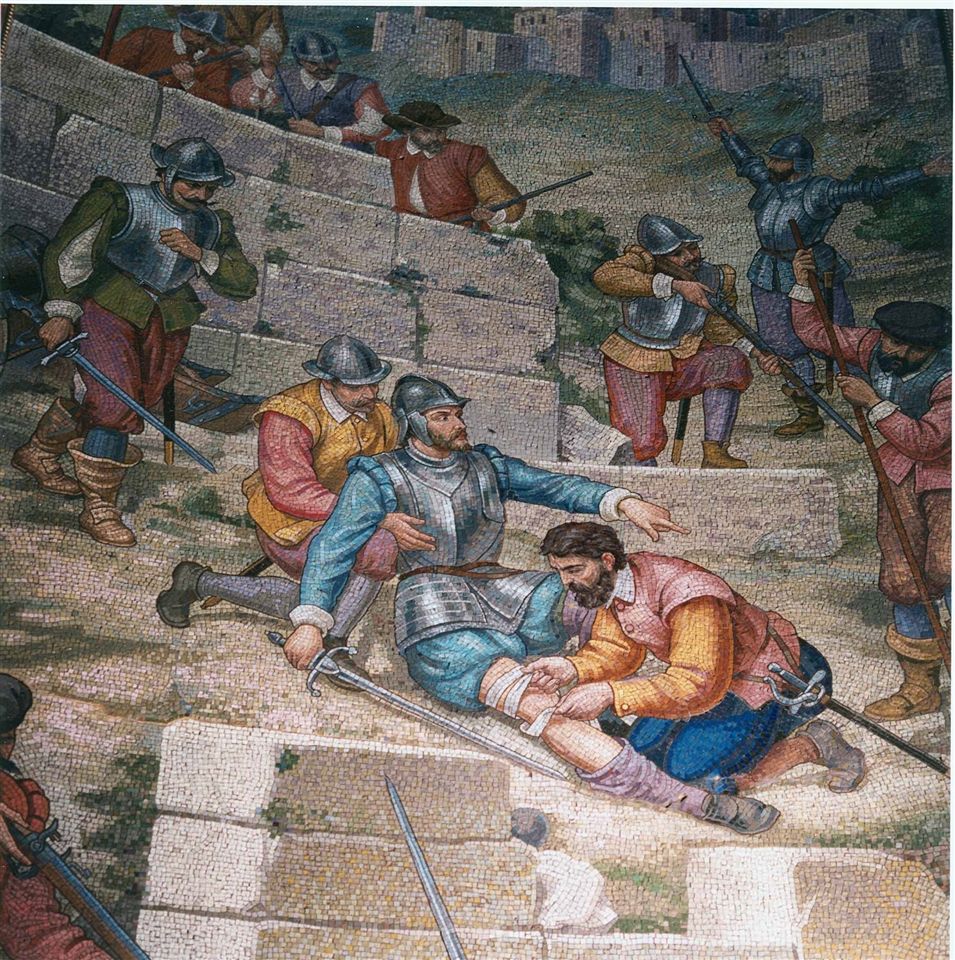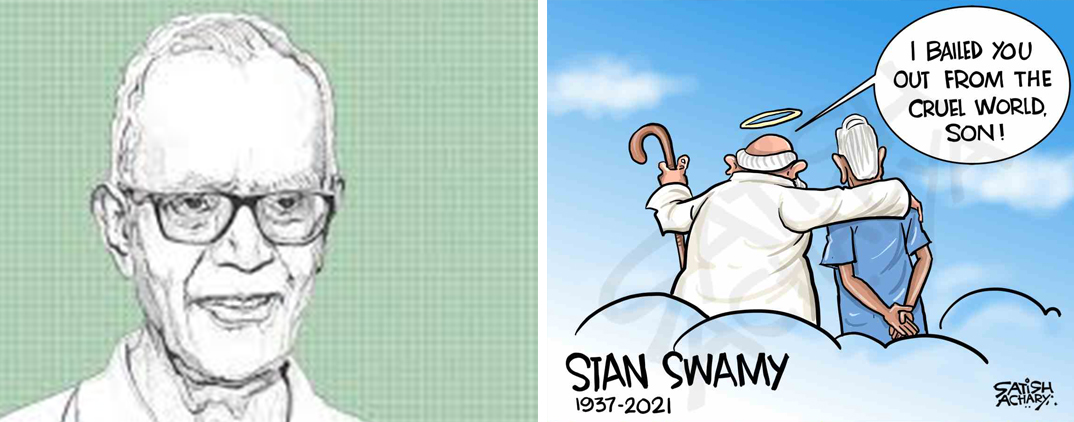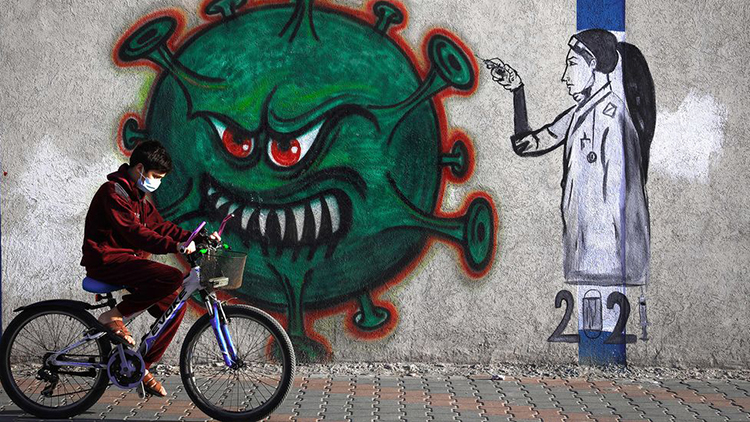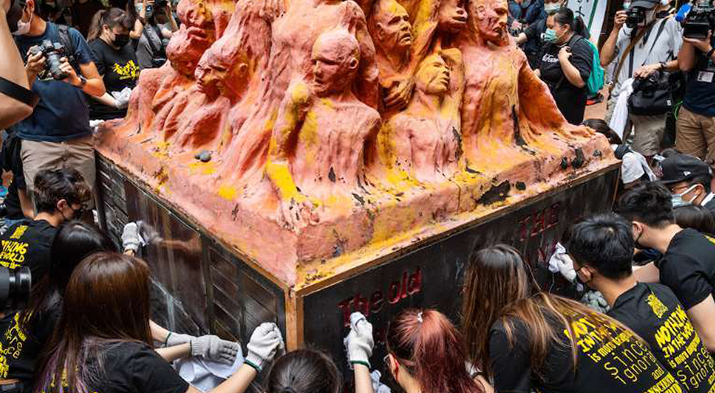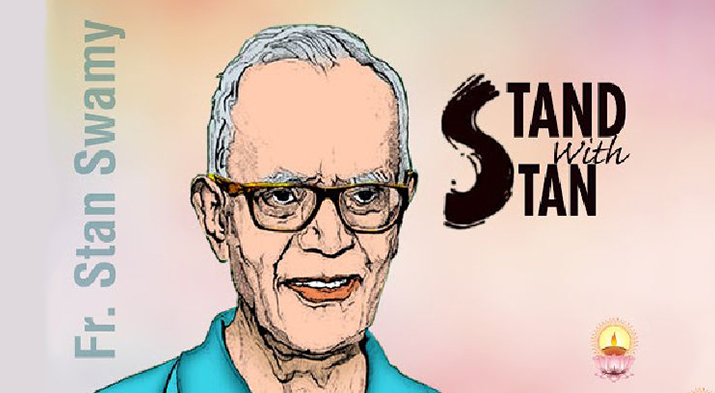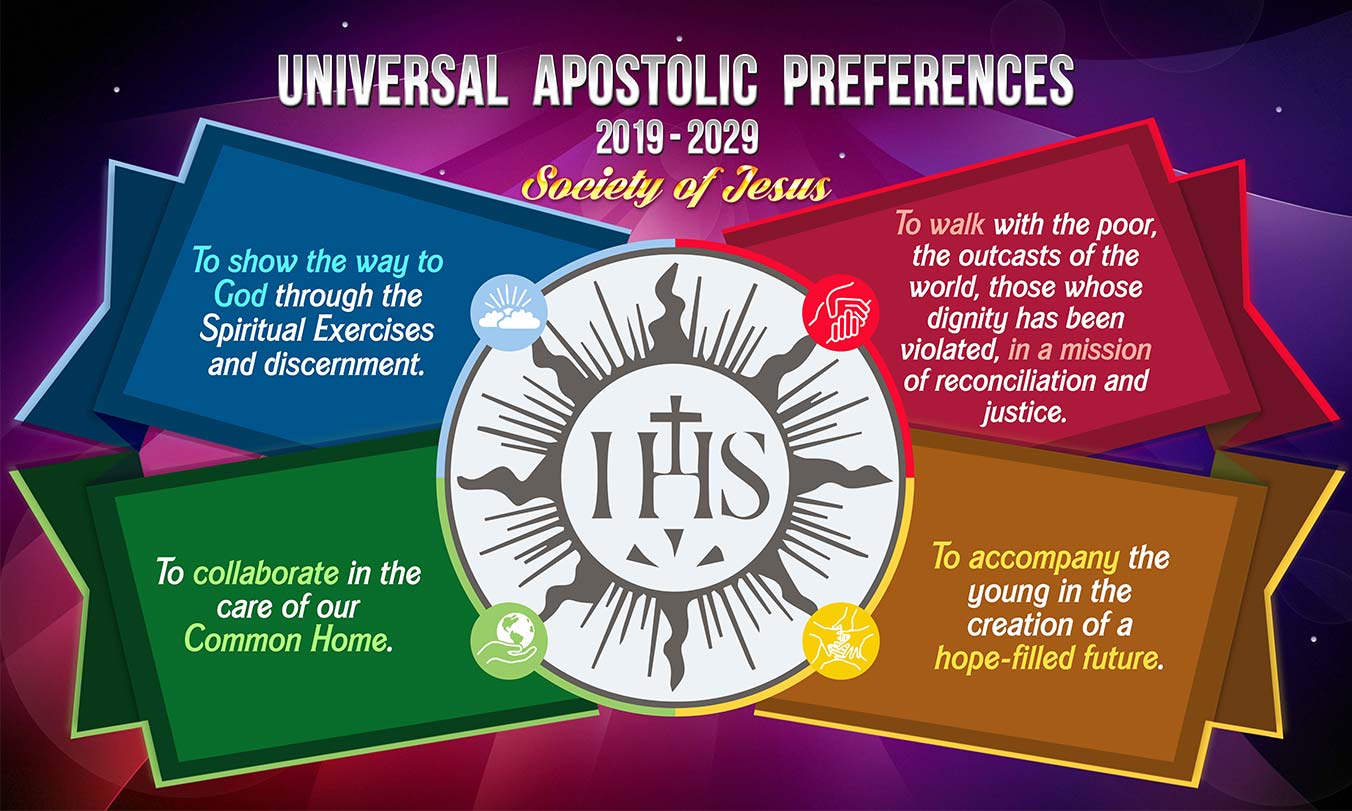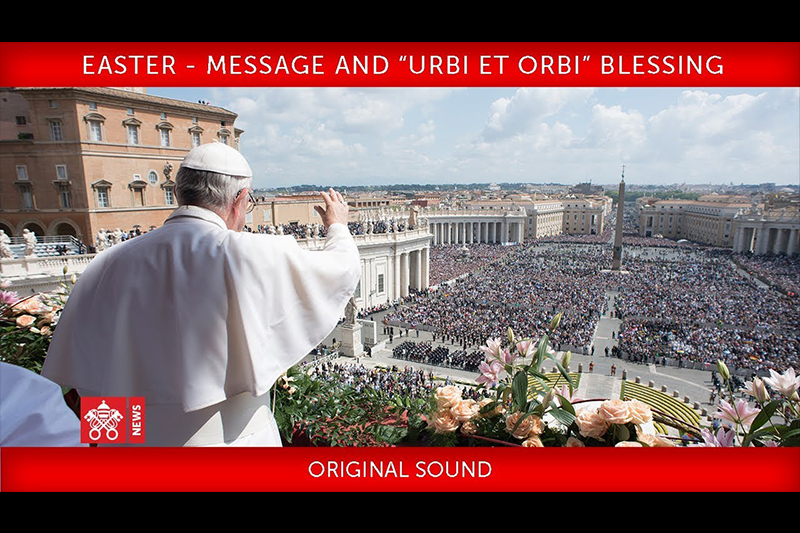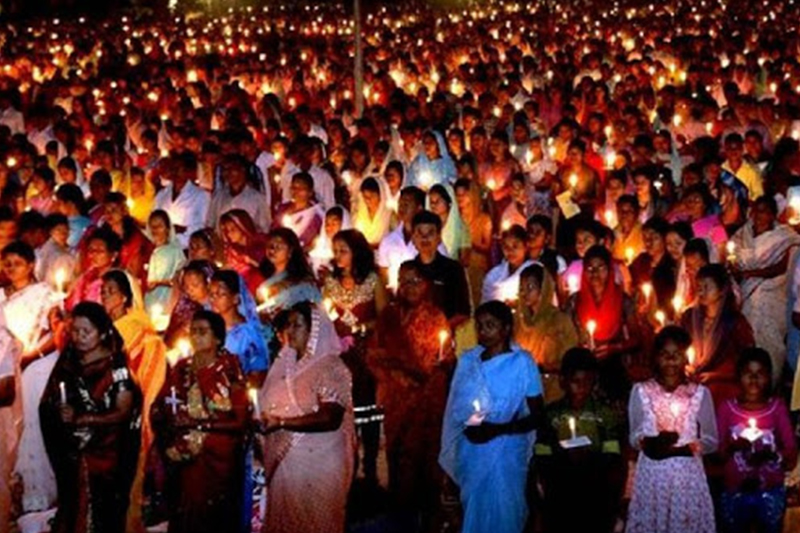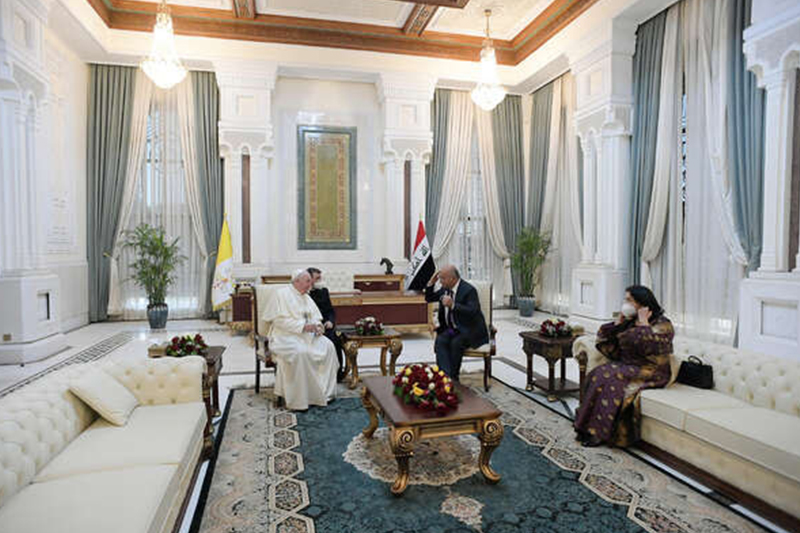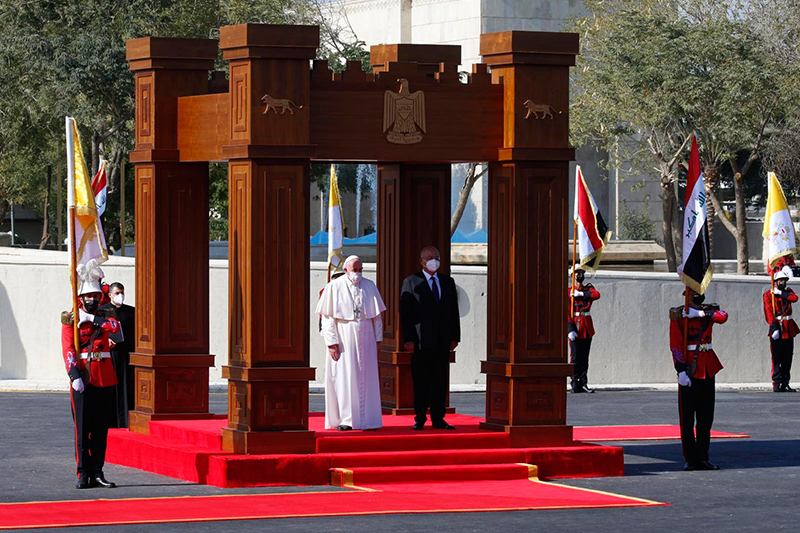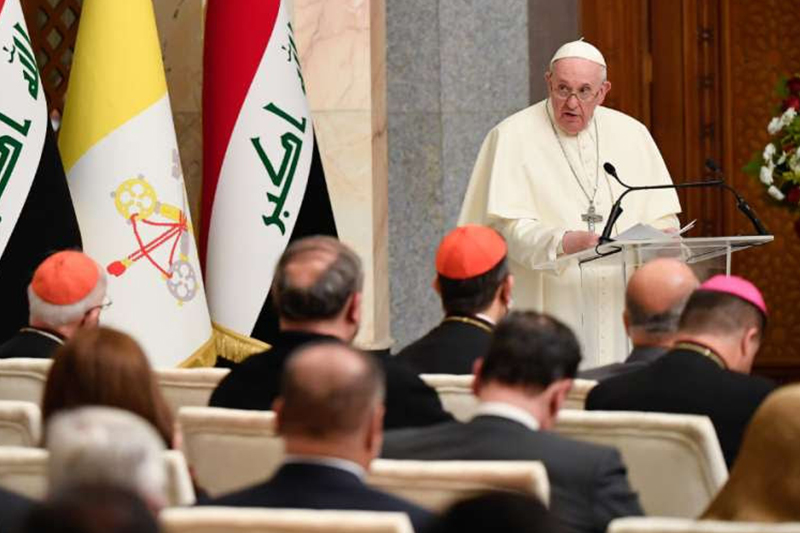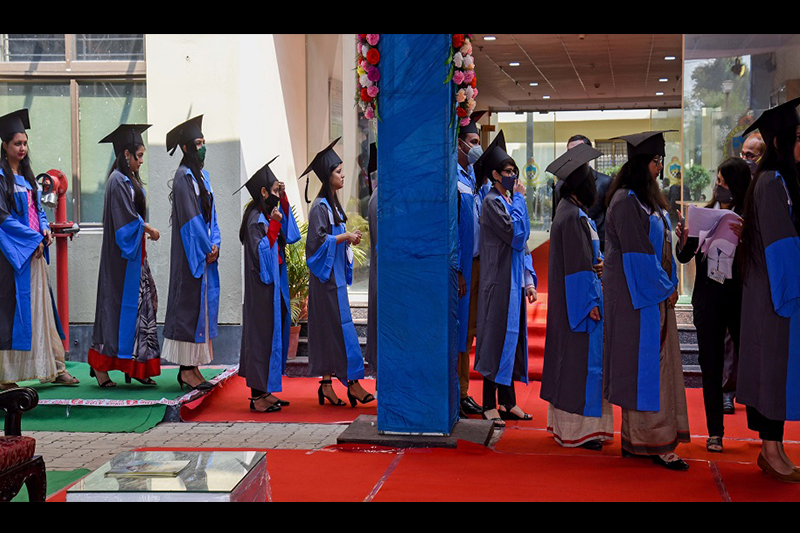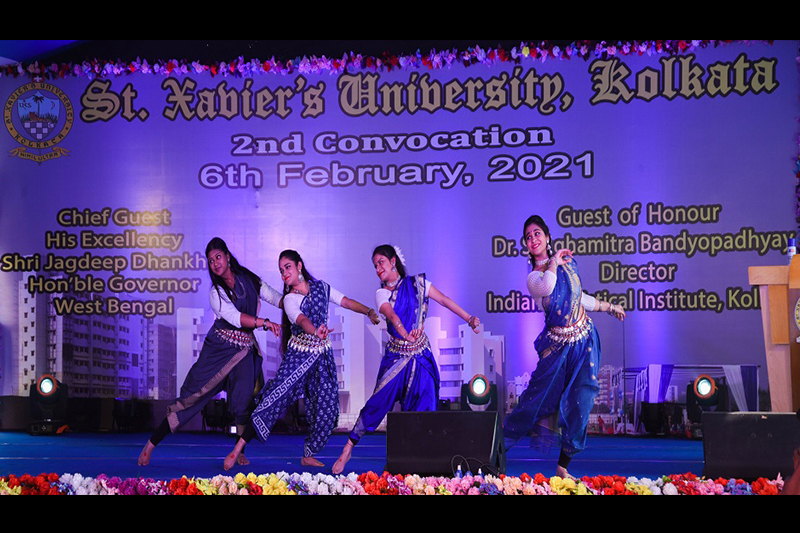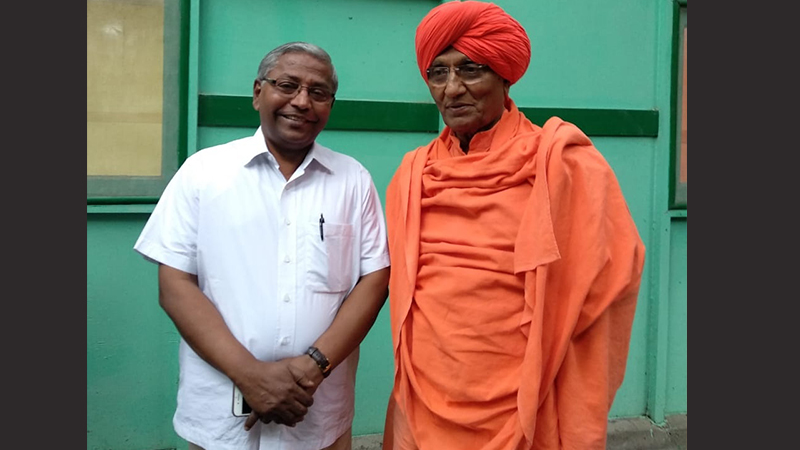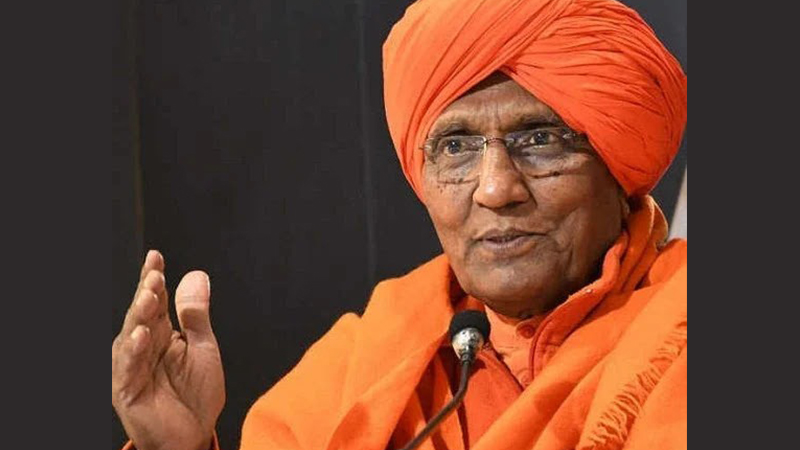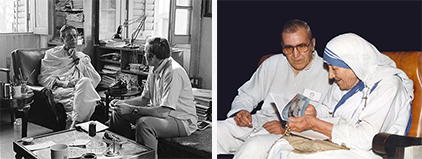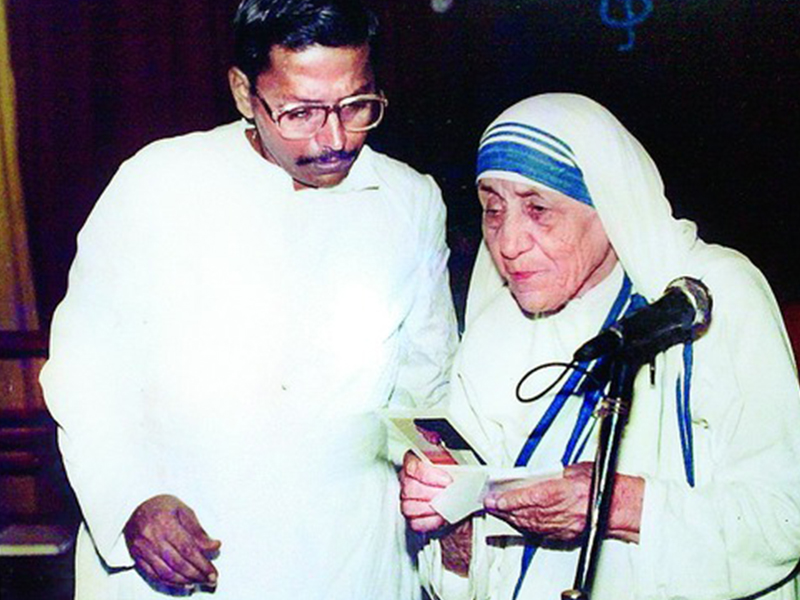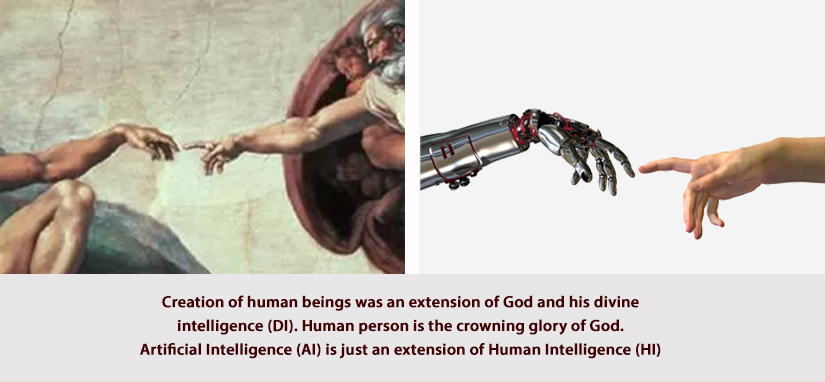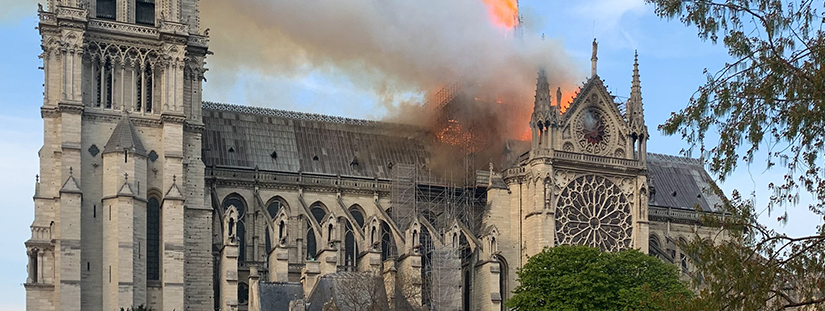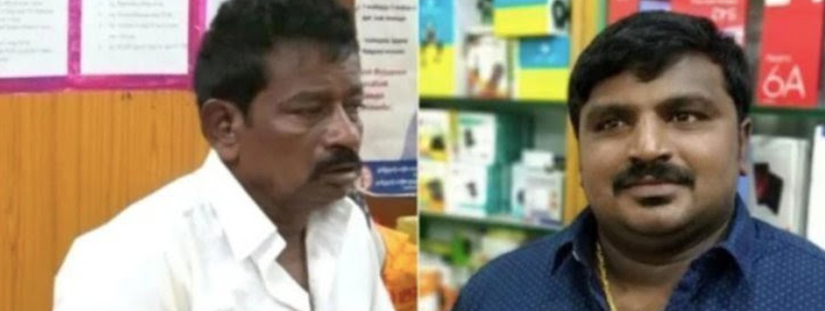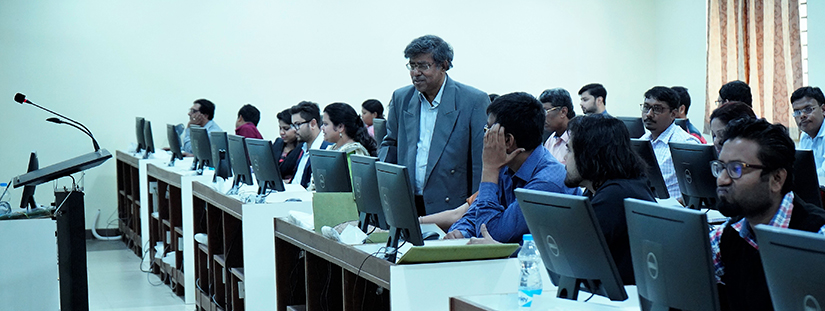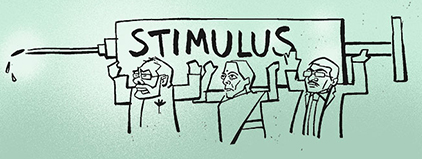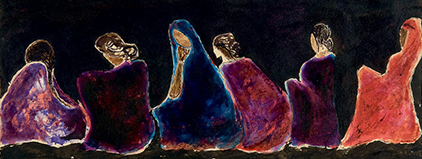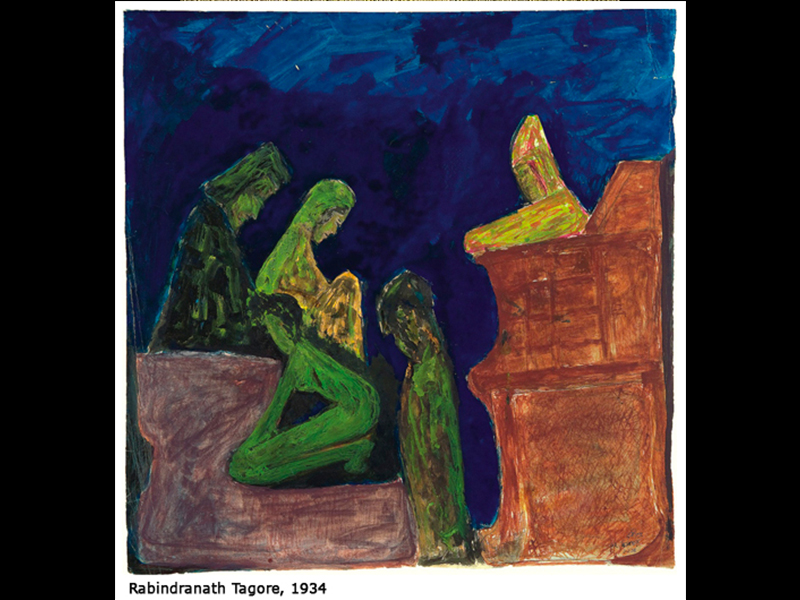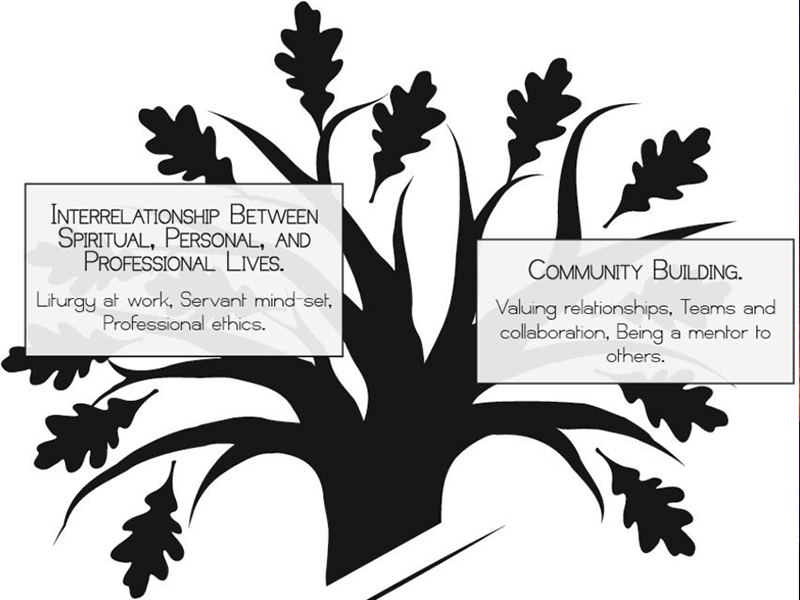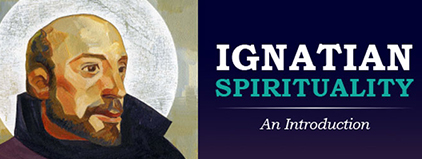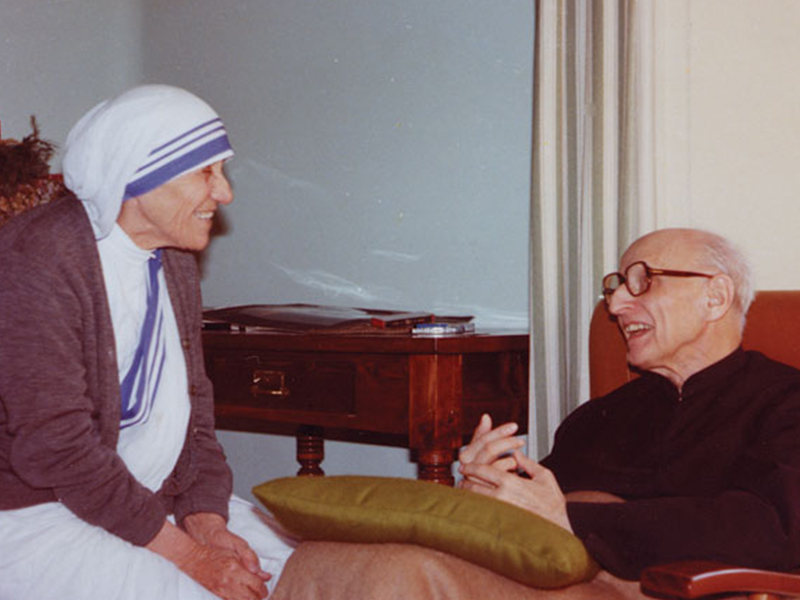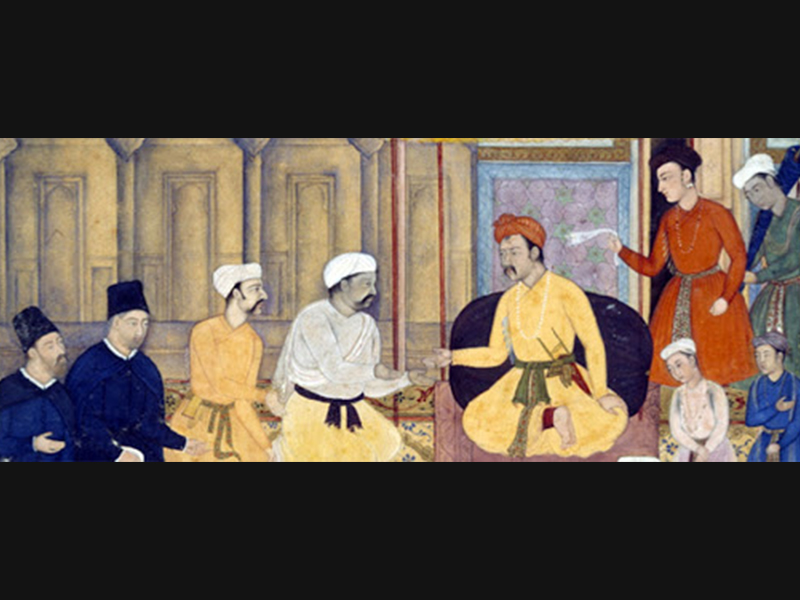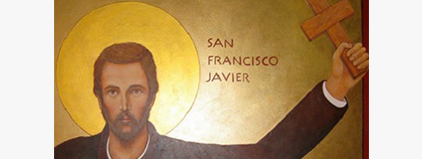Religion is for spiritual guidance and growth of people. It is a major resource for promoting peace, harmony, liberty and justice. We must use religions to maintain and enrich our cultural and religious plurality, which is our asset. Our response must be based on reverence, respect, tolerance and compassion. Every person is an image of God (Genesis 1:27) and so a person is sacred, unique, irreplaceable, and irreducible. But the serious problem in society is that man has created God in his own image.
We need to build and promote a spirituality that is acceptable to, as many people as possible, if not all. Spirituality is an essential part of an individual’s holistic health and well-being. It plays a major role in human and societal governance and development. After the 9/11 terrorist attacks, “God bless America” came easily to the lips of all Americans. In fact, spirituality came alive. It established the fact that human beings cannot do without it.
What is spirituality? It is hard to define. It is often understood as having to do with escaping from life’s temptations and challenges by going off to deserts and mountaintops to pray all day. It is often identified with matters otherworldly, something to do with spirits, something associated with pious and religious observances and activities. It is often contrasted to the temporal, to the material, or to the worldly.v
Until the 19th century, the history of spirituality remained bound up within the history of religion. Spiritual innovators, particularly the eighteenth-century Enlightenment thinkers, often opposed to clericalism and skeptical of religion, sometimes came to express as “spirituality” their more emotional responses to the world. In the wake of the Nietzschean announcement of the "death of God" in 1882, people, unconvinced by scientific rationalism, turned increasingly to the idea of spirituality as an alternative both to materialism and to traditional religious dogma. The distinction between the spiritual and the religious became more common in the popular mind during the late 20th century with the rise of secularism and the advent of the New Age Movement.
One can simply state that spirituality is one’s inner quality that makes one transcend the barriers of worldliness, caste, creed and sensuality; and realize one's connection with the Truth. It focuses on personal experience. Many spiritual traditions, accordingly, share a common spiritual theme: the "path" of perceiving and internalizing one's "true" nature and relationship to God, to the universe and to life, and of becoming free of the “egoic” self in favor of being fully one's "true" "self .”
Spirituality has to do with the "spirit" of our life - with the way in which we live out our relationship with God: our way of being spirit filled. Richard McBrien writes in Catholicism (1980):
To be "spiritual" means to know, and to live according to the knowledge, that there is more to life than meets the eye. To be "spiritual" means, to know, and to live that God is present to us in grace as the principle of personal, interpersonal, social and even cosmic transformation. To be "open to the Spirit" is to accept explicitly who we are and who we are called to become…
Spirituality is a path to God and to become God-like. Some Indian traditions define spirituality (Sanskrit: adhyatma) as that which pertains to the self or soul (Sanskrit: atman). According to Ursula King, it is understood "anthropologically as an exploration into what is involved in becoming fully human”, and fully alive (spirit-filled). In this respect, it is a supportive mechanism even in the workplace.
God is Spirit. That is how Jesus explains it to the Samaritan woman: “The hour is coming, when the true worshipers will worship the Father in spirit and truth, for God seeks such as these to worship him. ‘God is spirit’, and those who worship him must worship in spirit and truth." (John 4:23-24). ‘God is Love’ (1 John. 4: 8,16) and ‘God is Light’ (1 John. 1:5).
God is beyond form, space, time, sex, caste, color, religion and so on. The word ‘spirit’ has to do with wind; with the air we breathe in, and therefore with life. The spirit is life. Spirituality unfolds life that calls for transcendence: experience, awareness and appreciation of life beyond self. It helps a person to experience God as truth, love and peace. It takes him or her to something greater and higher. It takes a person beyond his or her egocentric nature and fills him with an other-centric attitude.
The Tamil Poet, Thirumular explains in his thought provoking Thirumanthiram that the Omnipotent cannot be transcribed in a single place nor can he be measured, nor has he any names but can only be experienced. God is love. It is only the ignorant who think that Love and God are two different things. Only few understand that the Divine is nothing but Love. Those who understand this become saints. He has no beginning or end and is also timelessness. In spiritual ecstasy, some experience the Divine as Abba, some as Spouse, some as Lover, some as Friend and so on.
Spirituality points to something central to human life. It is the experience of being unique, being human, being something – a power, energy, presence, drive – that shapes one’s actions and cultivates his or her life. It is what St. Augustine called “restlessness”. It is a path to God to become gradually God-like. The great scientist, Albert Einstein, had once said that his every effort was to “know God’s thoughts”. Spirituality is to be God–intoxicated as it happened in an ardent atheist, Spinosa’s life.
For Mahatma Gandhi, God is Life, Truth, and Light. He is Love. He is the Supreme Good. Gandhi could see that, in the midst of death, life persists, in the midst of untruth, truth persists; in the midst of darkness, light persists. He experienced God through service of humanity, for he knew that “God was neither in heaven, nor down below, but in every one.”
The unknown monk of the 12th century lucidly explains the unfolding of spirituality. "When I was a young man, I wanted to change the world. I found it was difficult to change the world, so I tried to change my nation. When I found I couldn't change the nation, I began to focus on my town. I couldn't change the town, and as an older man, I tried to change my family. Now, as an old man, I realize the only one I can change is myself, and suddenly I realize that, if long ago I had changed myself, I could have made an impact on my family. My family and I could have made an impact on our town. Their impact could have changed the nation and I could indeed have changed the world."
We often don’t realize that transforming the world starts with transforming ourselves. Human persons are endowed with the greatest responsibility of preserving and promoting life. That is the mission given to every human person by the Divine. Spirituality helps persons to realize that mission, to become leaders and to reach out to fellow persons in love and service. For service to humanity is service to God. Many political, religious and business leaders succeed in deceiving people, especially the poor. But they cannot deceive their conscience.
The famous US President, Abraham Lincoln, was also a spiritual leader. During the terrible American civil war, when his secretary of State, Stanton, said, “Mr. President, I hope God is on our side”, Lincoln gently replied, “My dear chap, it is more important that we are on God’s side”. As Sri Aurobindo describes, “All depend on the spirit in which a thing is done, the principle on which it is built, and the use to which it is turned”.
An important dimension of spirituality is an awakened consciousness. St. Ignatius of Loyola speaks of this aspect in his Spiritual Exercises as “seeing God in everything. God dwells in all creatures – in plants giving them life, in animals conferring upon them sensation, in human persons bestowing understanding. He also works and labours in all living creatures”. The Upanishads describe “Cosmic Consciousness”, as being present in all life and matter.
A guru once gave a test to his disciples. He gave them each a dove and told them to kill the doves where no one could see them. Only one of them returned to the guru and said, "I searched everywhere but could not find an unseen place to kill the bird, because even in the lonely places the bird was seeing me and I was seeing the bird and I felt that God was seeing both of us.” God is ever present in all things and everywhere.
People can be classified into three kinds as St. Ignatius explains in his Exercises. They can belong to any walk of life – religious, business persons, teachers, workers, students and so on. Their goal in life is the attainment of life-satisfaction through perfect service to God and humanity. To achieve this goal, they must be ready to sacrifice anything that stands in the way. No matter how entangled a person is in secular pursuits, he has the disposition to achieve the goal.
Suppose that each of these three kinds of persons has an equal sum of money and has an unreasonable affection for the amount. Any inordinate attachment produces inner disturbances and consequently loss of peace. All three types want to get rid of this inordinate attachment to achieve the goal. But, they differ in the means used.
Anything I possess outside of my mind and will, and to which I am strongly attached, would give me comfort, pleasure and joy. It can be anything: money or cultural possessions or business, or certain attitudes or even spiritual things. My will may become more or less bound to any of these. But when, on reflection, I discover that my attachment is inordinate, I am faced with the decision of either compromising or going “all out” in ridding myself of the disorderly affection. According to St. Ignatius, unless I am ready to be rid of the thing itself, I am not really sincere to myself.
The first of these three kinds of persons is unwilling to use any means to attain the goal. Until death they fail in the fundamental prudence to use suitable means to sacrifice the sum of money. A variety of reasons may be given for this failure: slothfulness, or avarice, or fear, or lack of self-confidence, or lack of conviction, or lack of faith and so on.
The second ones of these three kinds are compromisers: they want to be rid of the internal attachment and also retain the sum of money. They want to shape the course of Providence to suit them, instead of adapting themselves to the demands of Providence. It may well be that the sum of money to which a person is now attached, may be kept or continued without sacrificing, and detachment is still achieved. But if one is sincere in wanting to be freed of the psychological burden, he must be willing to dispose of the sum, which causes the inordinate interior effect.
The third type of persons has the generosity to dispose of the money and to shake off the dangerous affection. They are not satisfied with a minimal service, but want to do whatever is more conducive to the service of God and humanity.
Spirituality is emptying of self. It has no boundaries. It makes persons active and alive, transcendent and joyful. The only source of joy and happiness is the “Spirit” (God), the Aatman. It is the nature of Sat – Chit – Aanand (Existence – Knowledge – Bliss).
BramabandhaUpadhyaya adopted the vision of Saccidananda as expressive of the Christian mystery of God as Trinity. “I bow to Him who is Being, Consciousness and Bliss. I bow to Him whom worldly minds loathe, whom pure minds yearn for, the Supreme Abode. He is the Supreme, the Ancient of days, the Transcendent, Indivisible Plenitude, and Immanent yet above all things.”
That reminds me of a story from one of Fr. Anthony De Mello’s books about a Salt Doll. The Salt Doll wanted to know who he was and so he went about asking people. One day he encountered the ocean and was impressed by its vast beauty. So he asked it if it knew who he was. The ocean said, “Come in and see for yourself.” The salt doll entered into the ocean and was carried by the waves. Just as the last part of the salt was about to dissolve, he said, “Now I know who I am!” I am a Salt Doll. But I am afraid of dissolving, of course.
As a Tamil poetic work, Purananuru proclaims, ‘To us, all villages and towns are one and all persons are kin.’ “The hallmark of spirituality is responsiveness to the given context….” affirms Swami Agnivesh, a spiritual leader of the marginalized and bonded labourers. “The spiritually enlightened person cannot remain indifferent to the problems and sufferings of others. Justice becomes the most authentic expression of spirituality in the social context.”
Spirituality is not opposed to religion. It is regarded sometimes not as religion per se, but as the active and vital energy that transforms life. It is also not identical with religion. As William Irwin Thompson put it, "Religion is the form, spirituality takes in civilization". It is also regarded as a two-stroke process: the "upward stroke" of inner growth, changing oneself as one changes one's relationship with the external universe; and the "downward stroke" of manifesting improvement in the physical reality around oneself as a result of the inward change. We all have spirituality whether we are religious or not. It is that which unites all as one human family, prevents us from disintegrating and puts people in harmony with the universe.v
Osho Rajneesh, a controversial Indian Guru, who was based in Pune, used to comment about spiritual leaders: ‘out of one hundred masters, there is only one Master, ninety-nine are only teachers. The teacher is necessarily learned; for the Master ... it is not a necessity... The Master is a rebel. He lives out of his own being, he is spontaneous, outspoken, constructively critical, not traditional…’
The earth is one, but the world is divided. Spiritual leaders therefore should come together and take a bold stand against corruption, injustice, and communal violence, and promote justice, harmony and peace. In a climate of acute crisis, they must show the way to the future. They must promote a sound and acceptable spirituality at the political and corporate levels to liberate and empower politicians and business leaders through a sense of shared purpose. Such a sense of purpose is a pre-requisite for good governance, national unity and overall development.
PRAYER OF ST.IGNATIUS OF LOYOLA
Take, O Lord, and receive my entire liberty,
my memory, my understanding and my whole will.
All that I am and all that I possess you have given me.
I surrender it all to you to be disposed of according to your will.
Give me only your love and your grace;
With these I will be rich enough,
and will desire nothing more.

